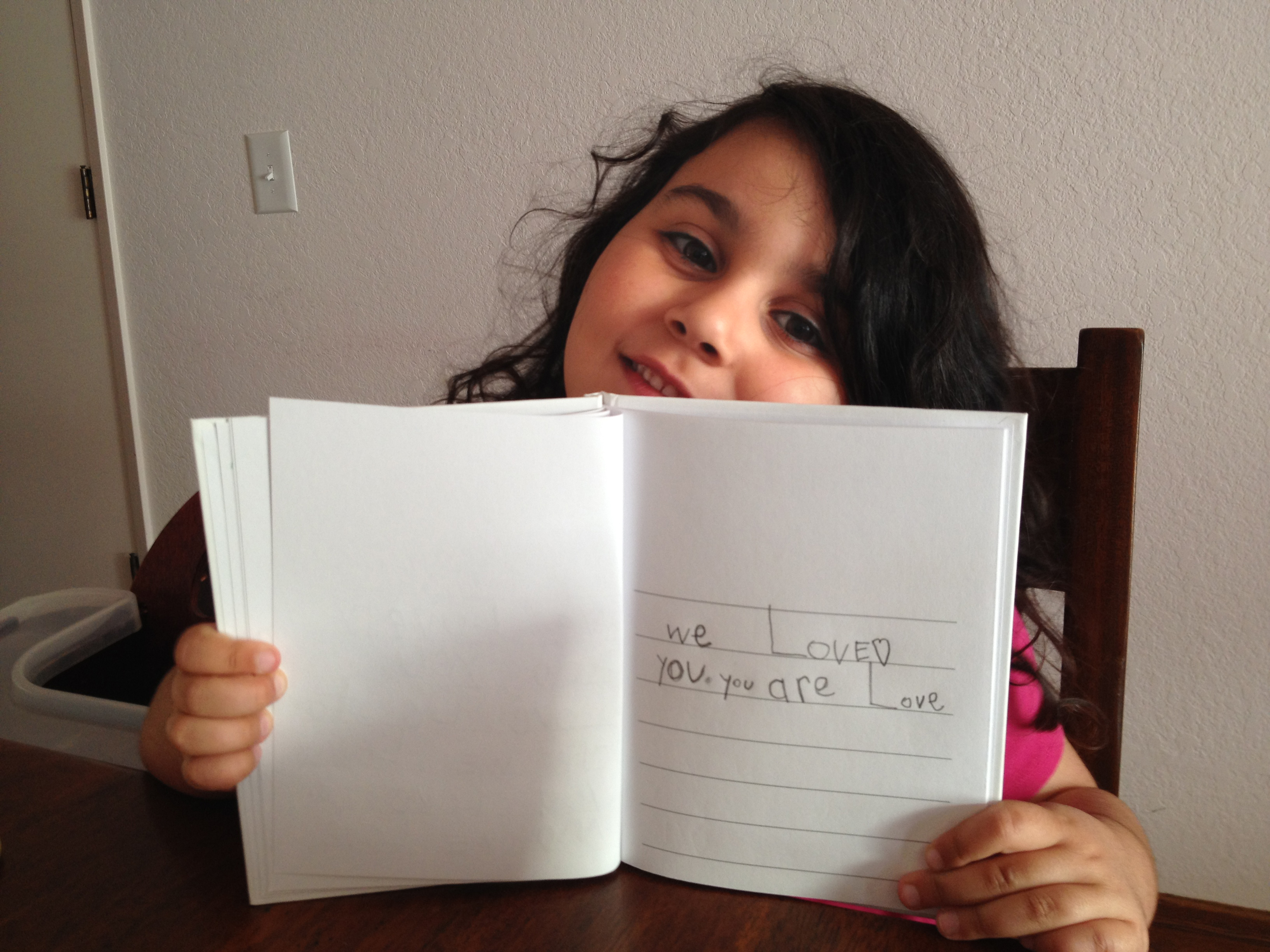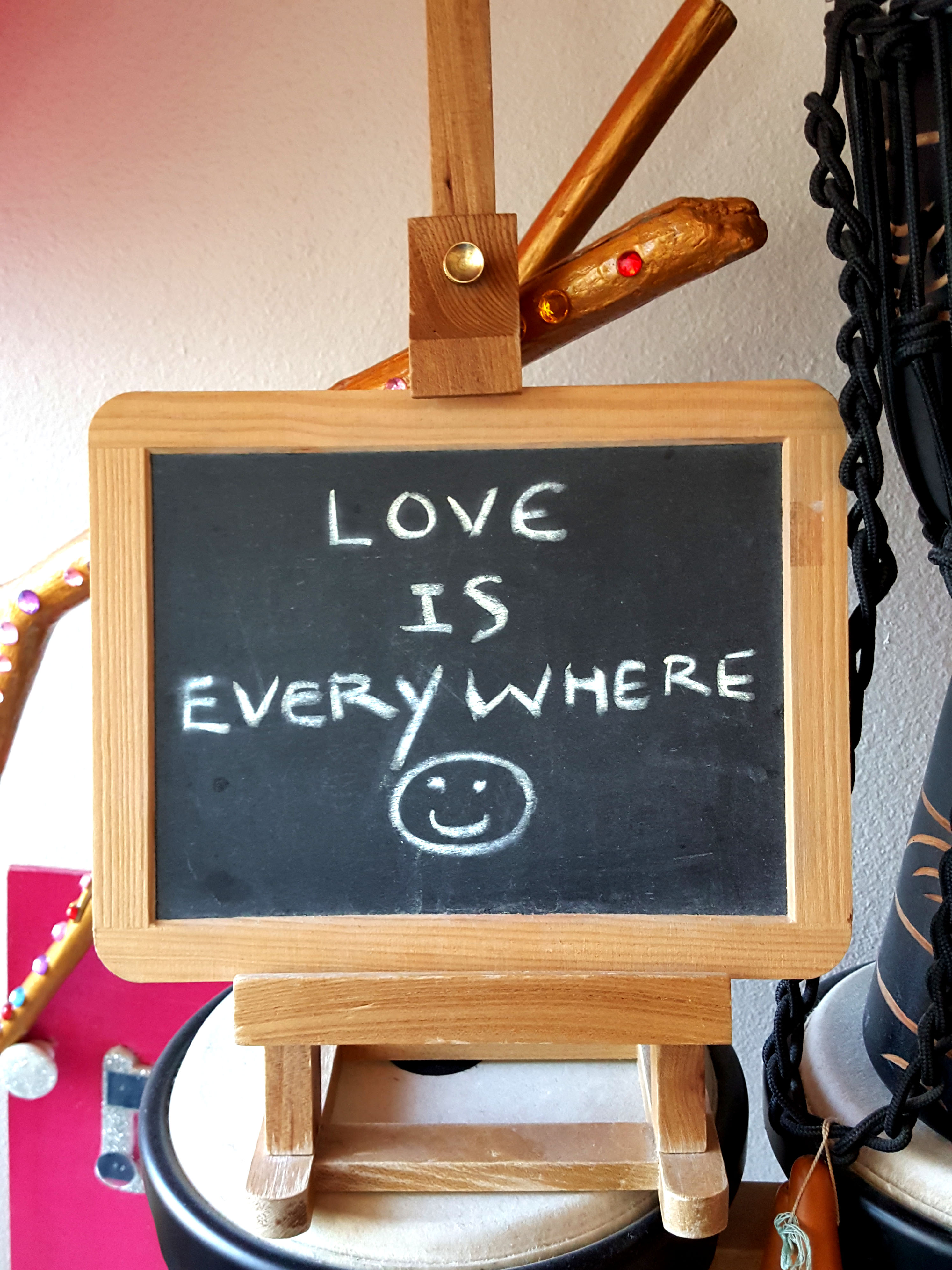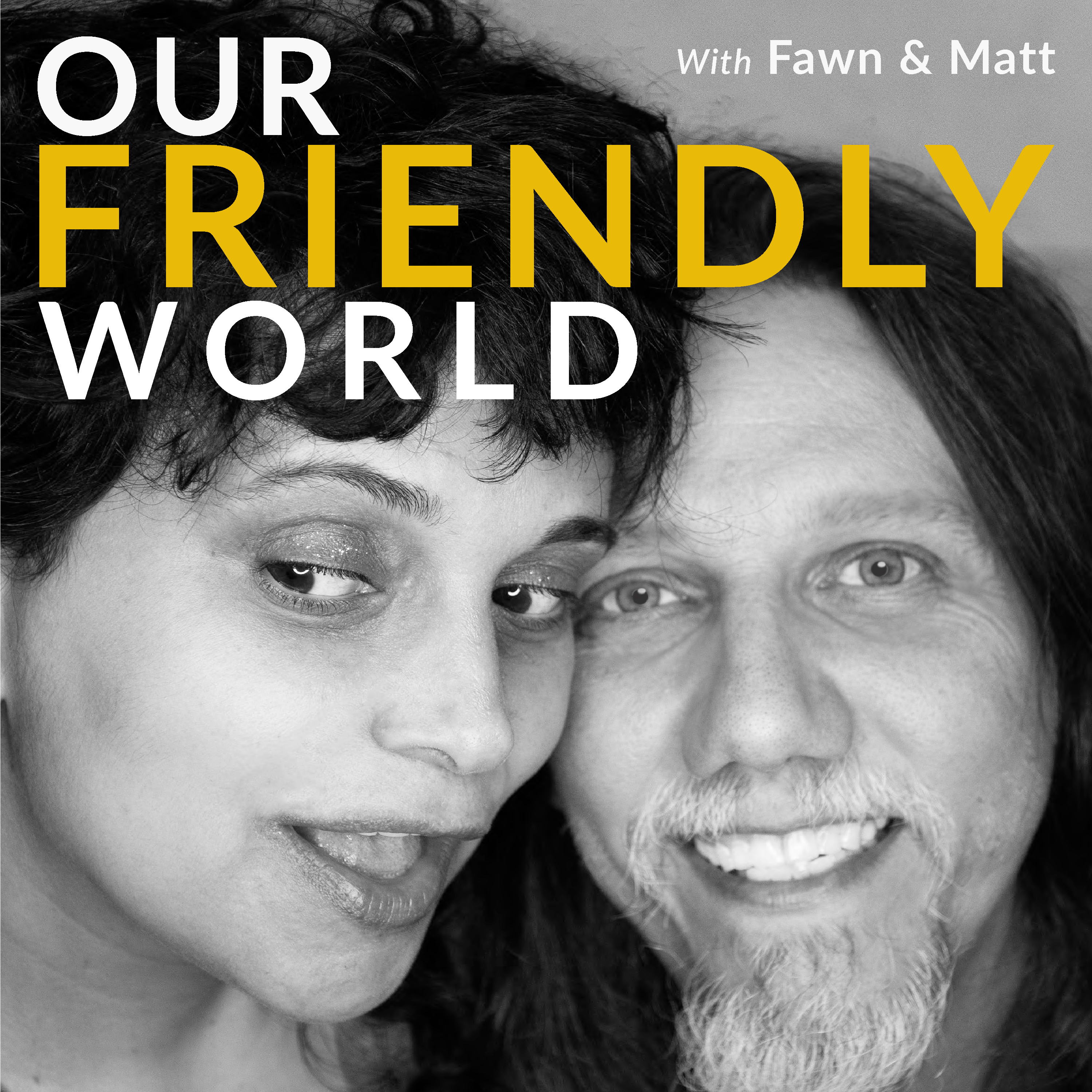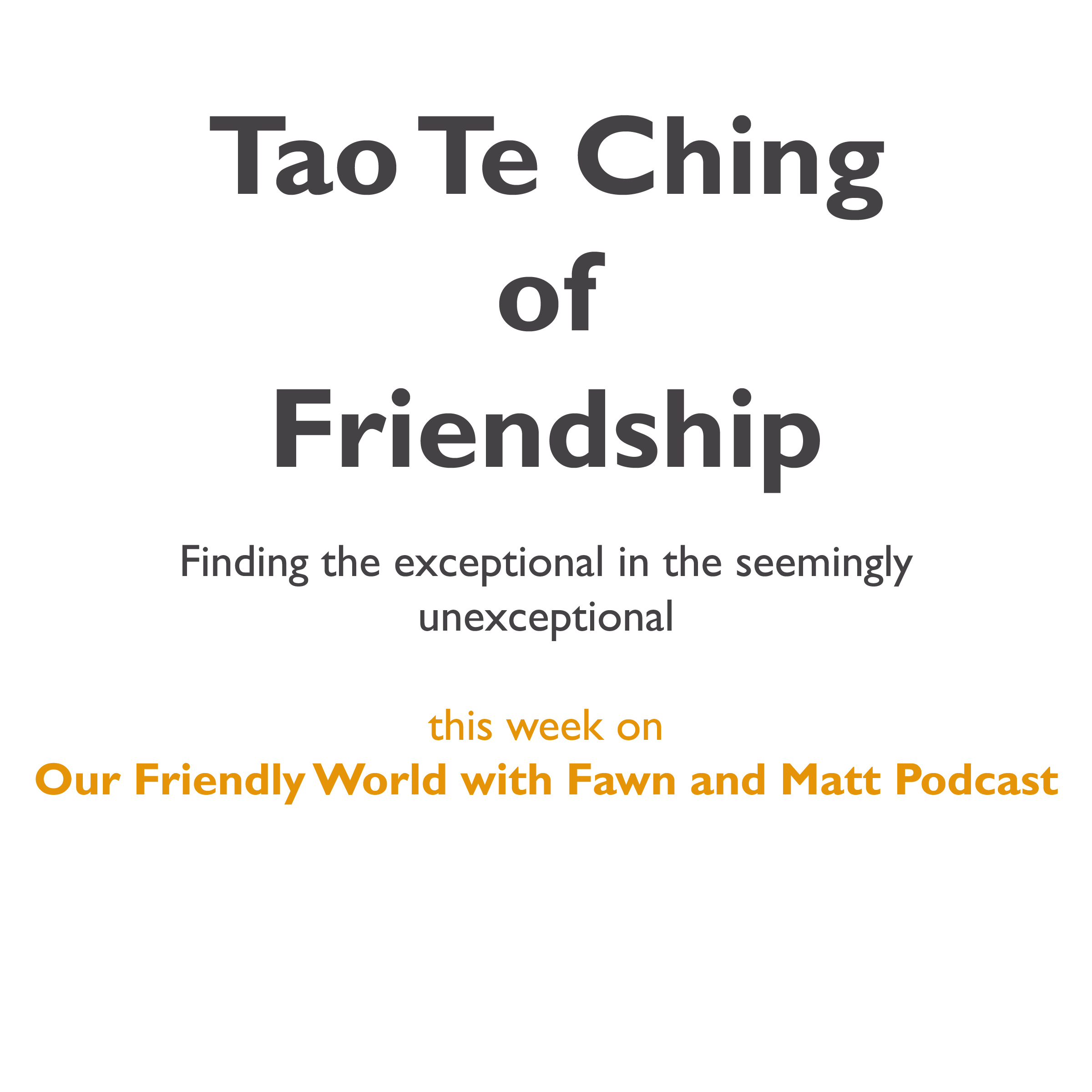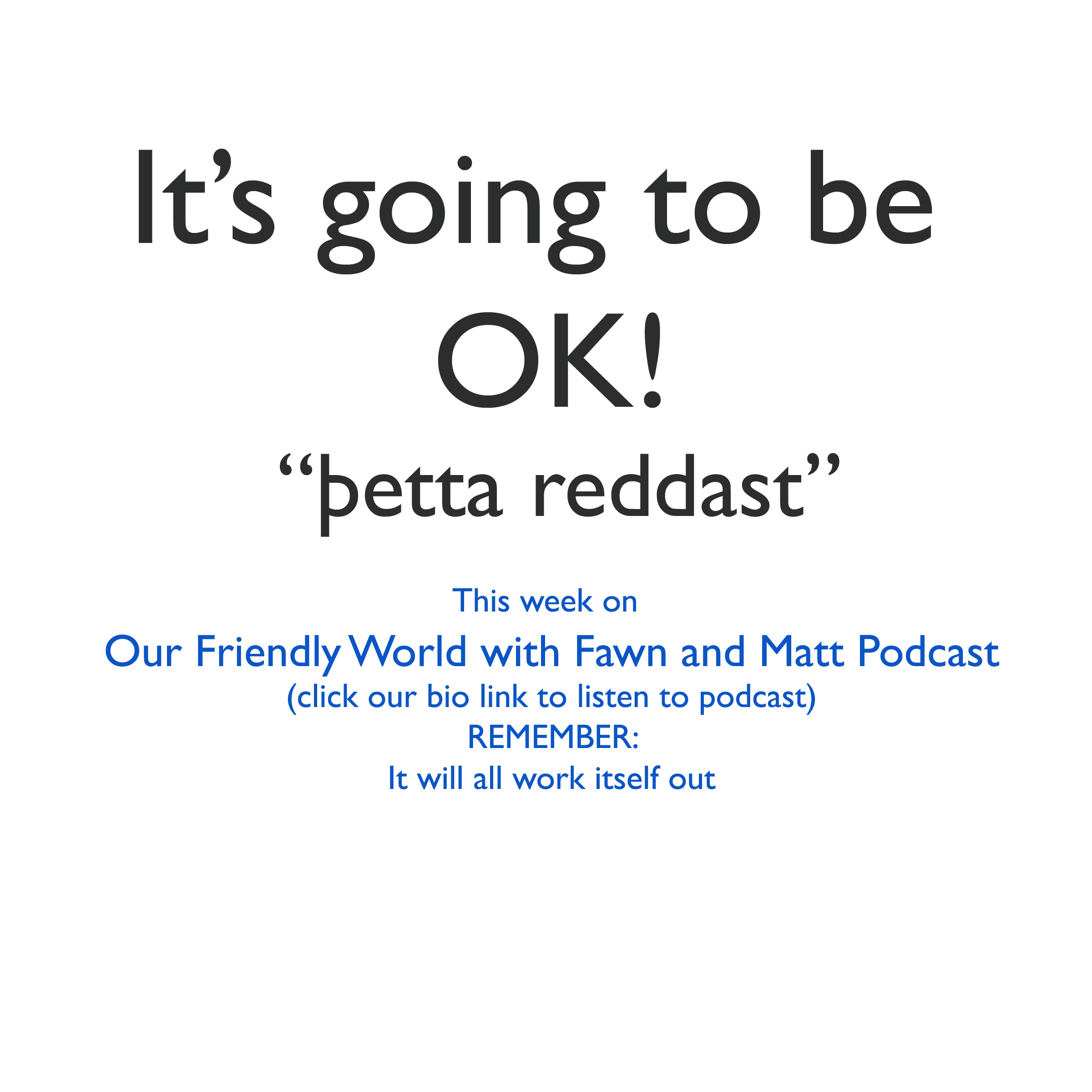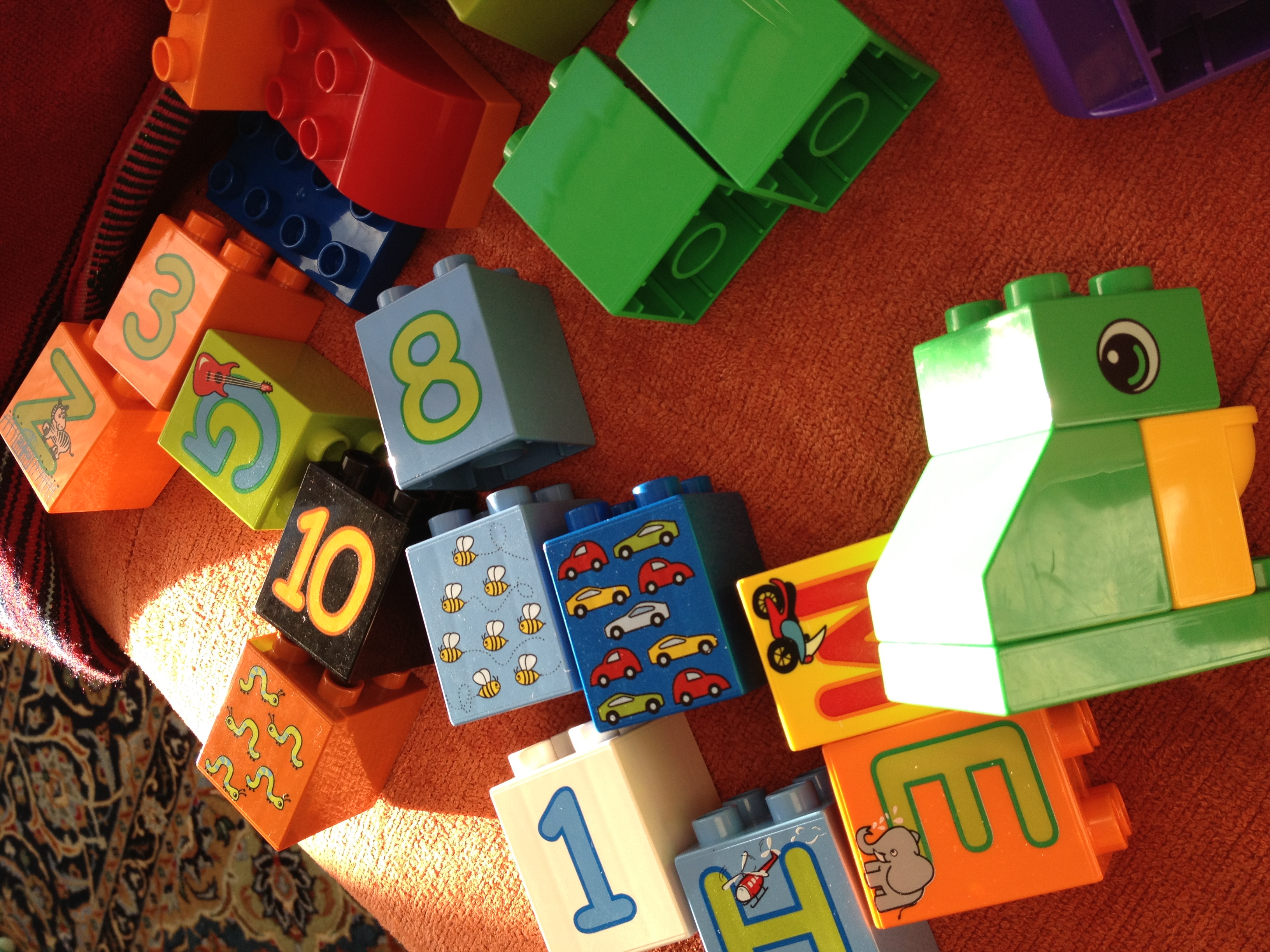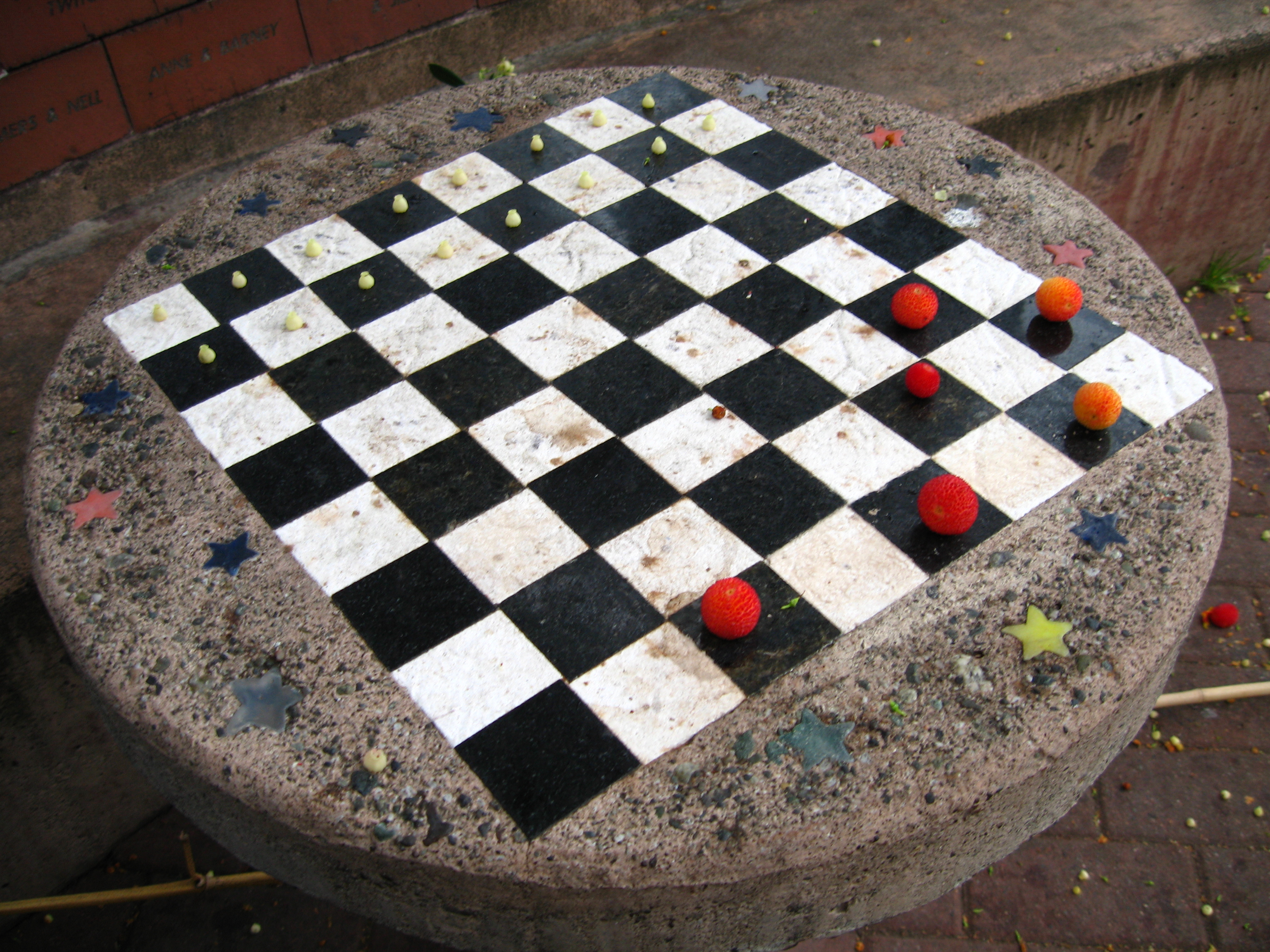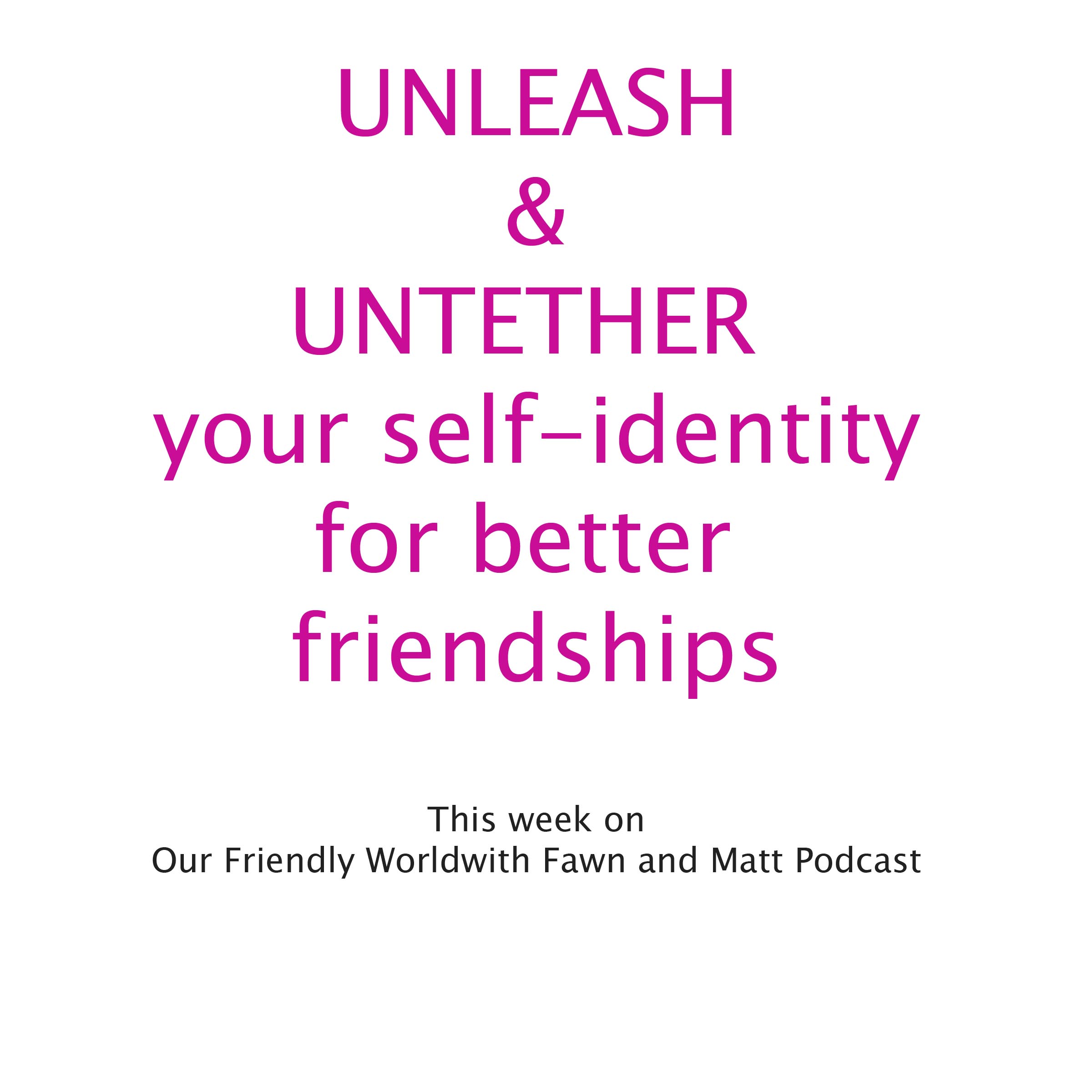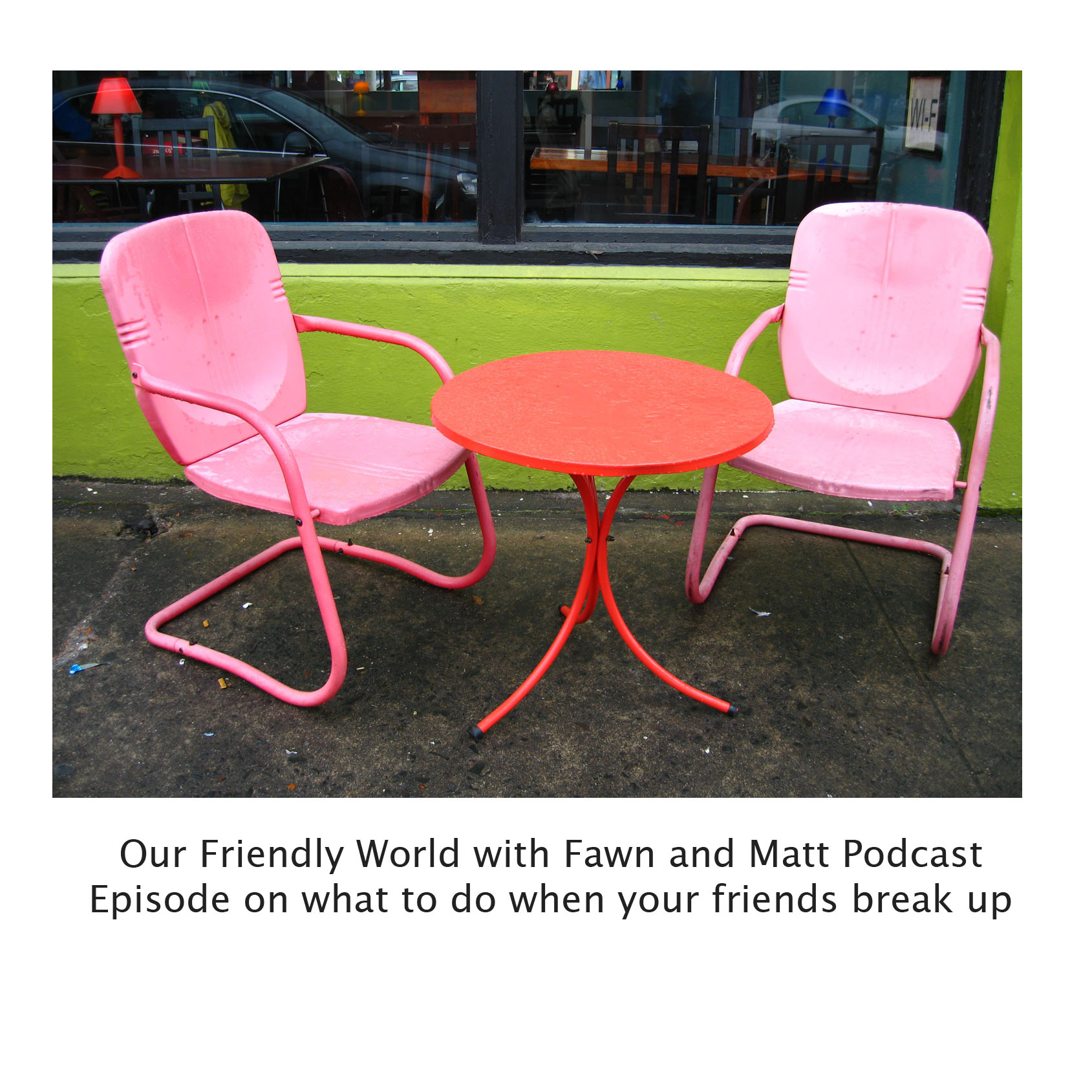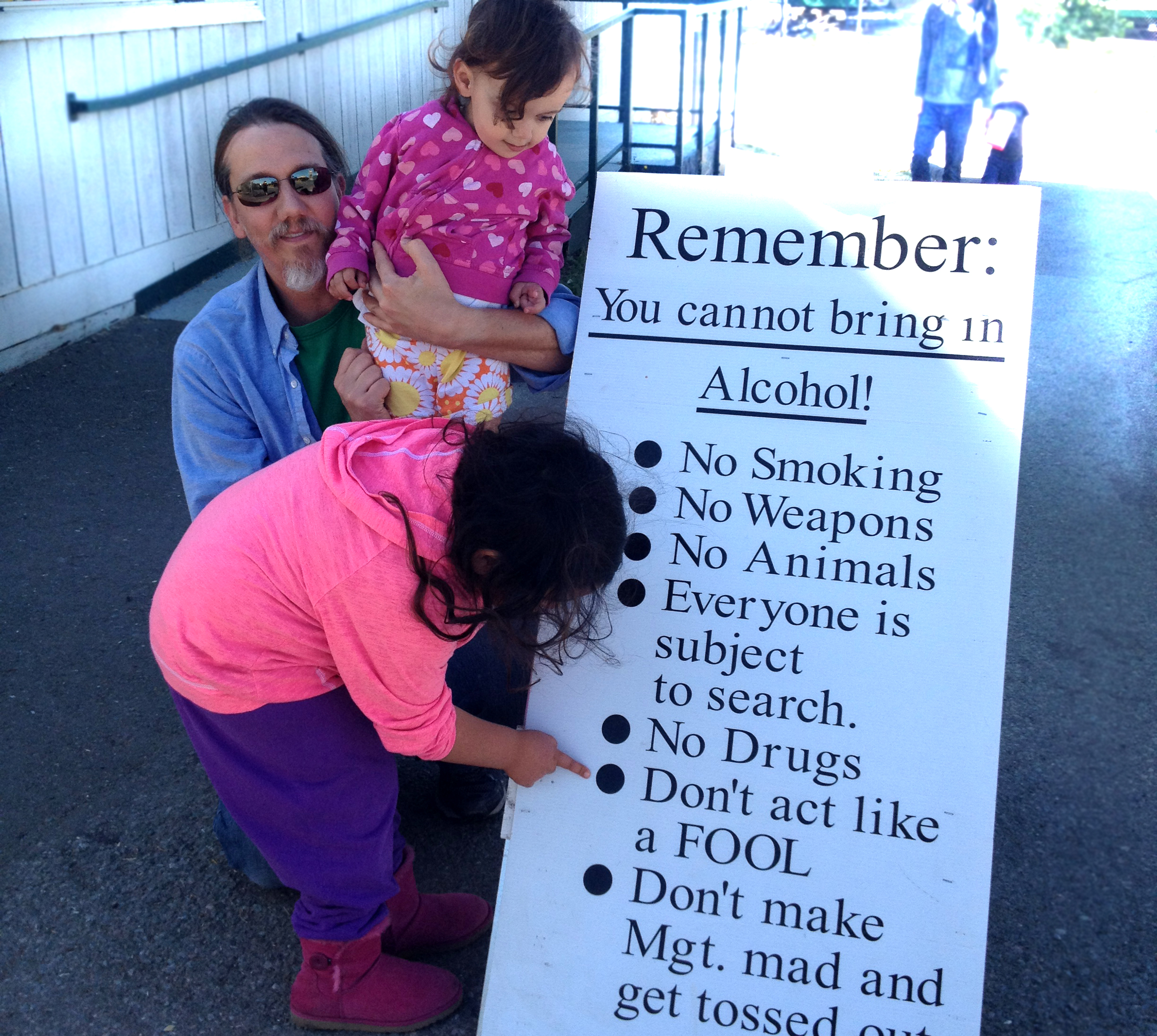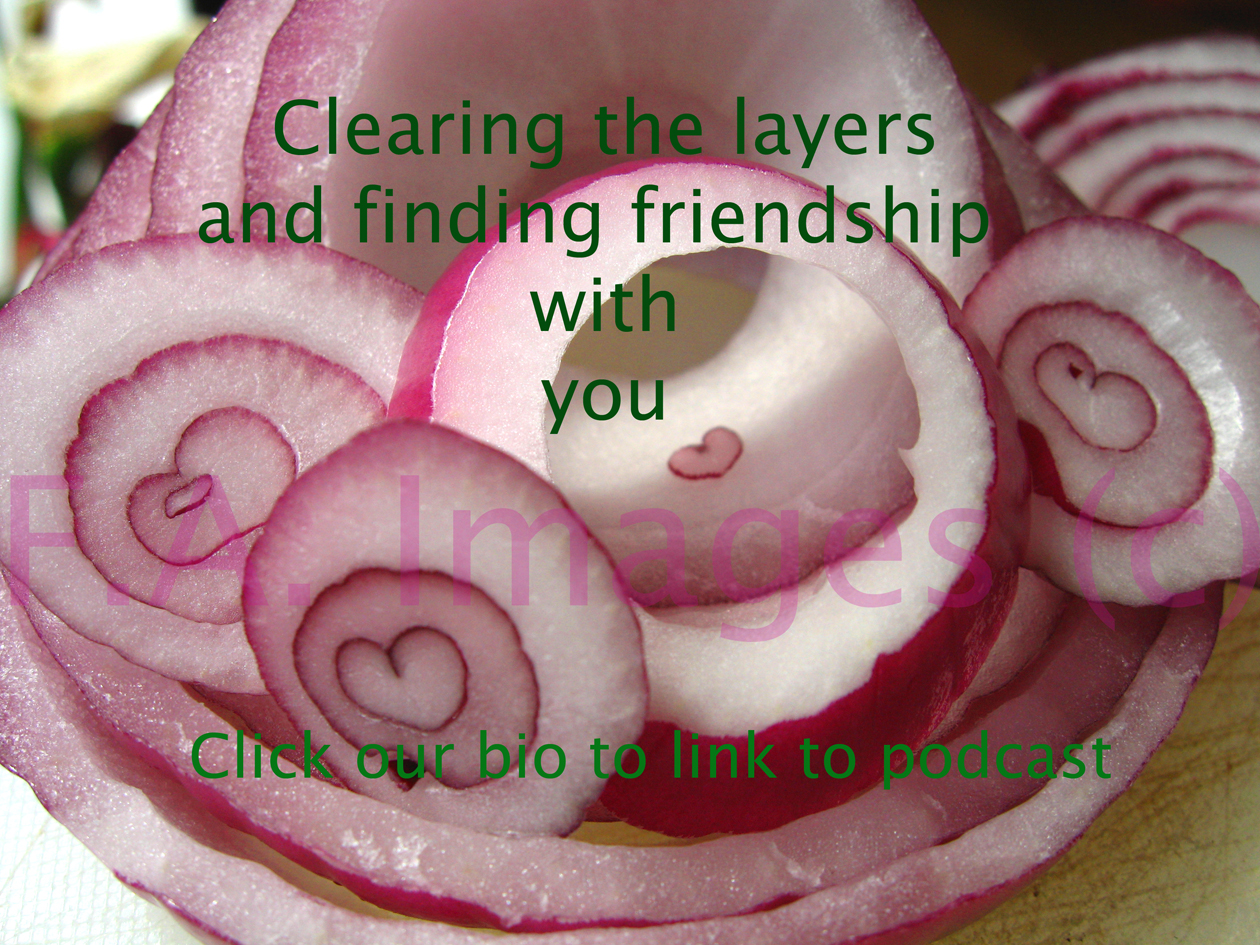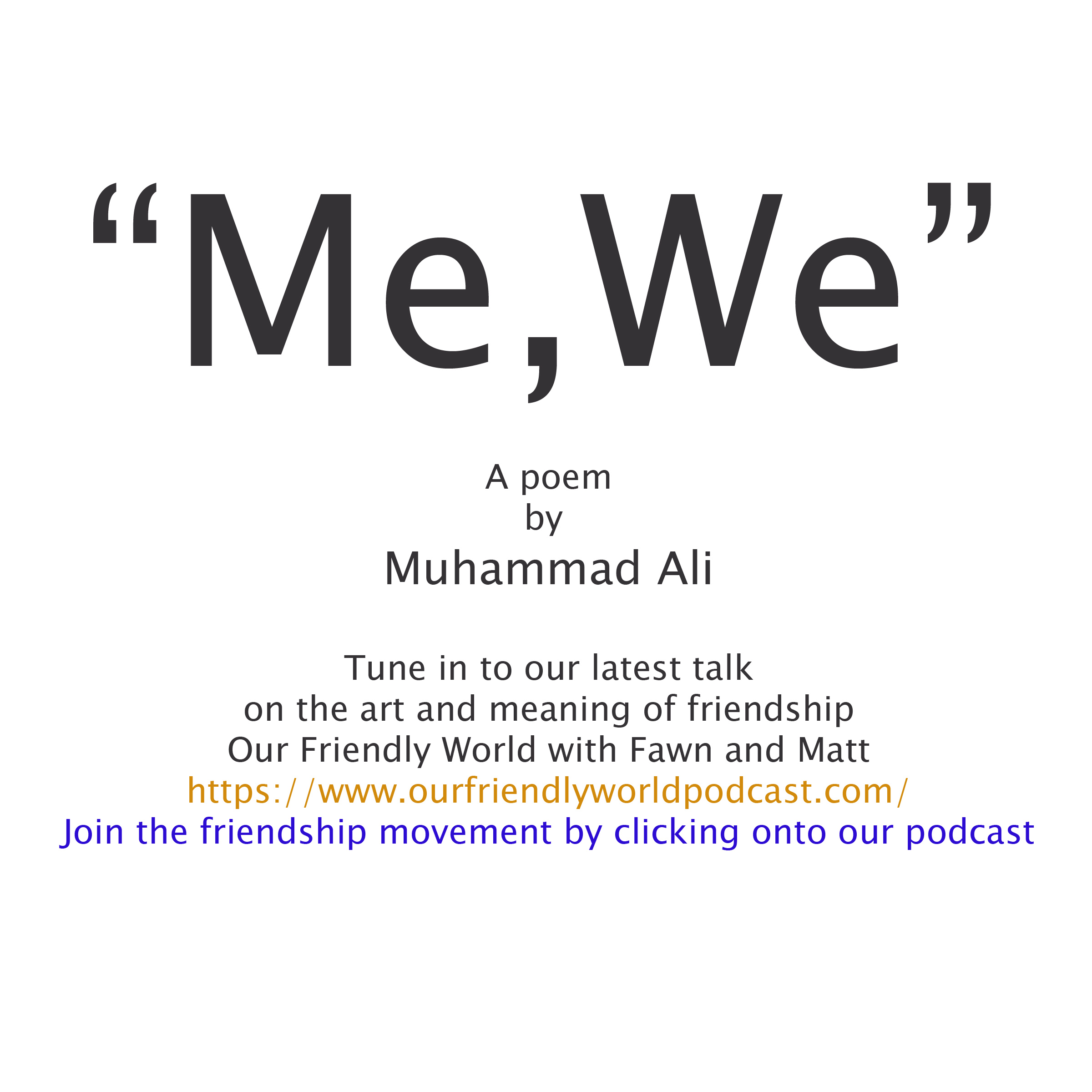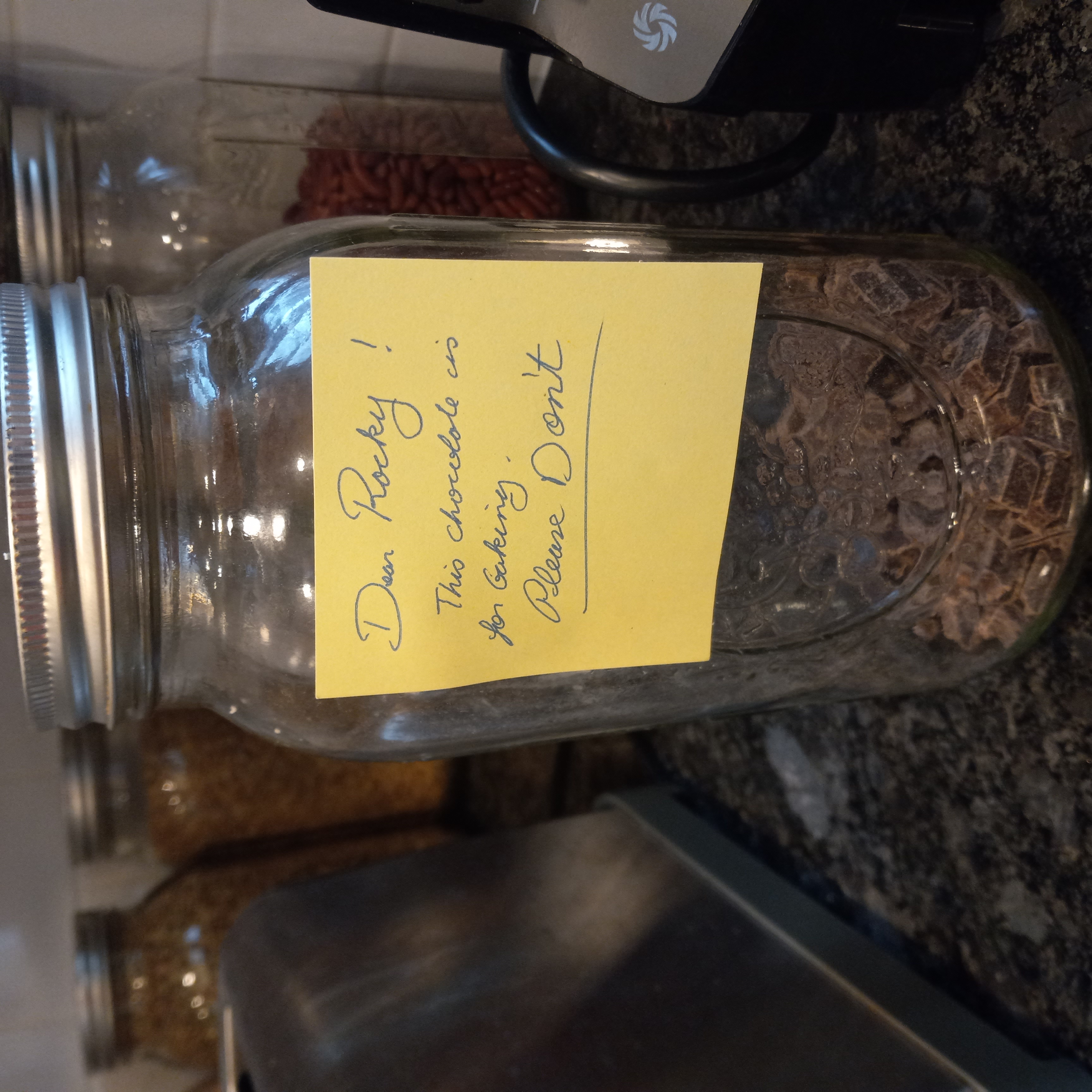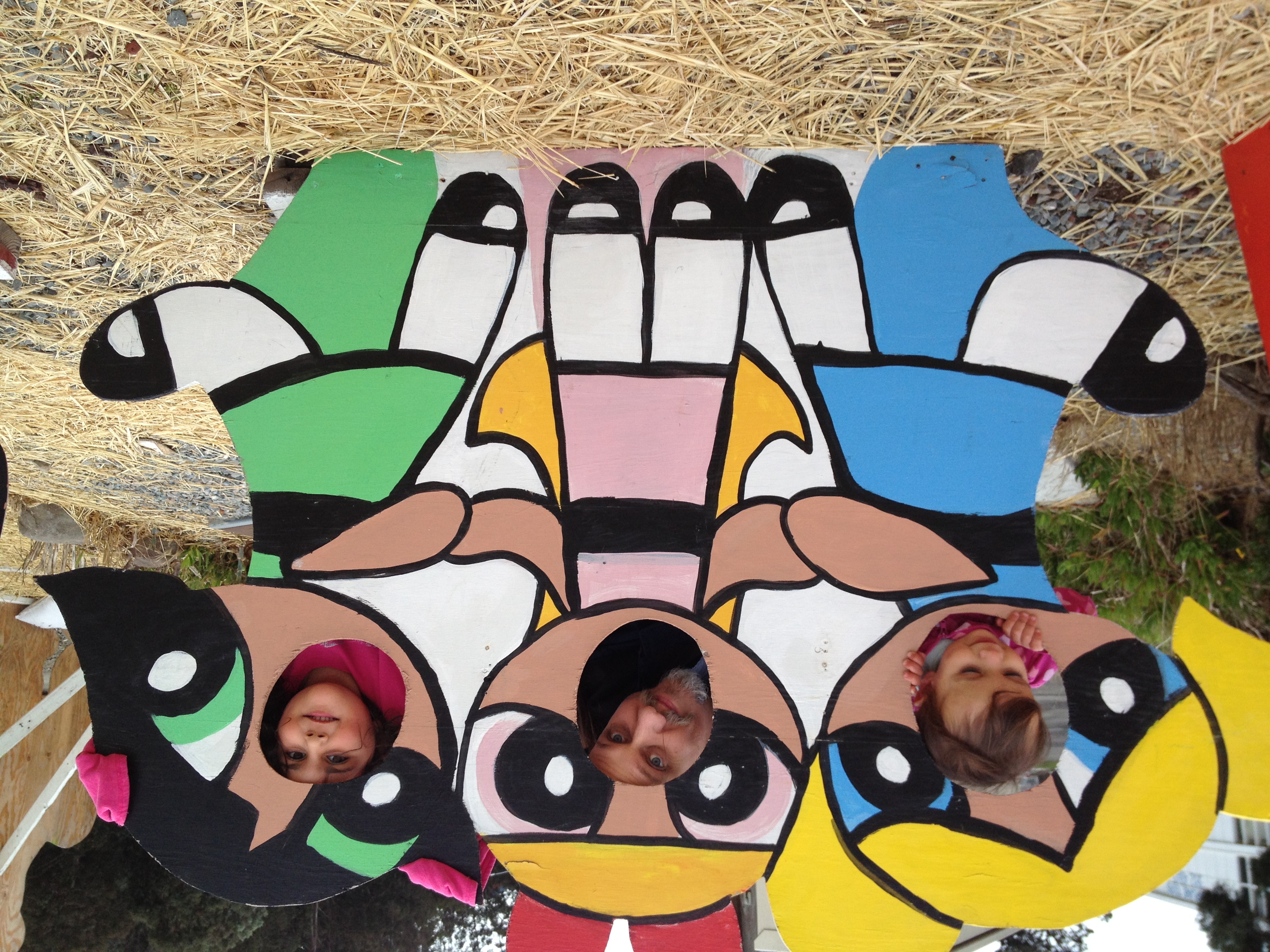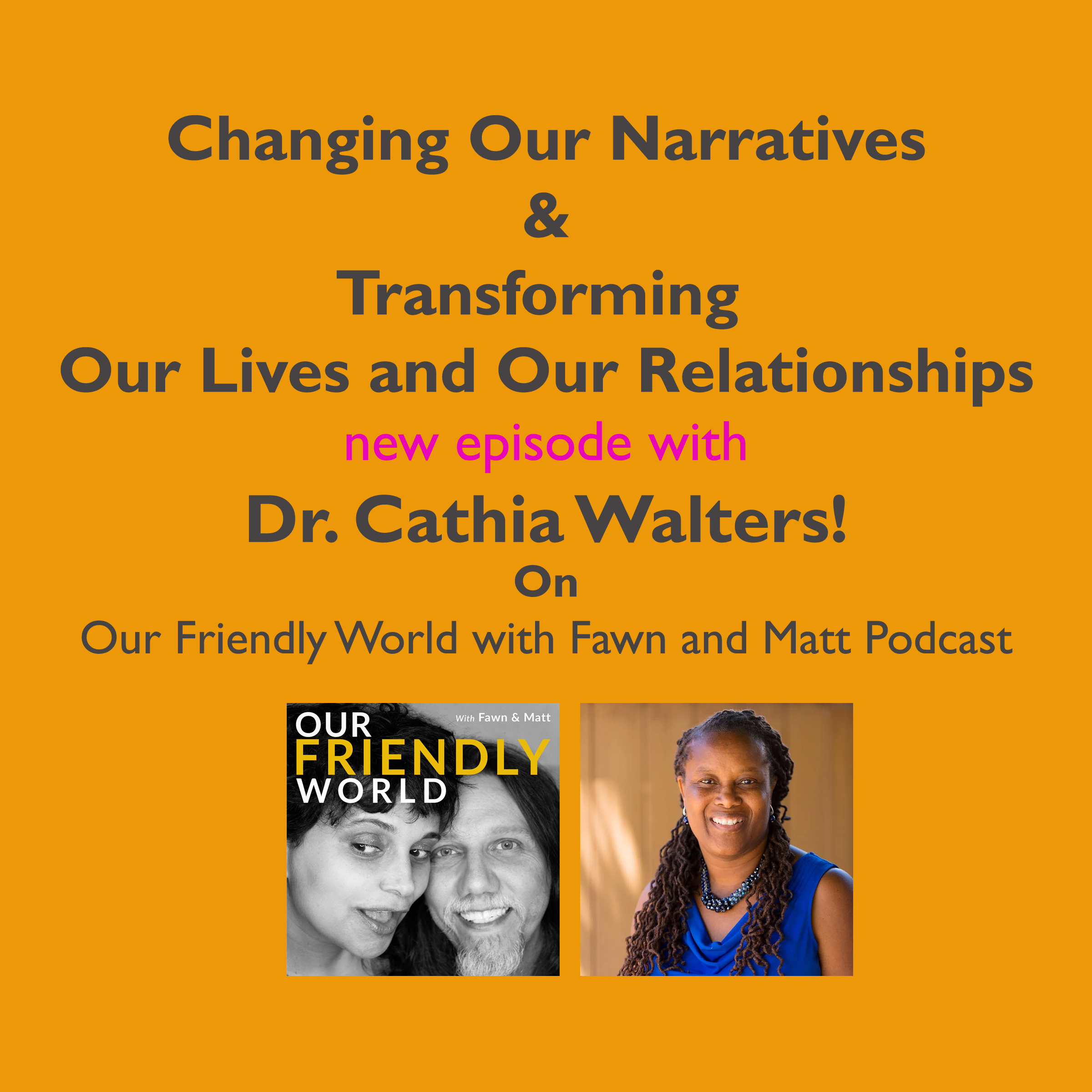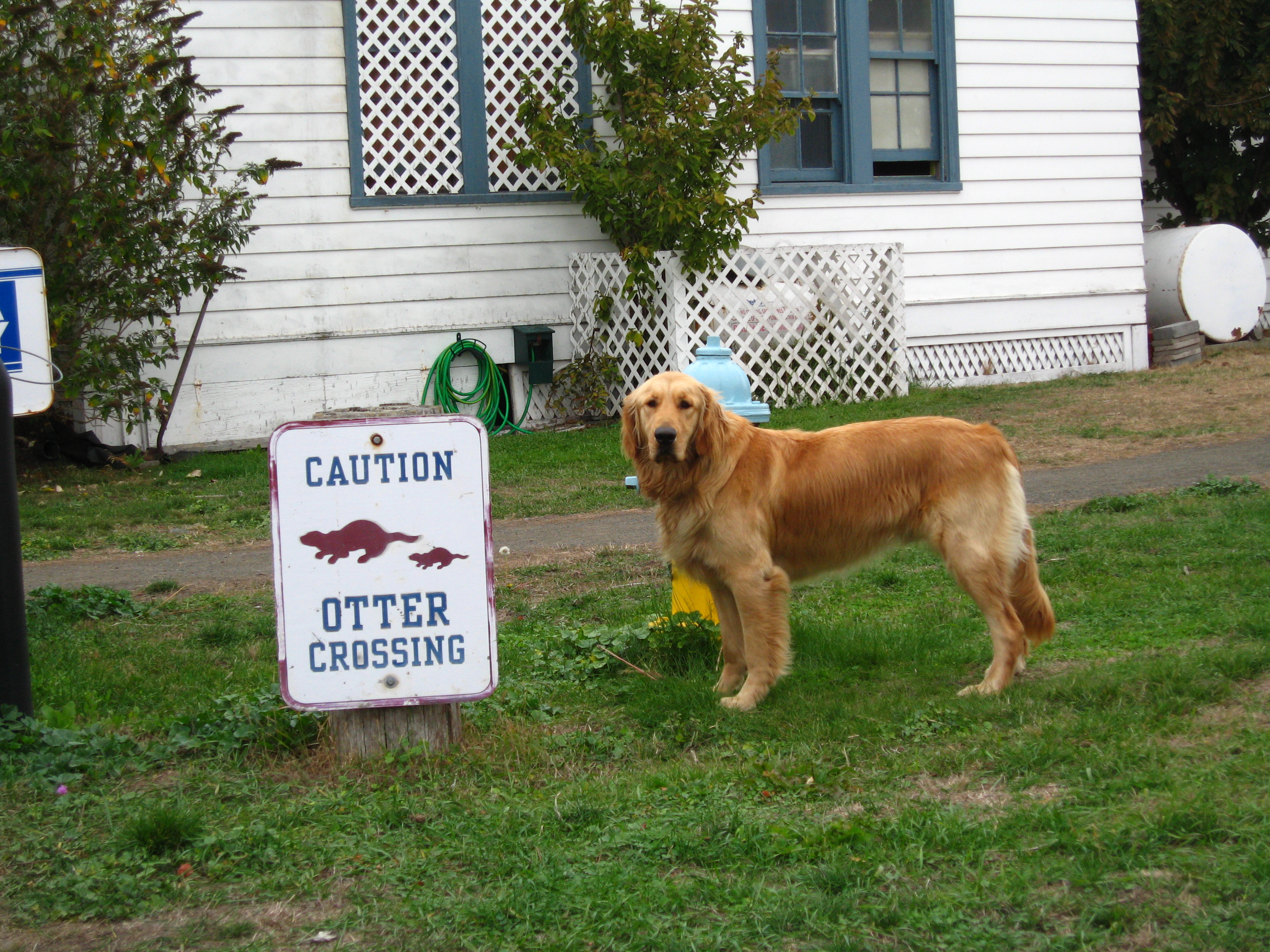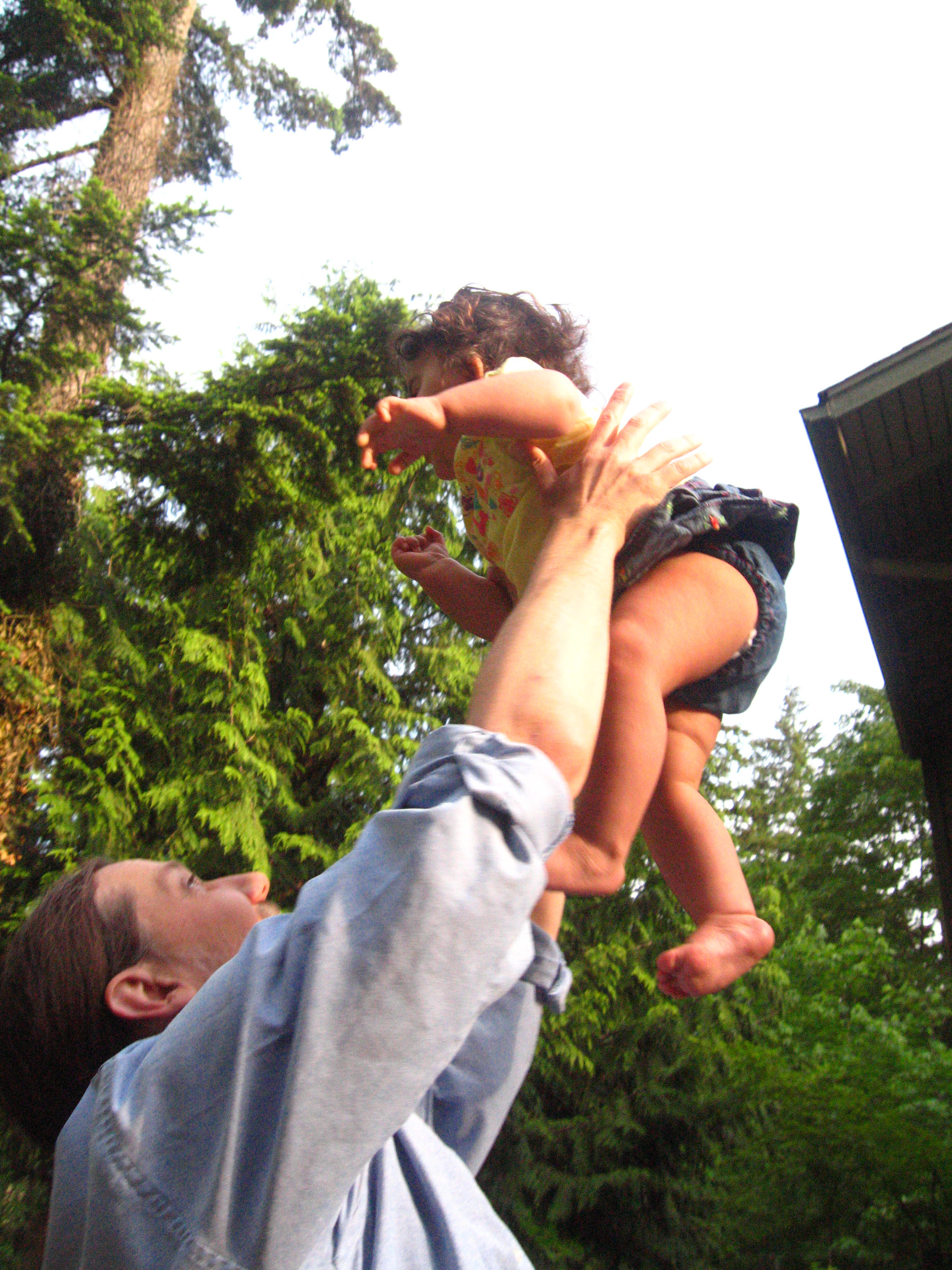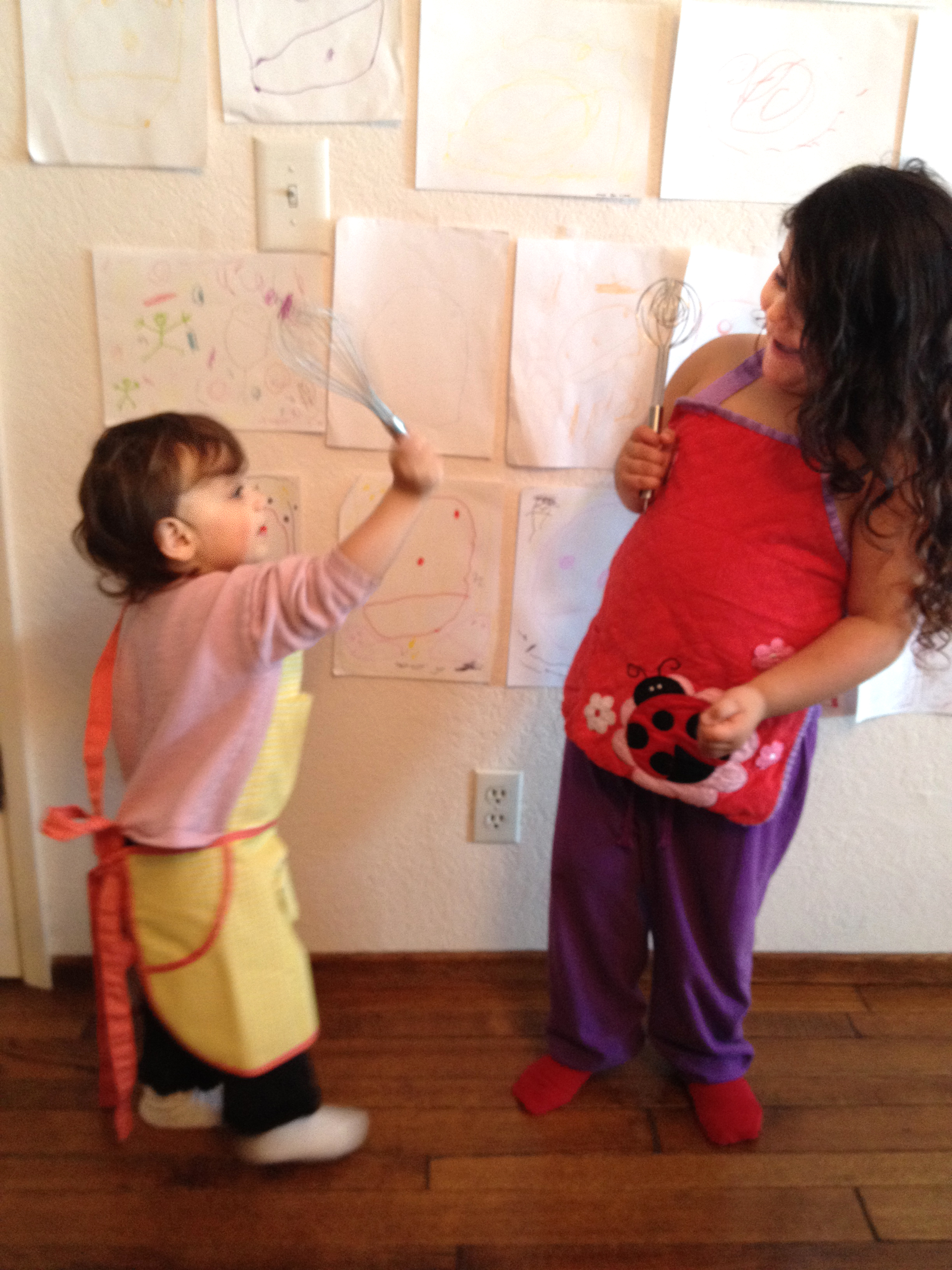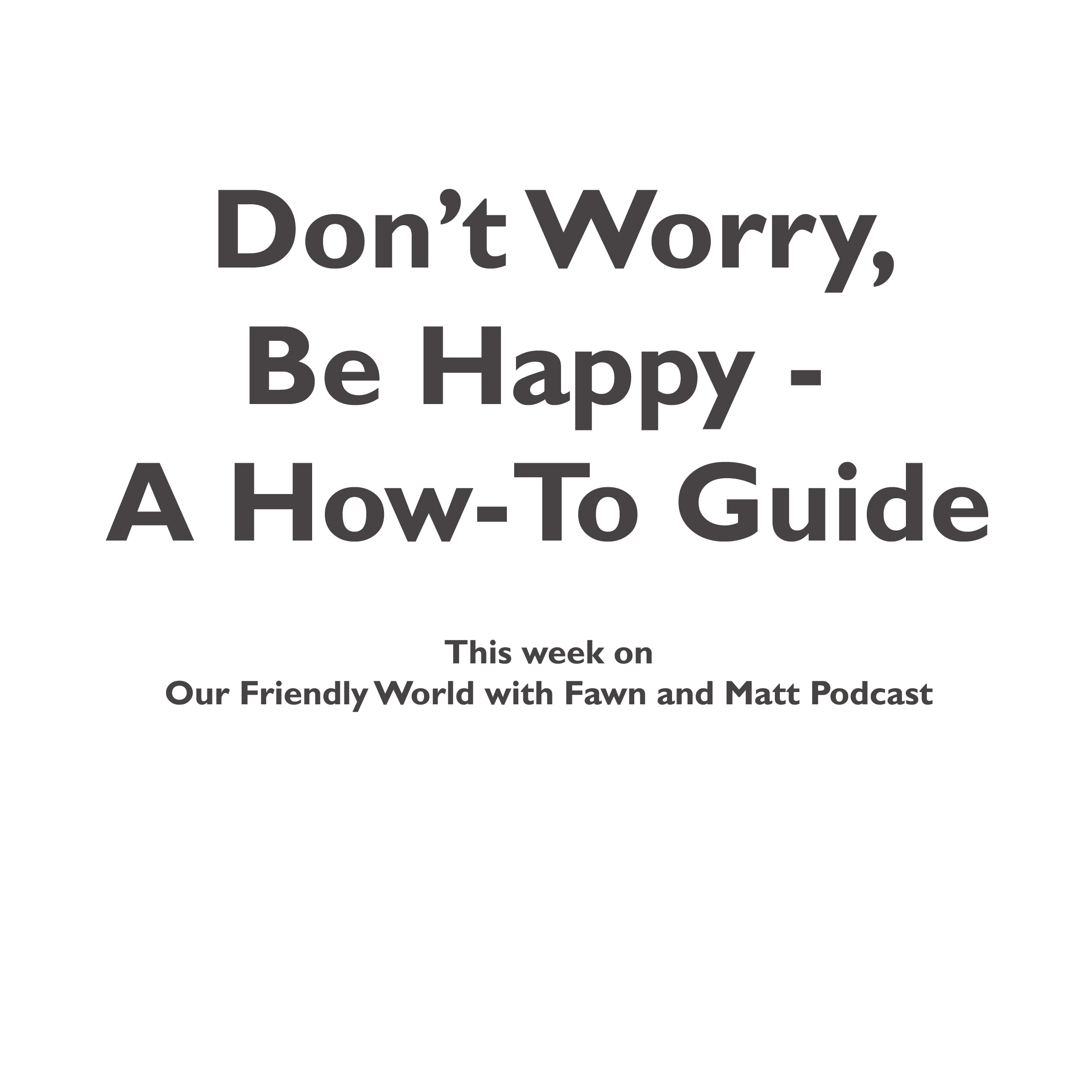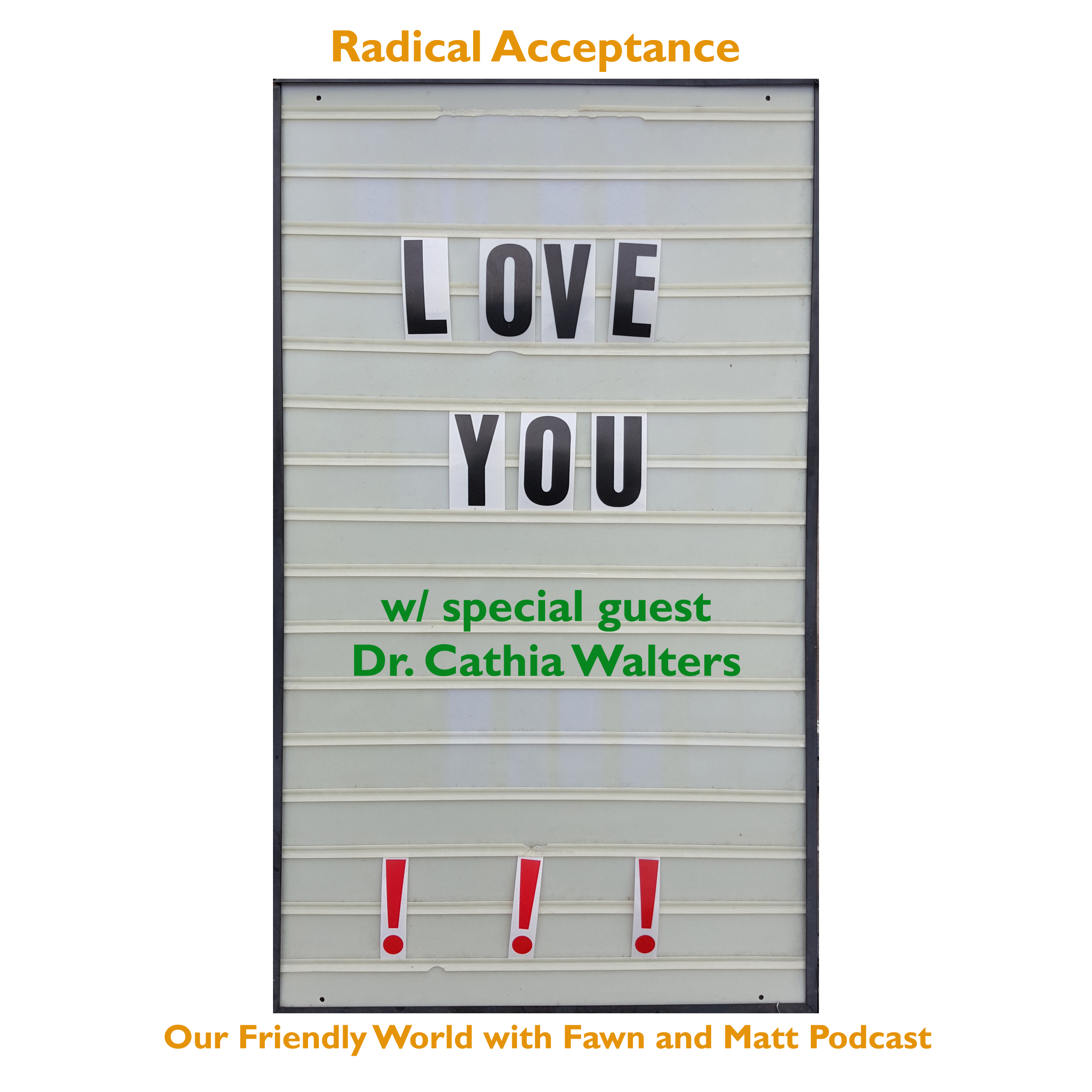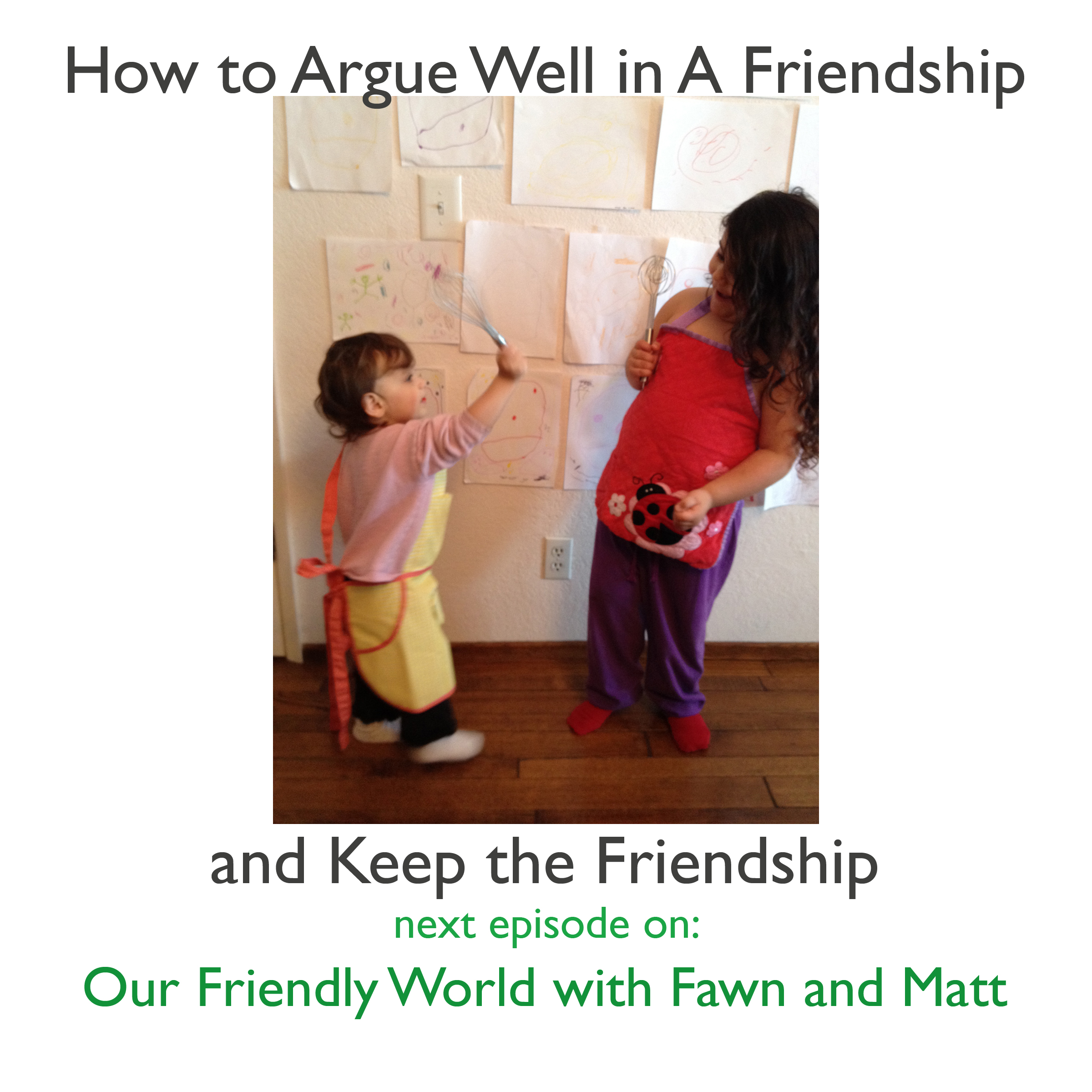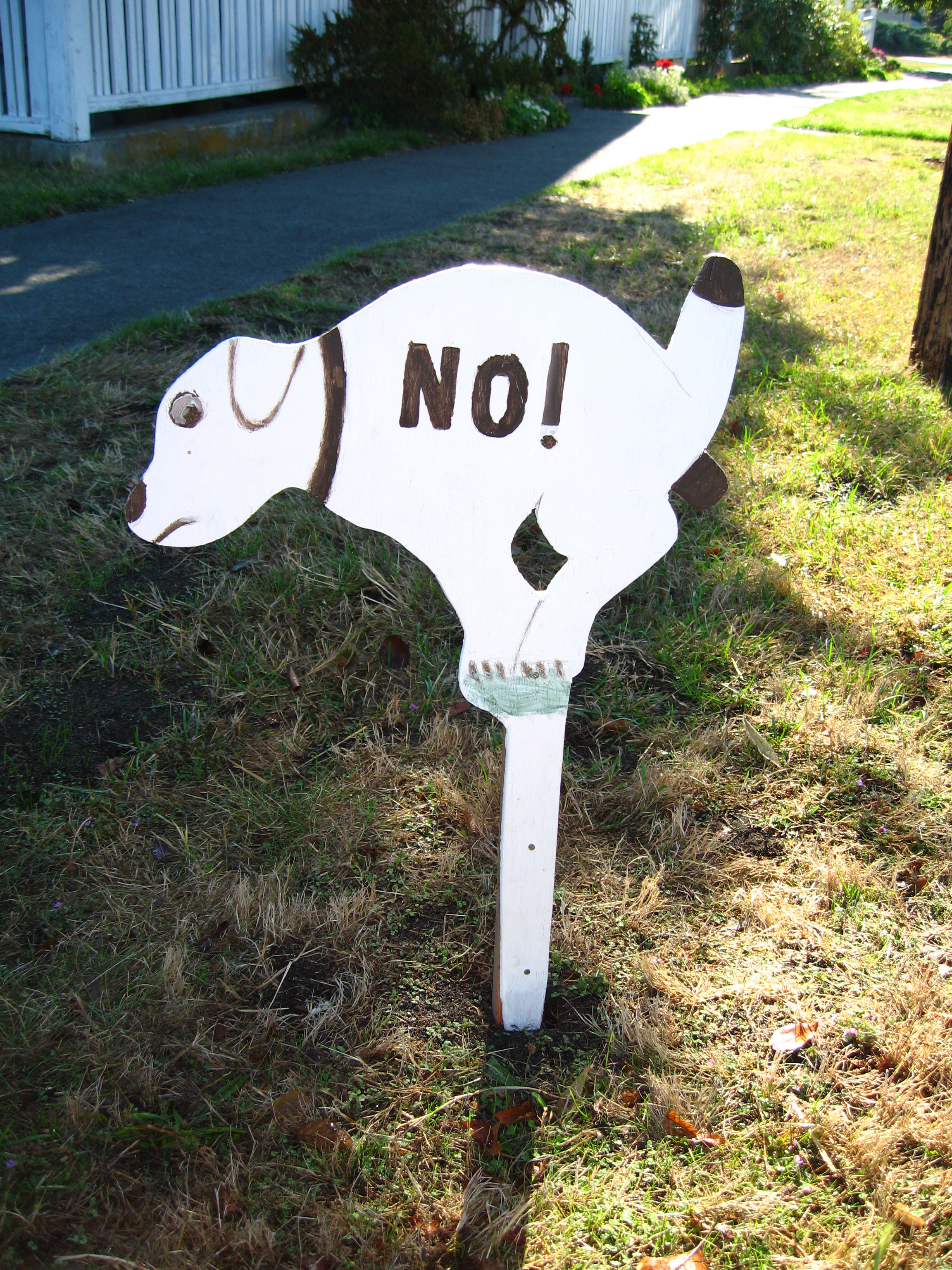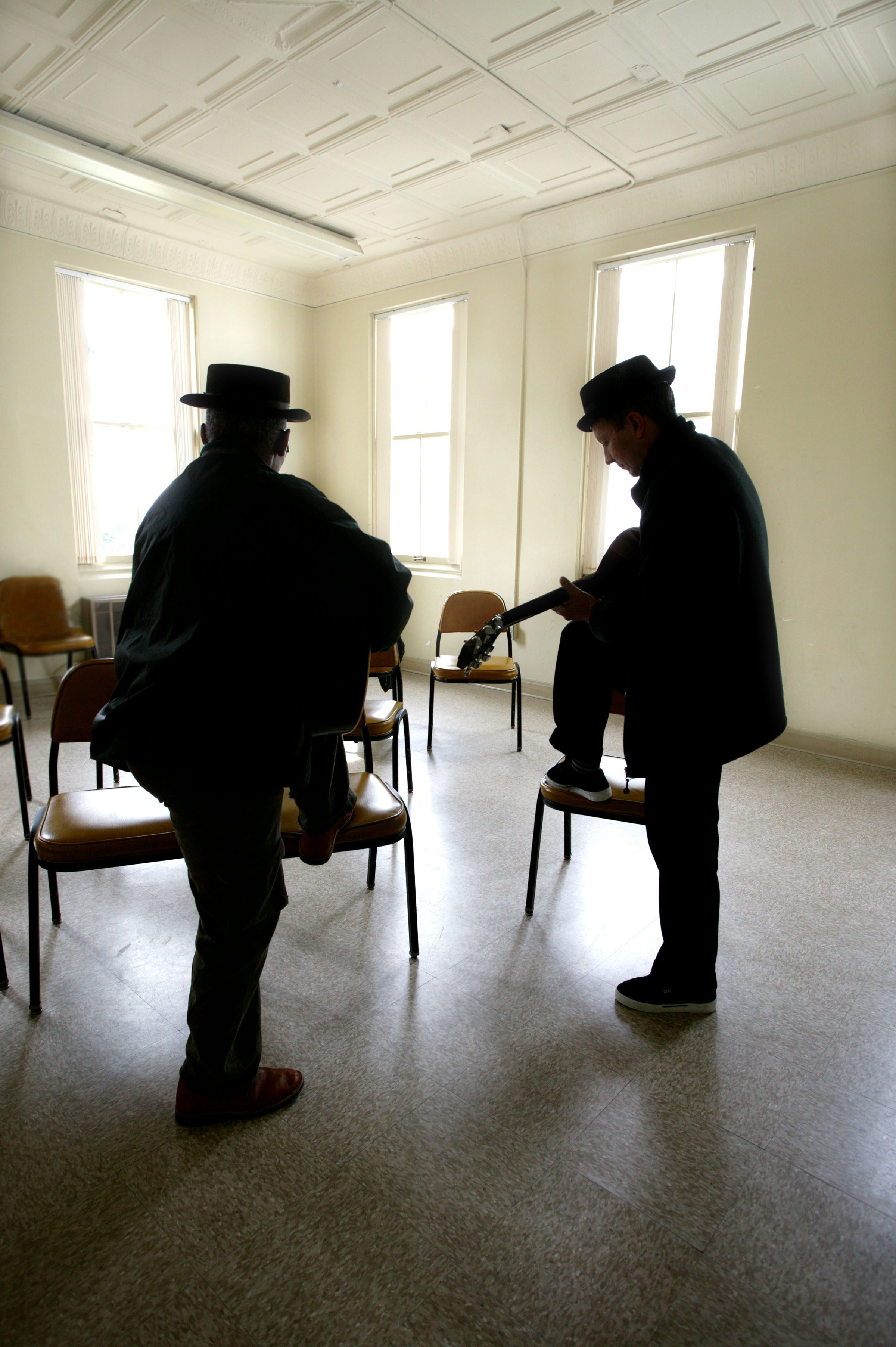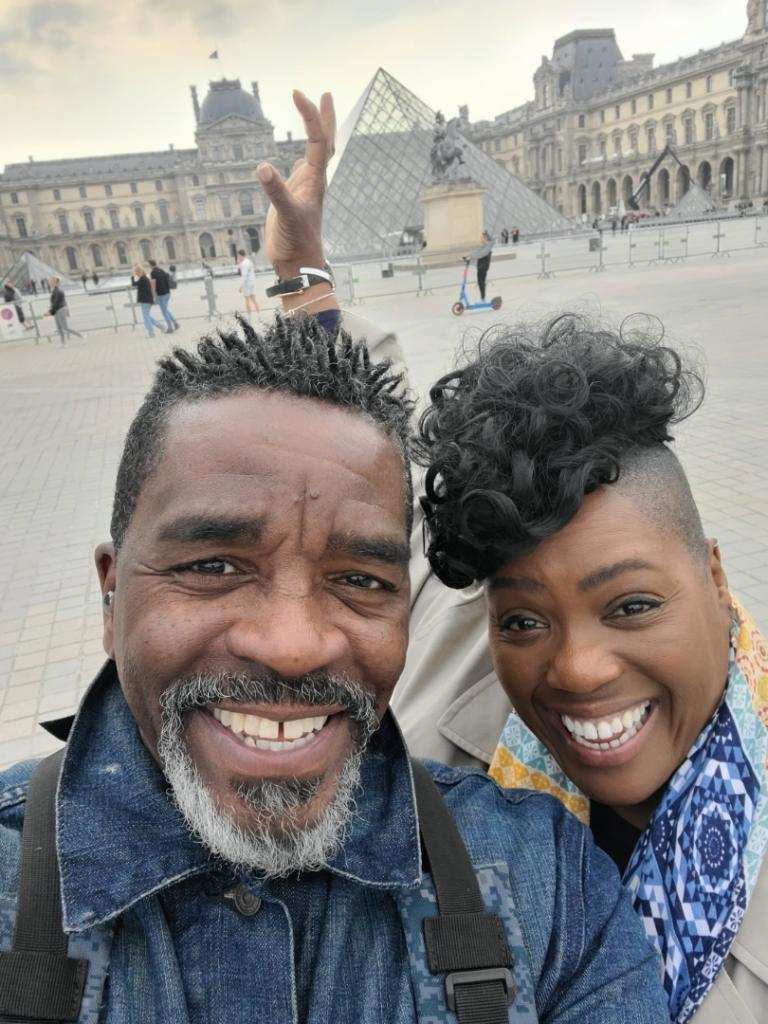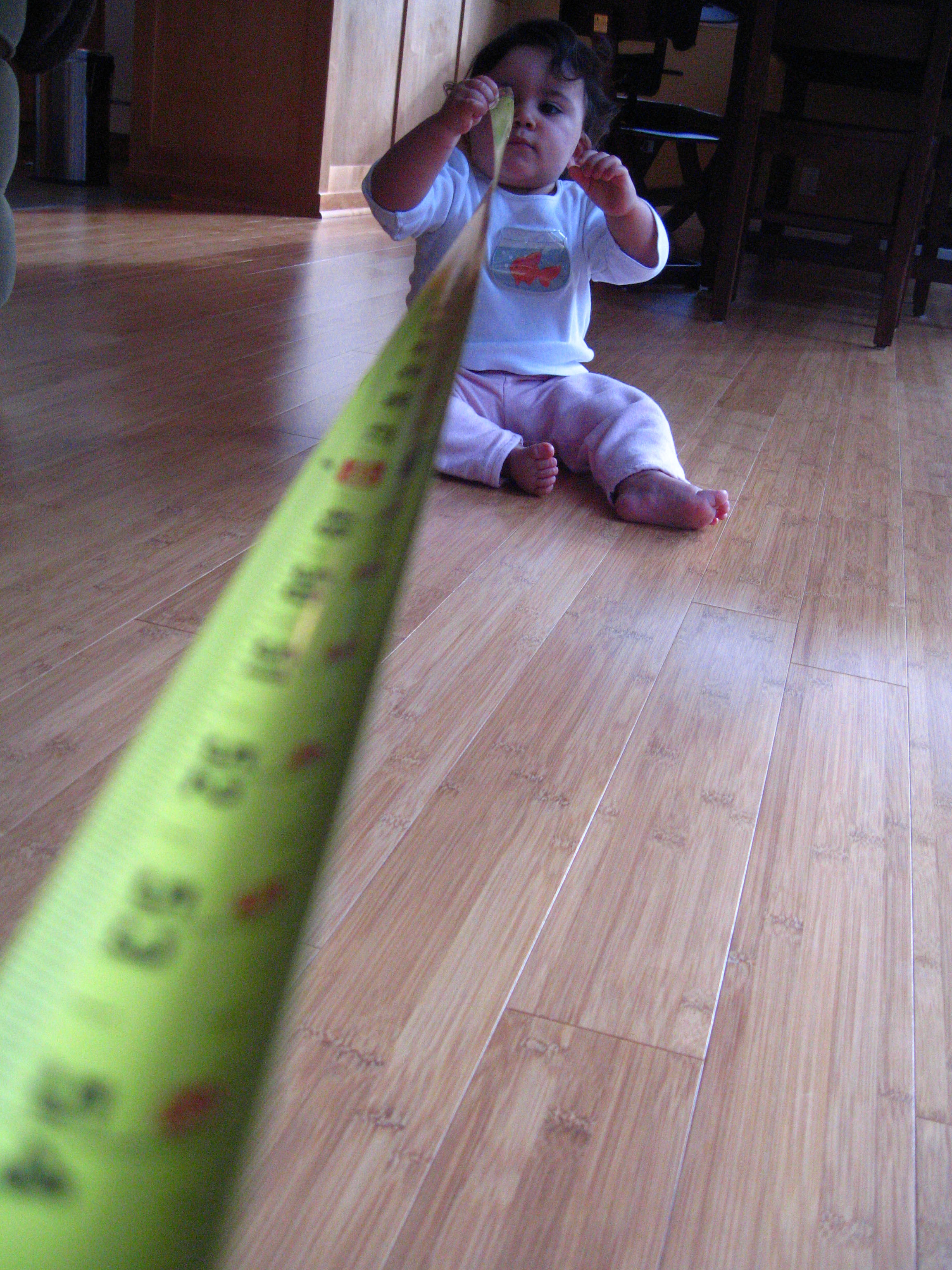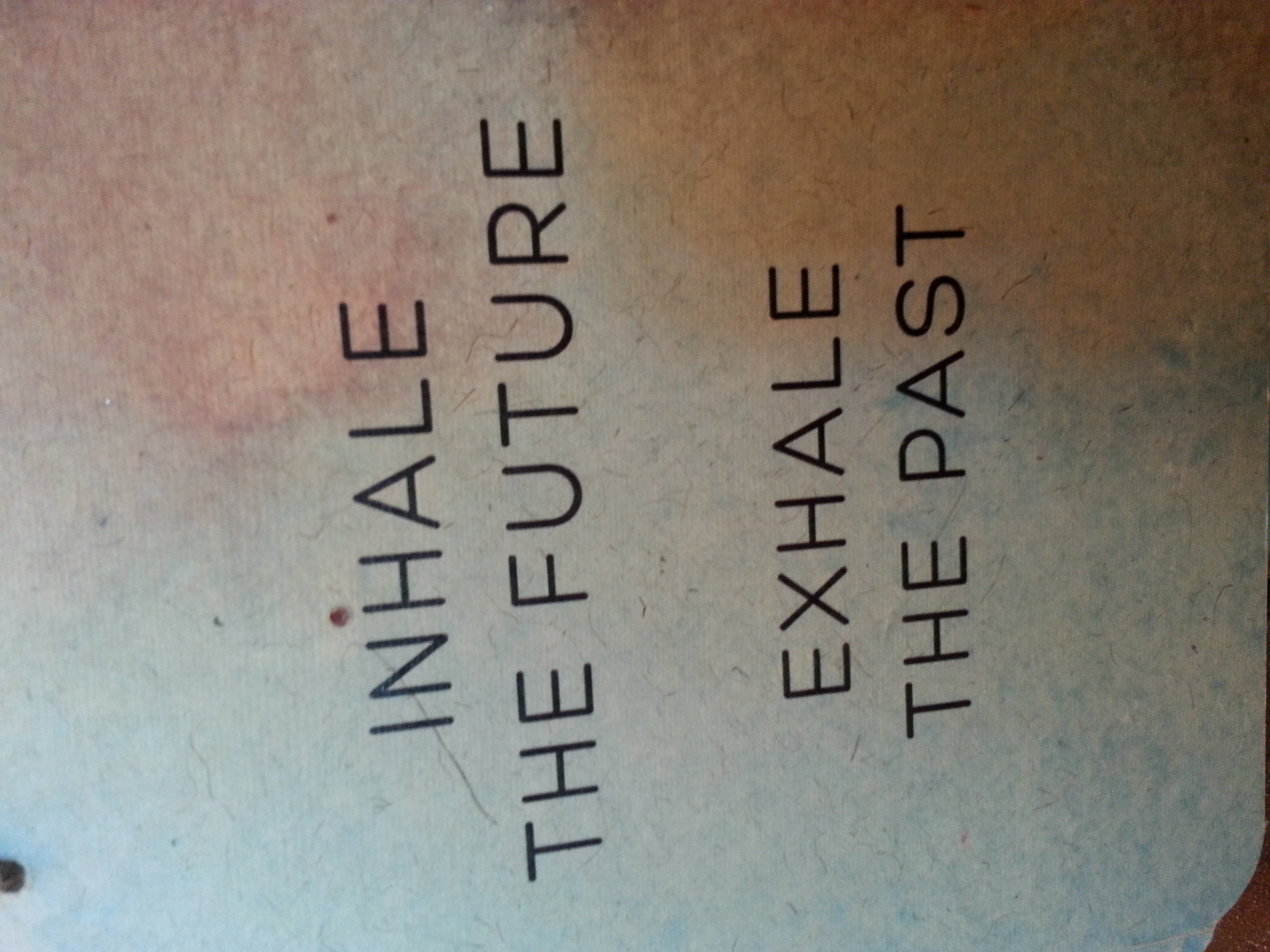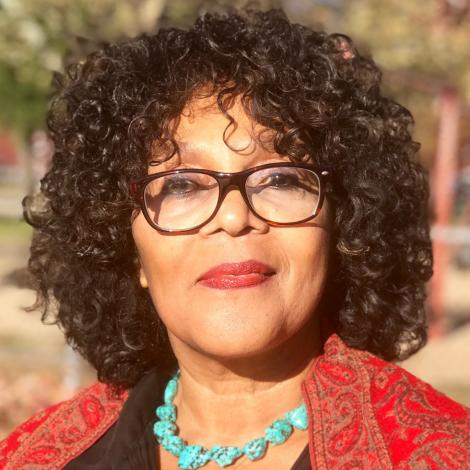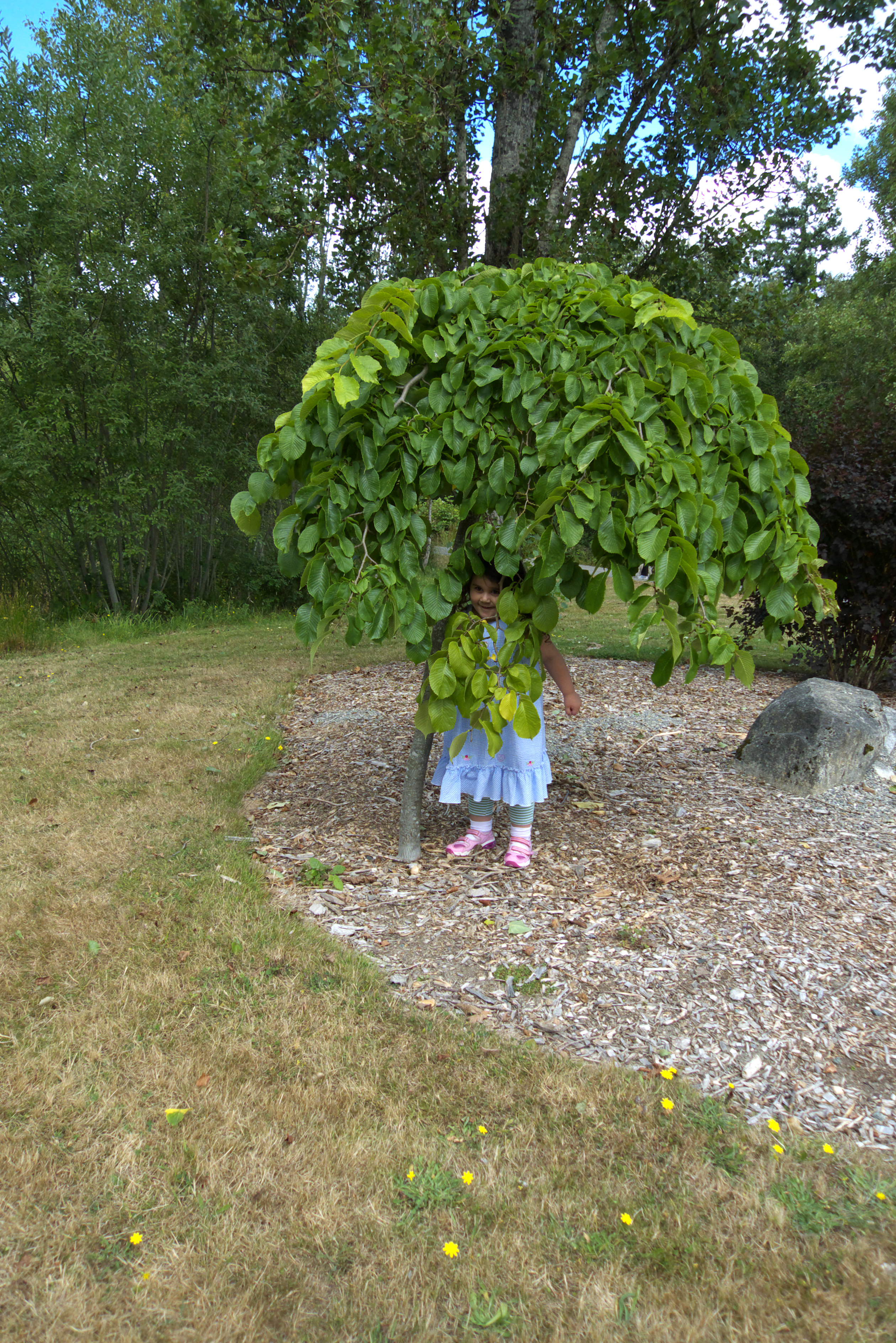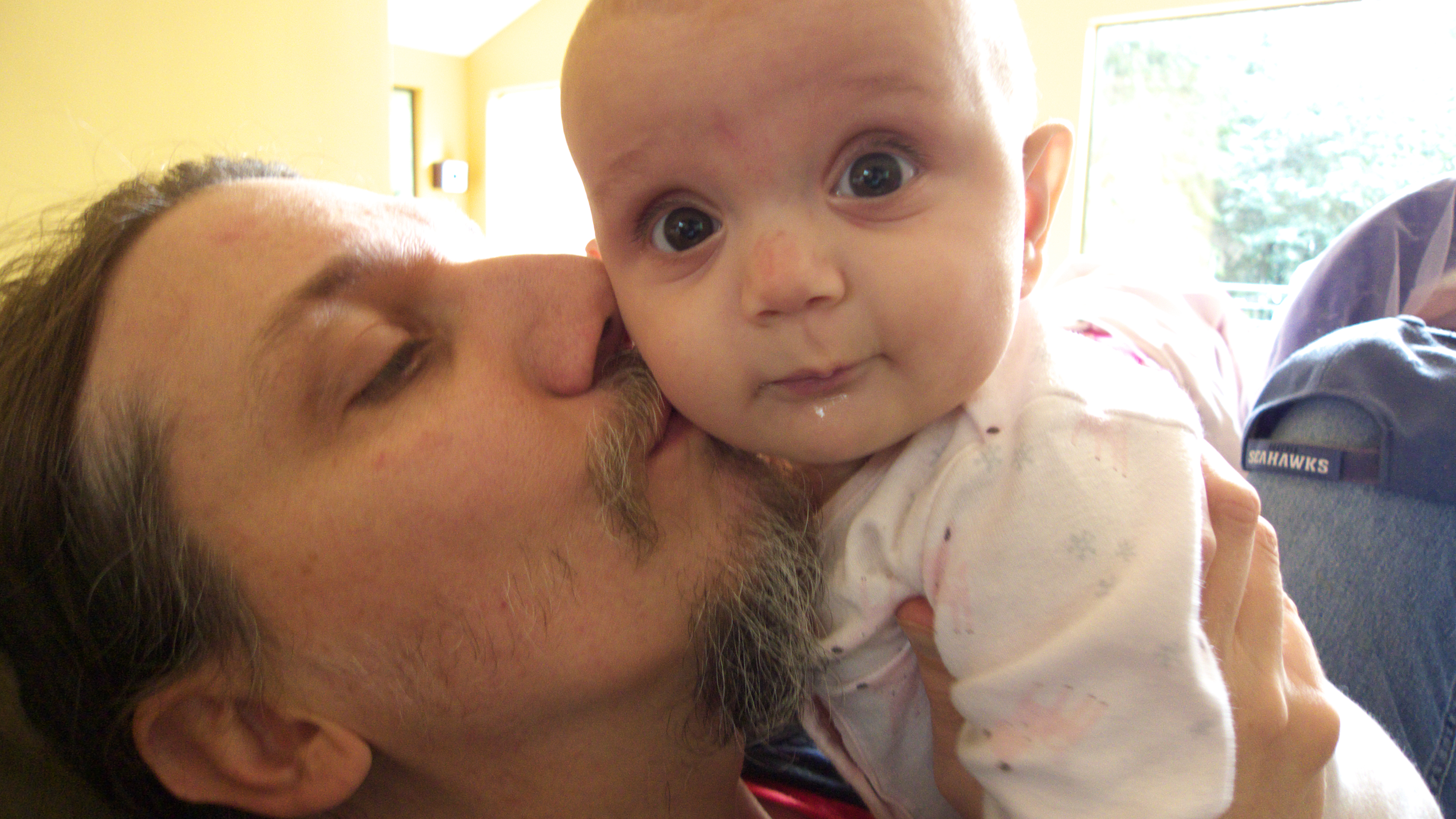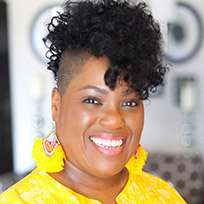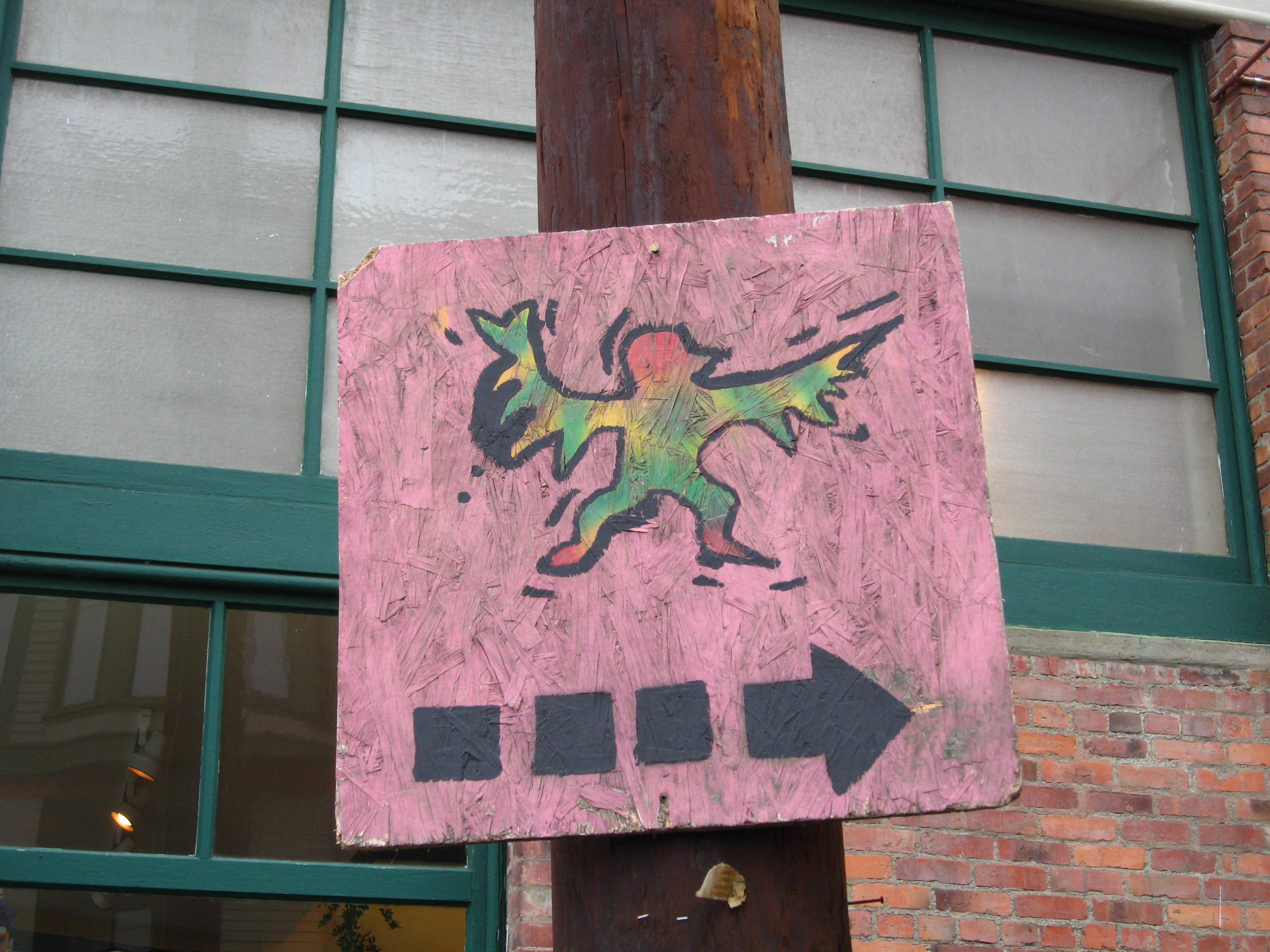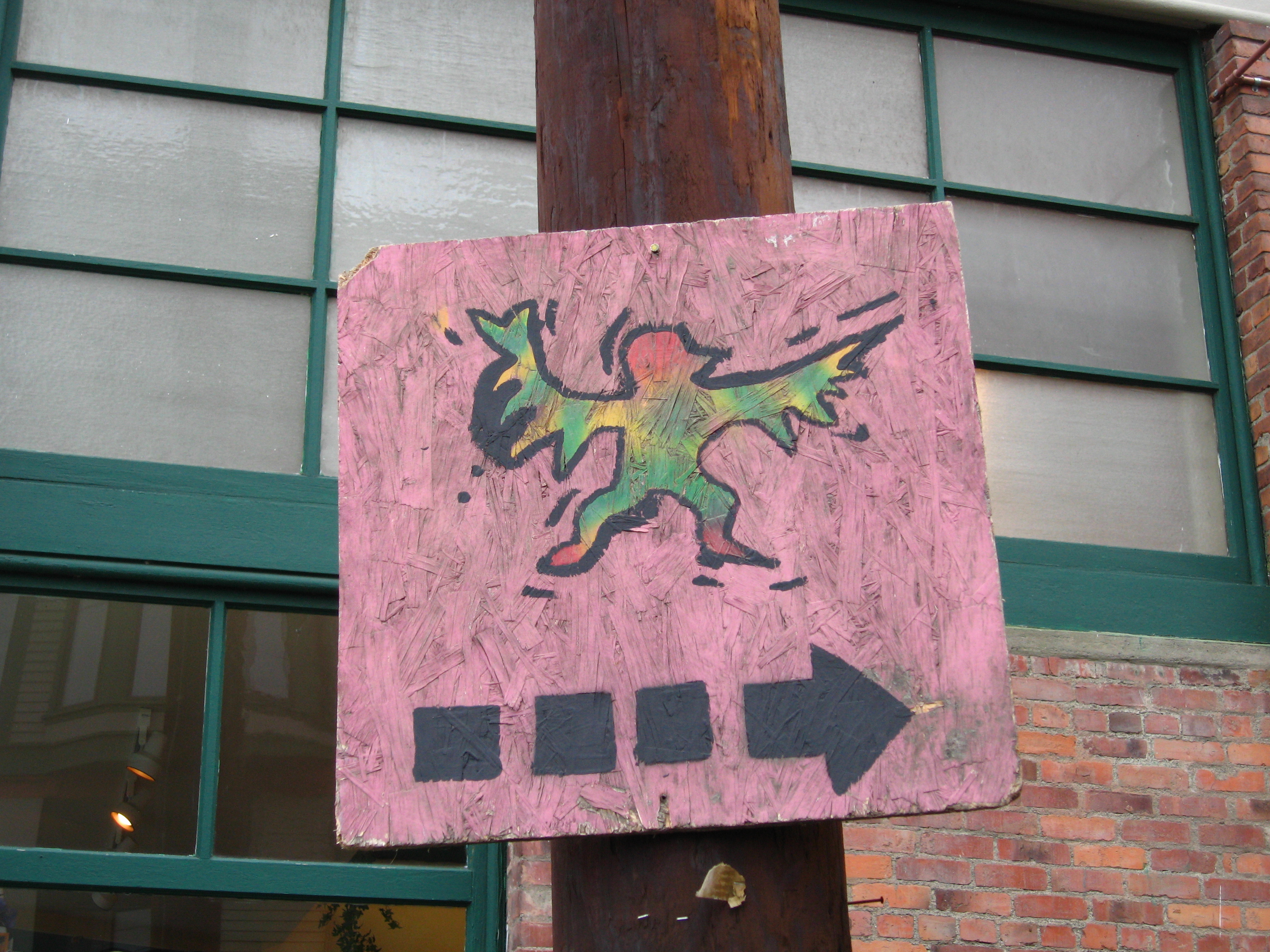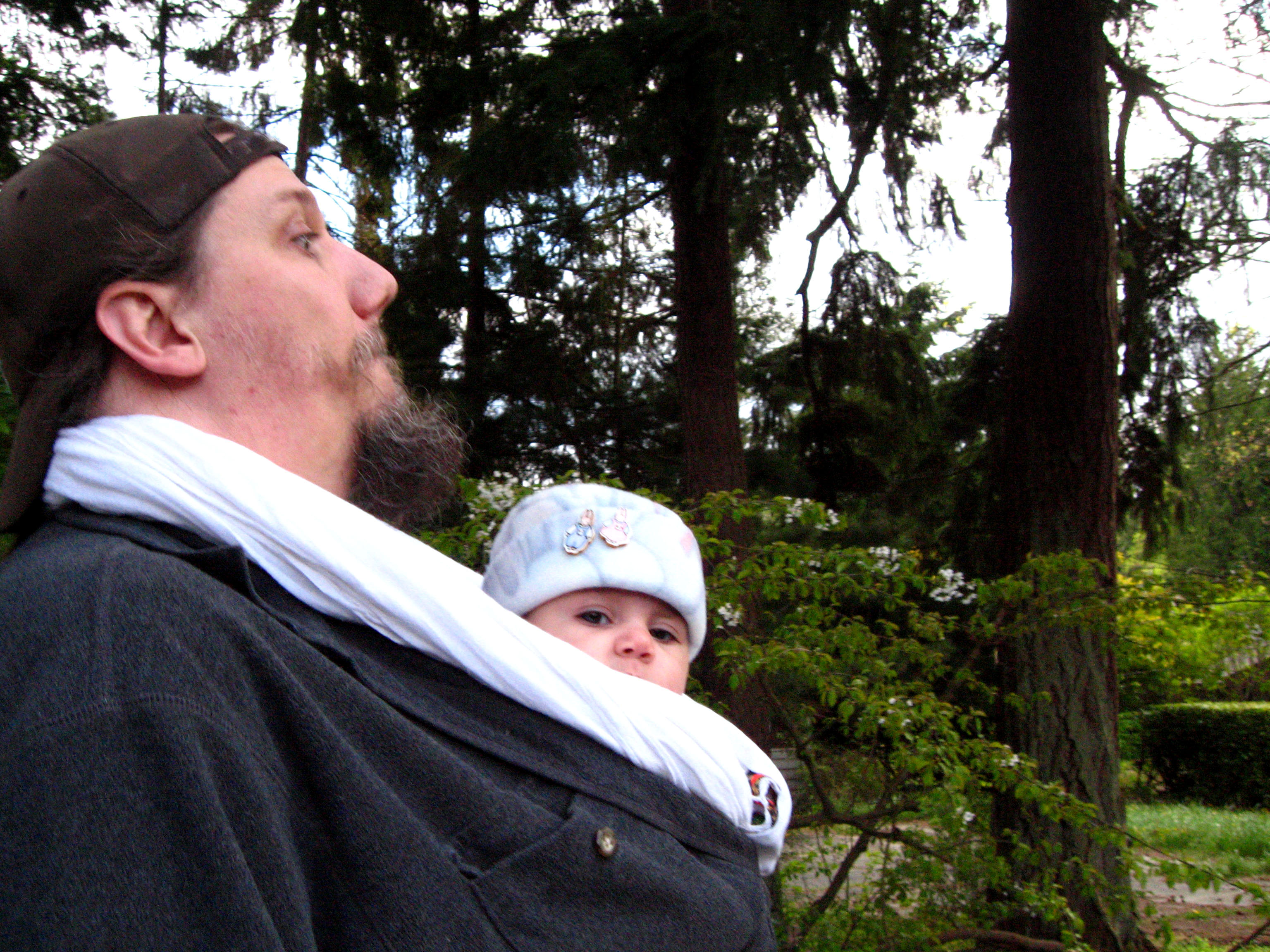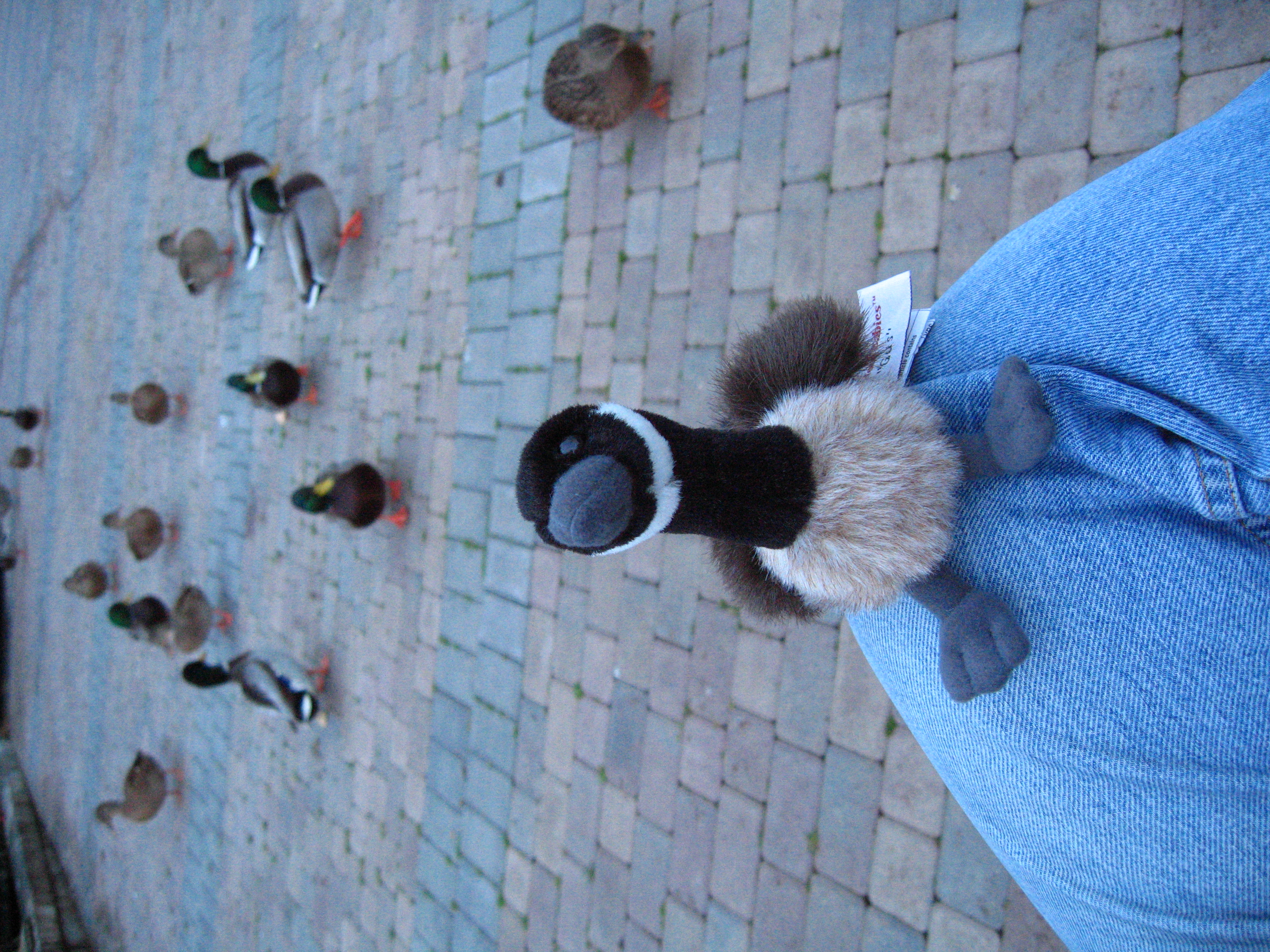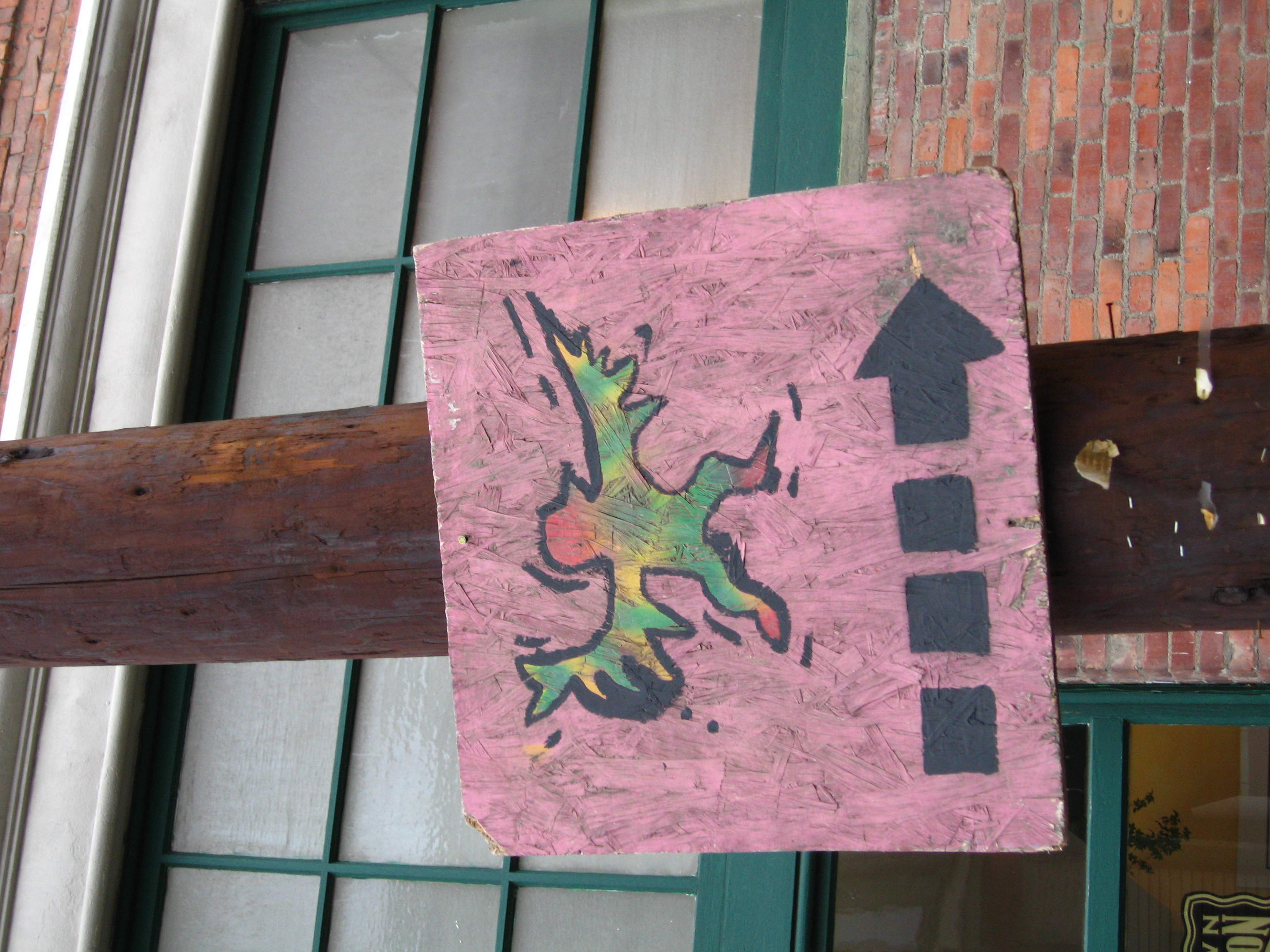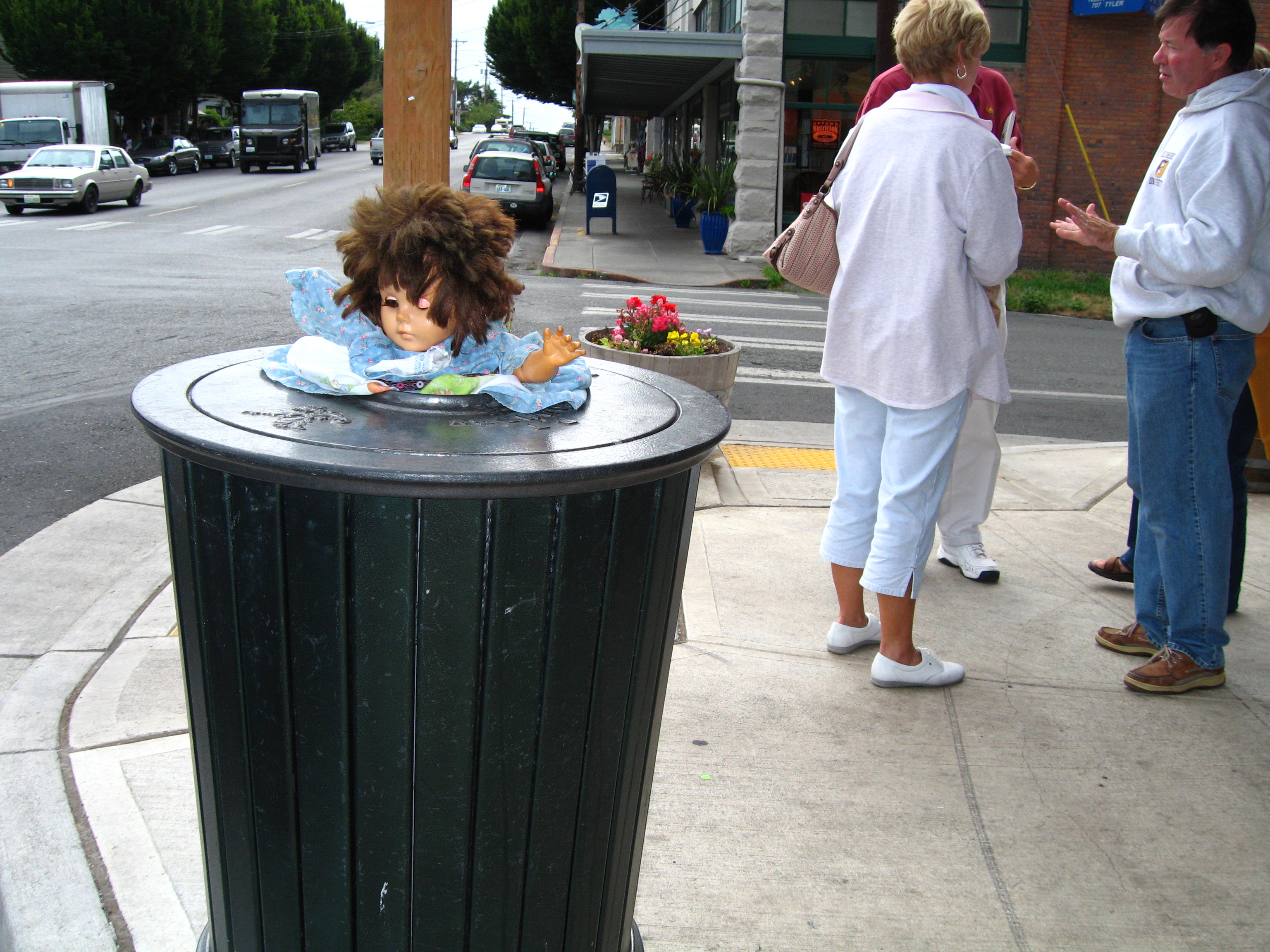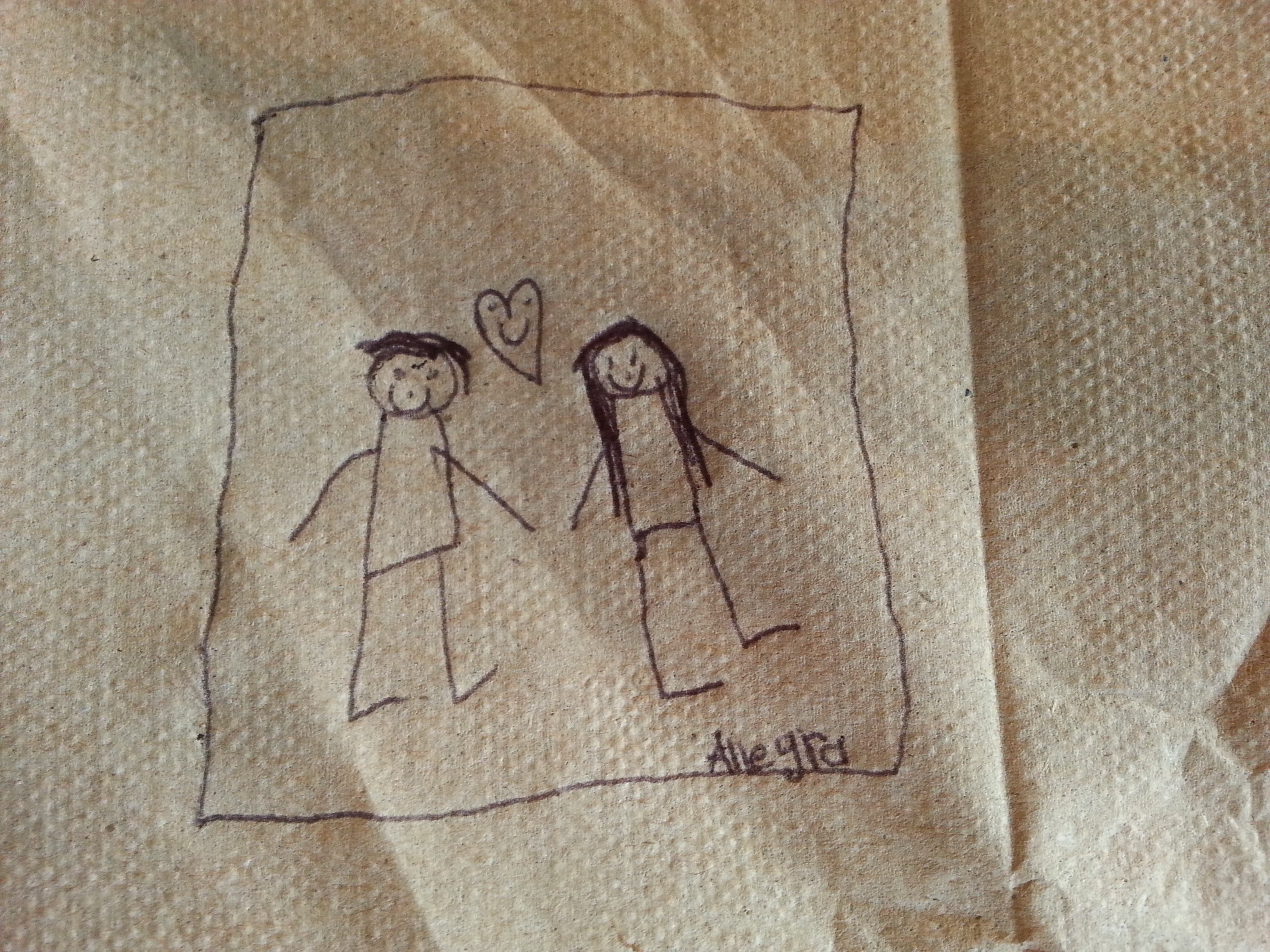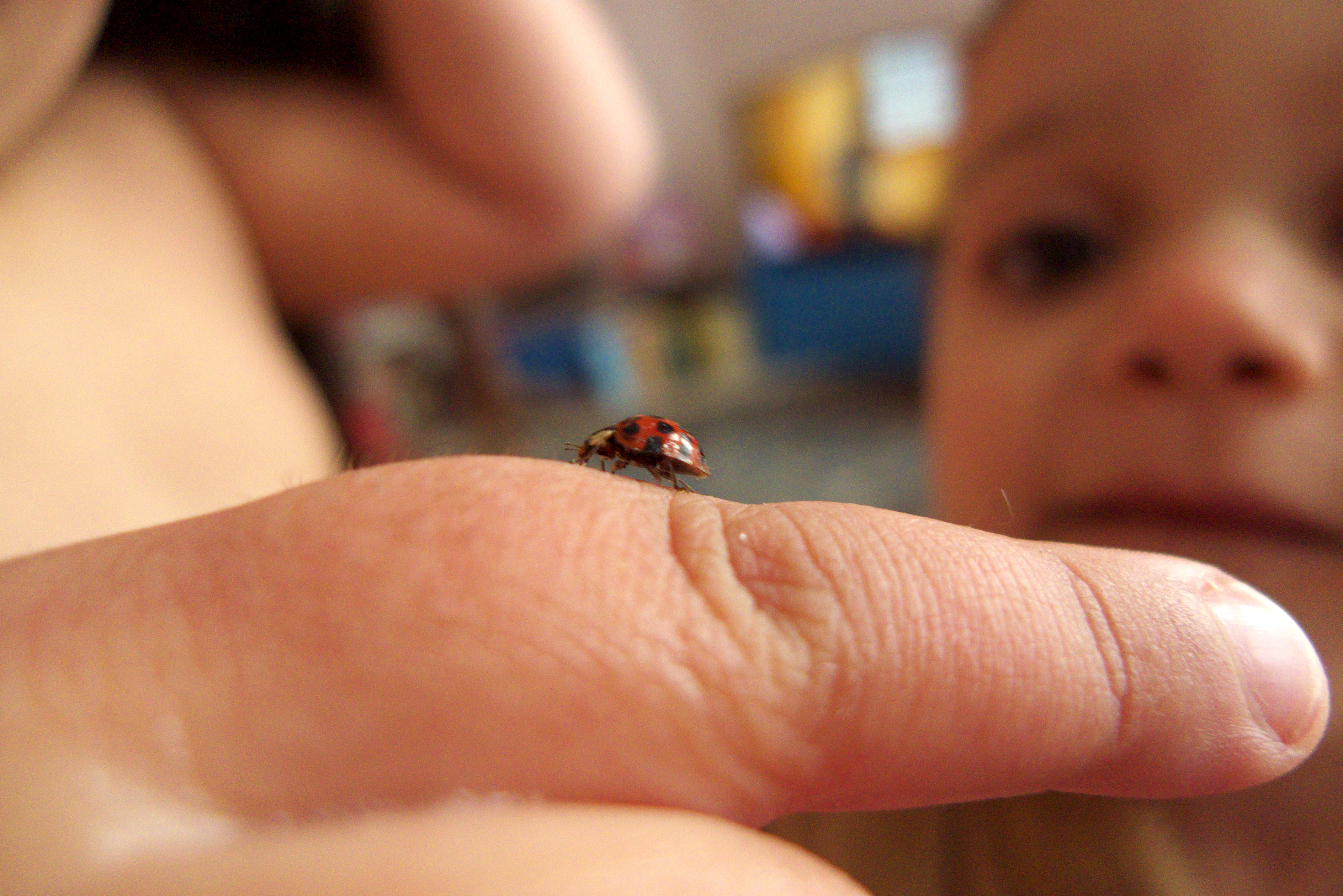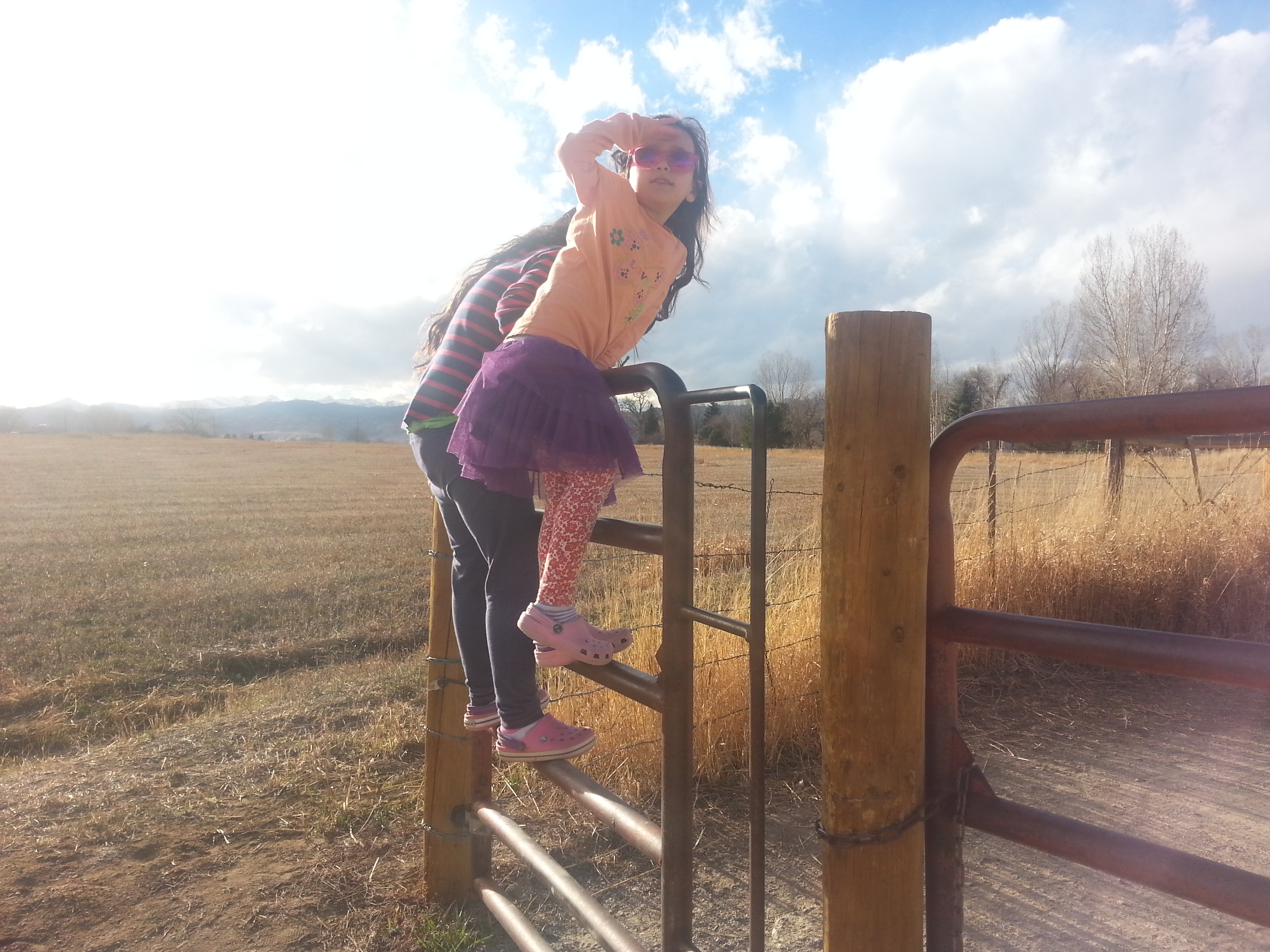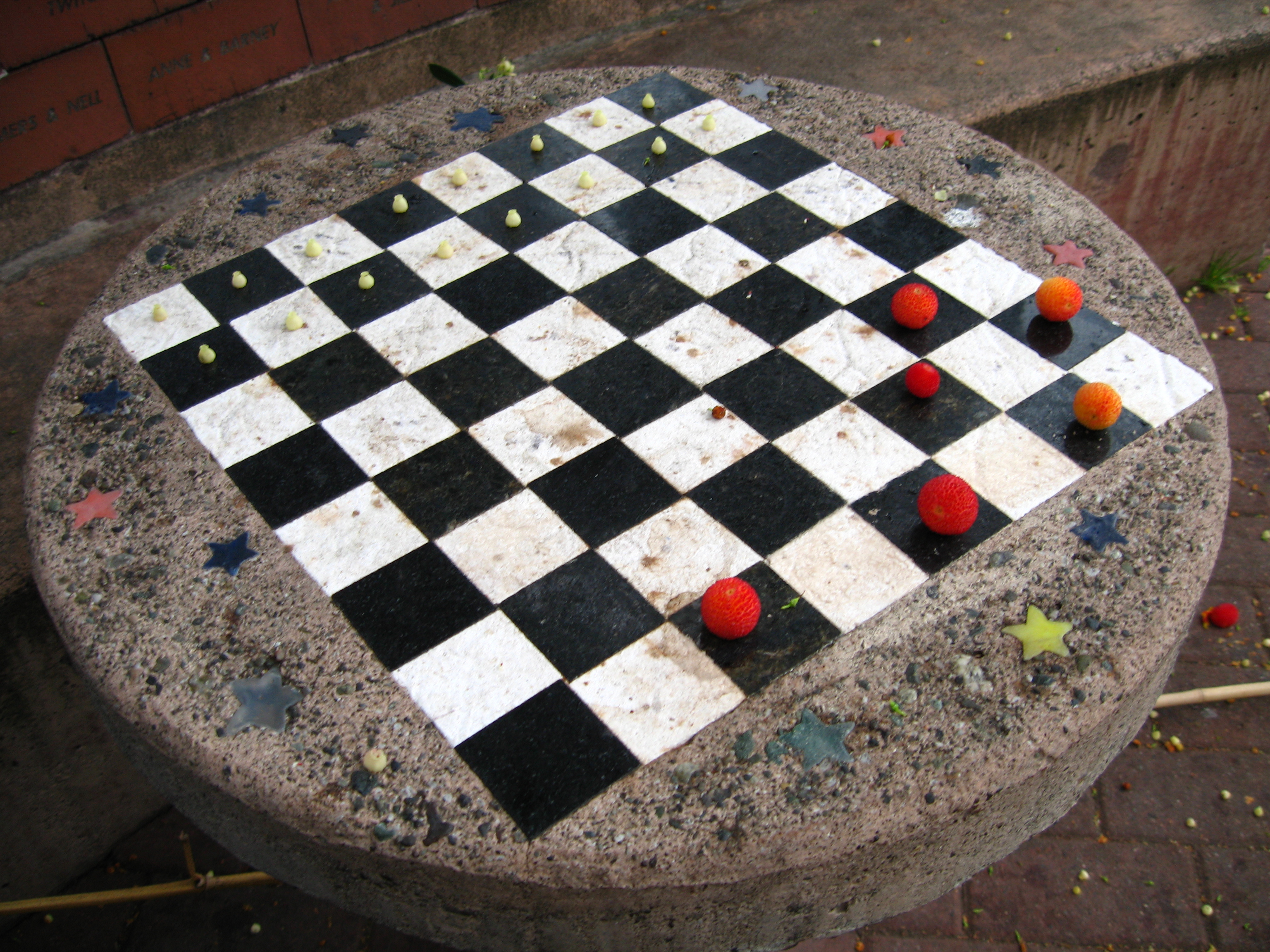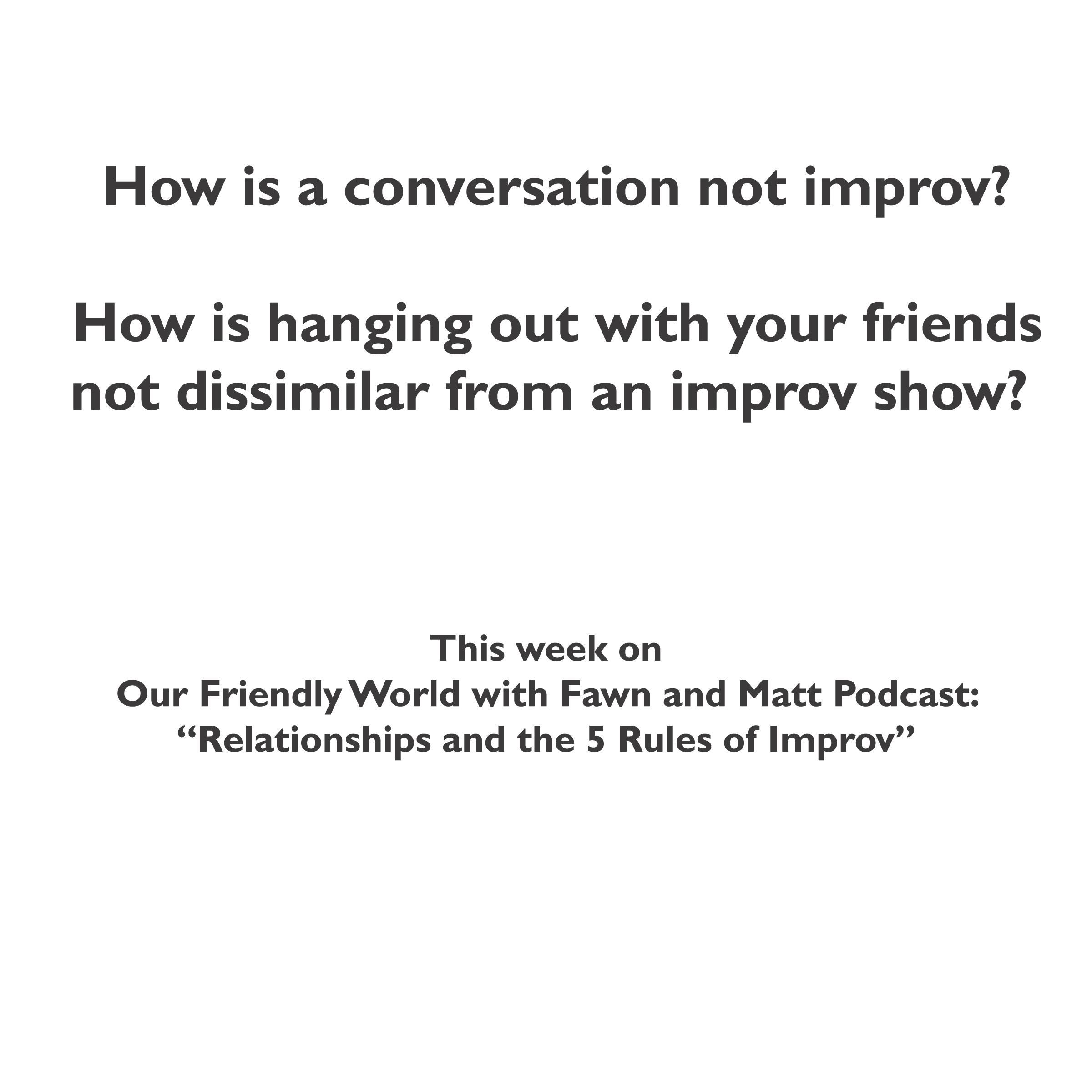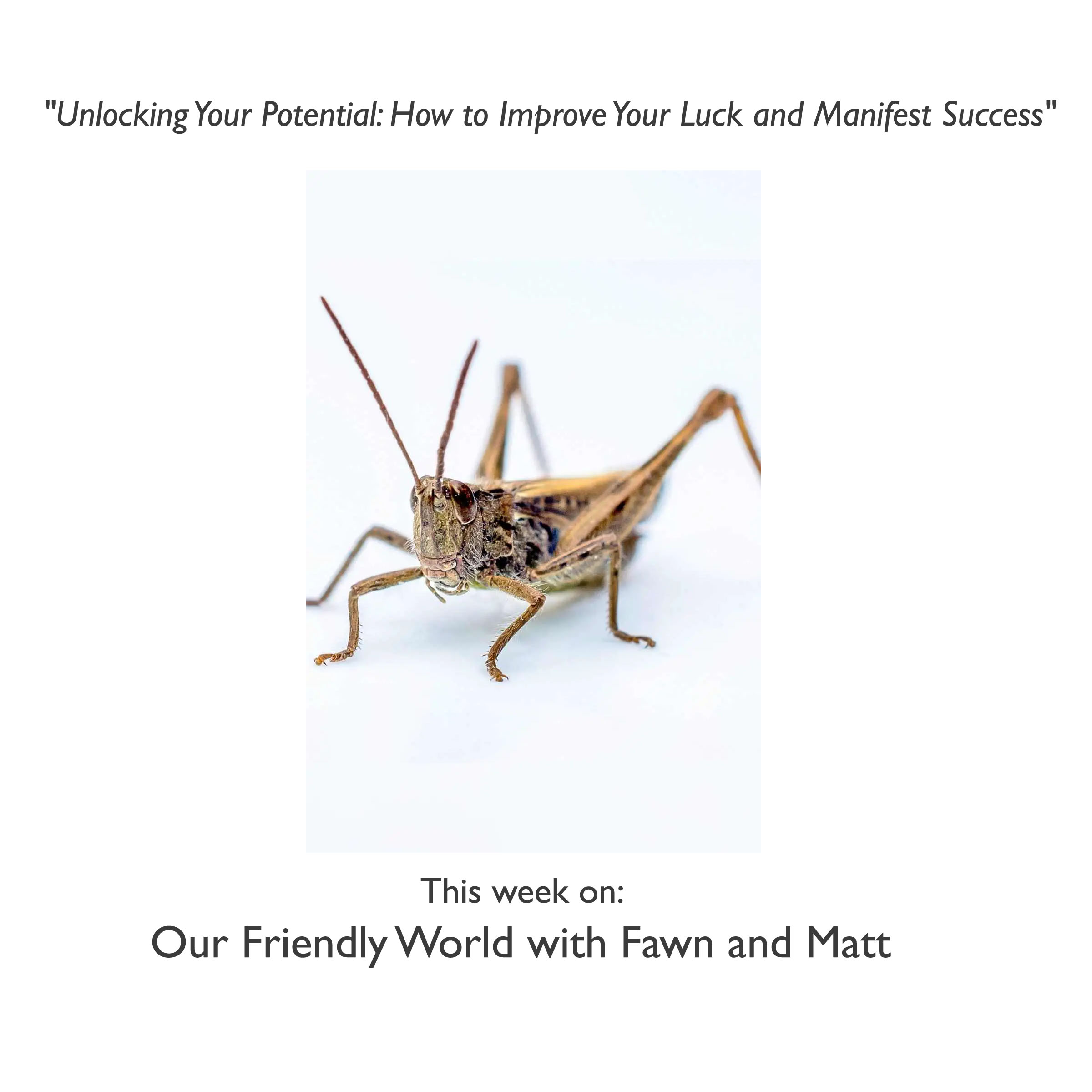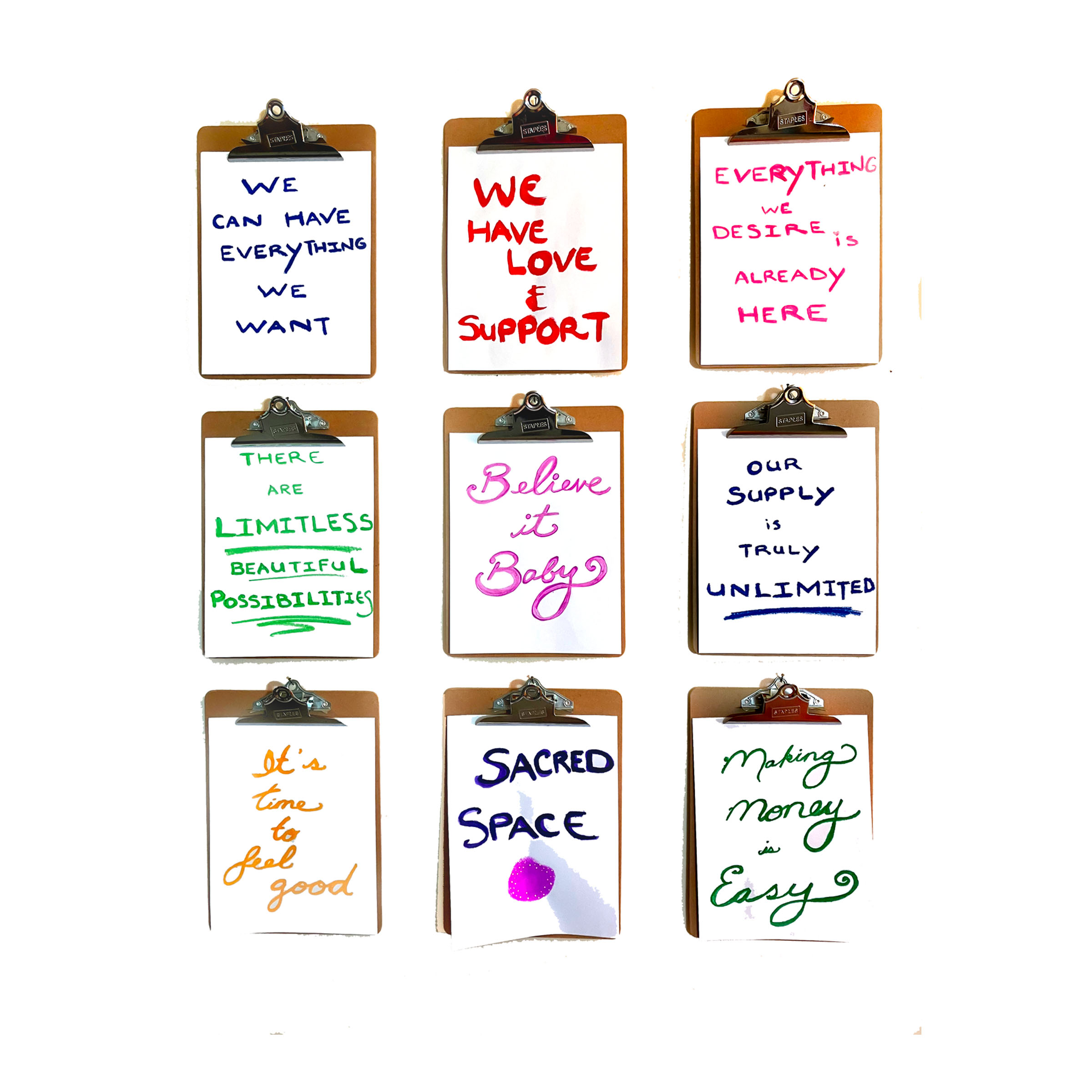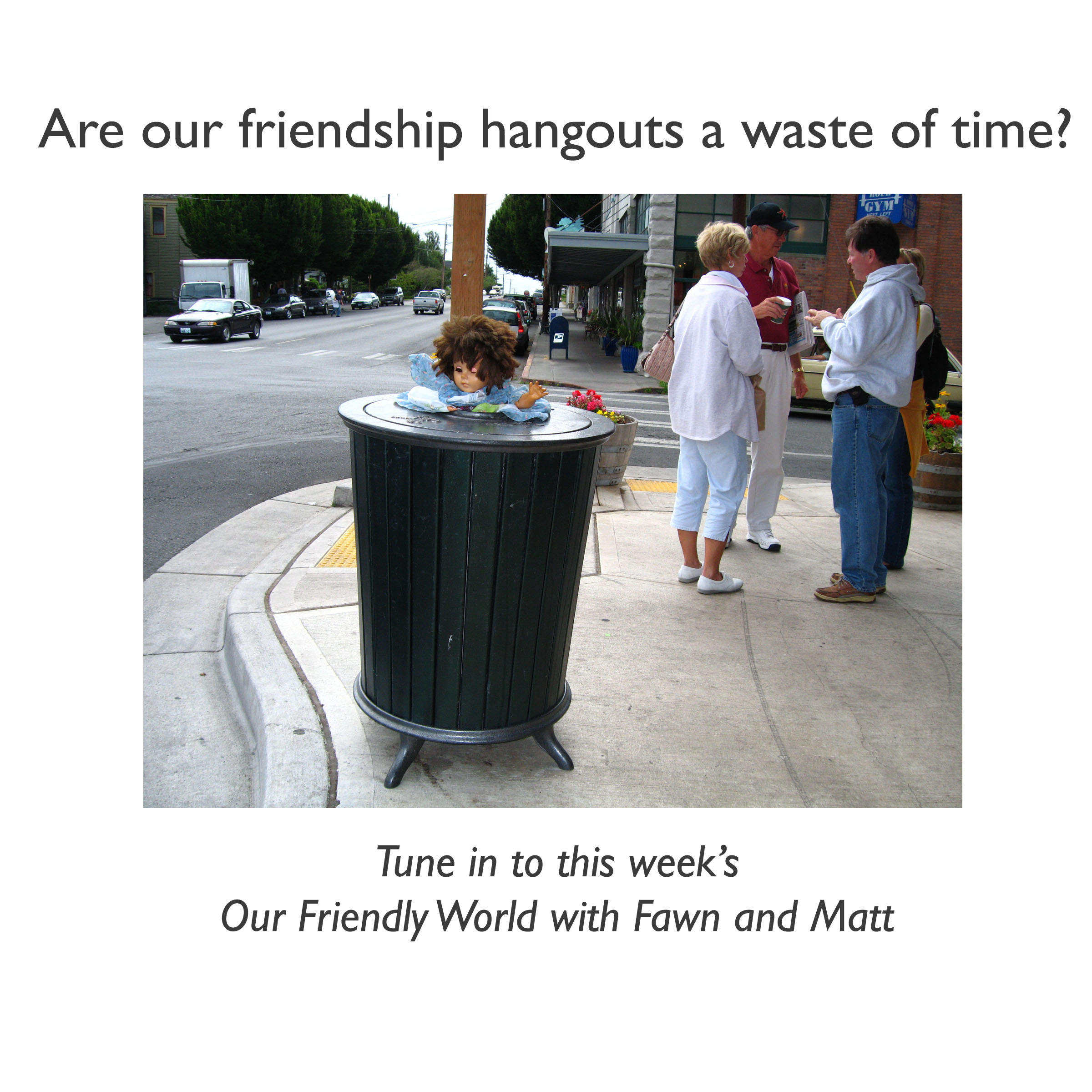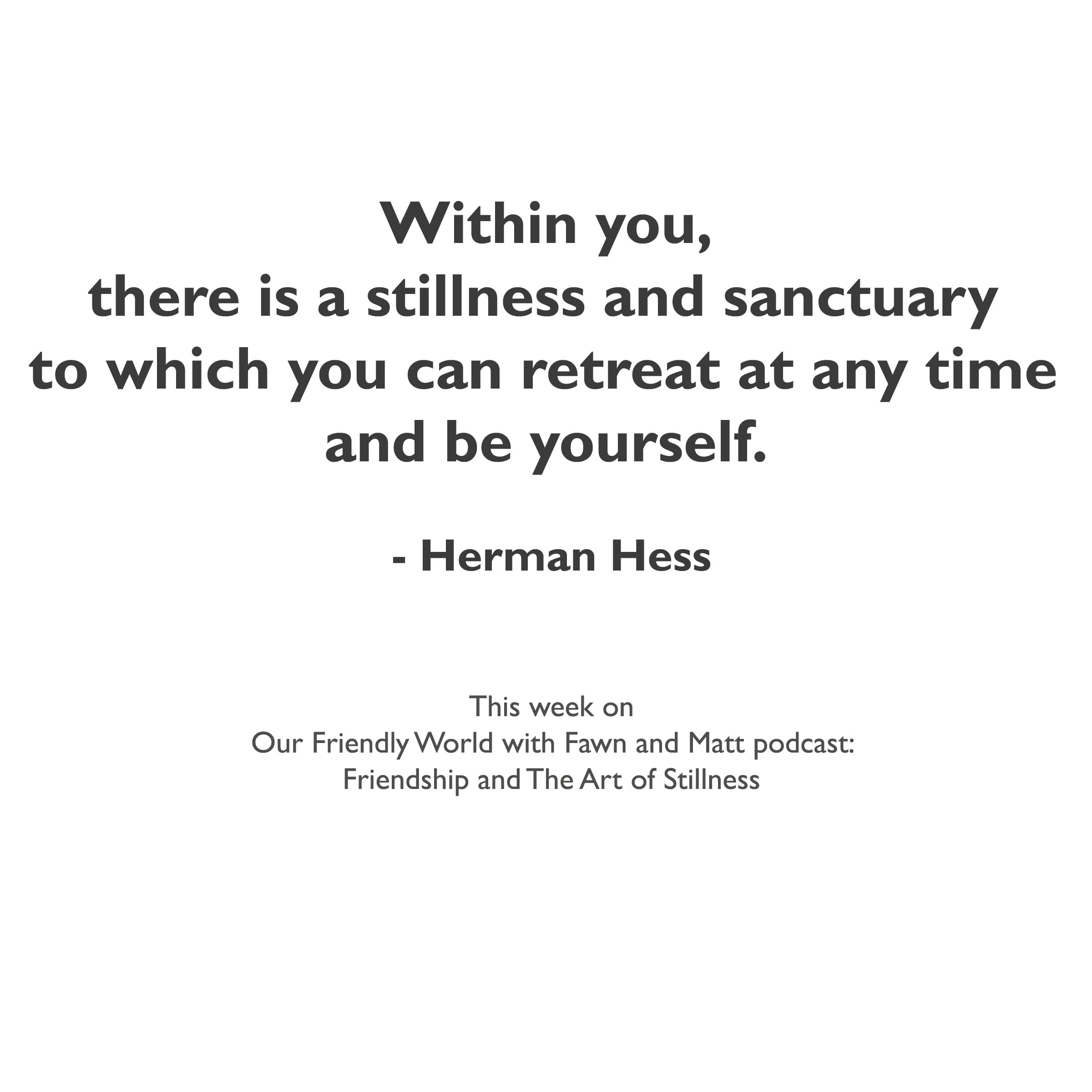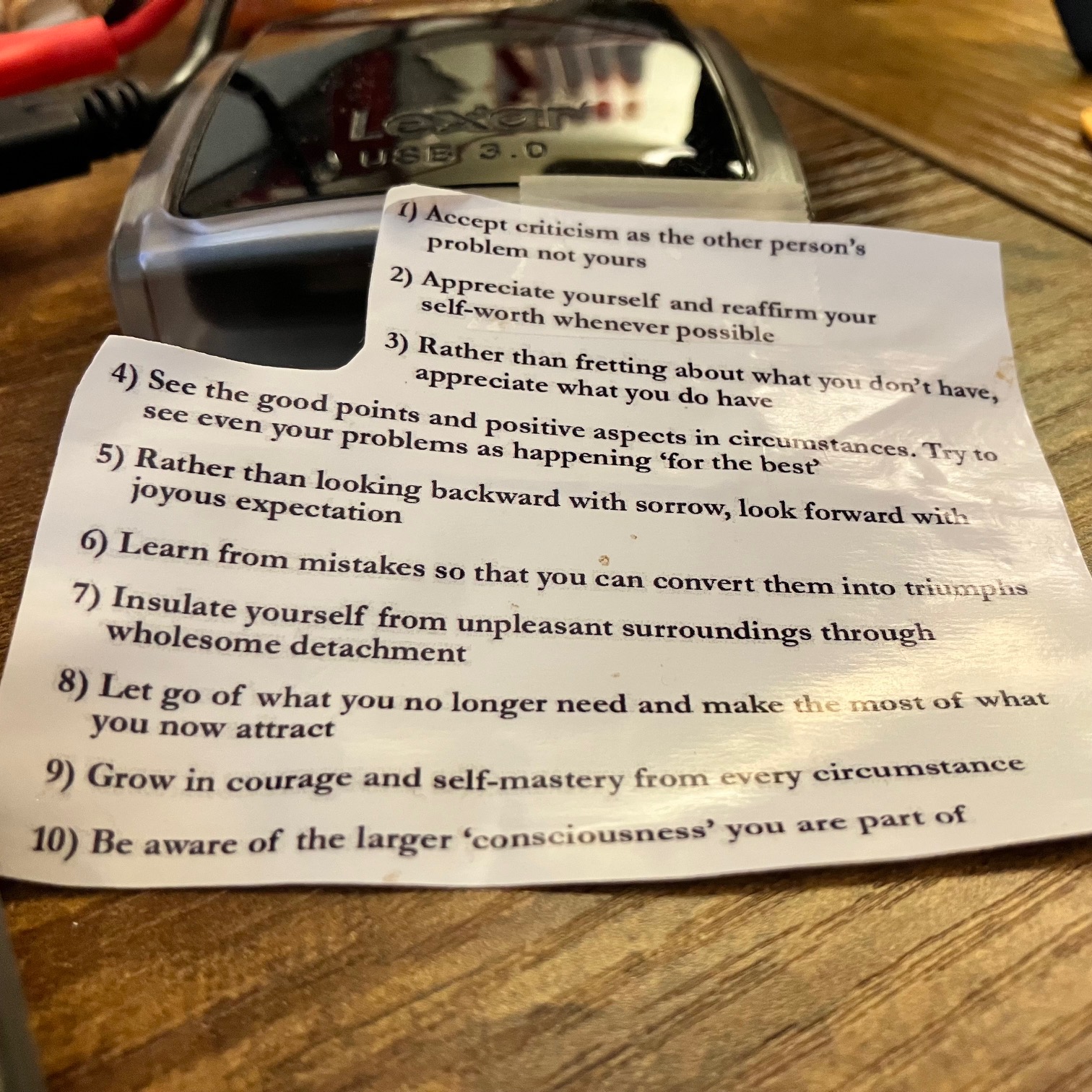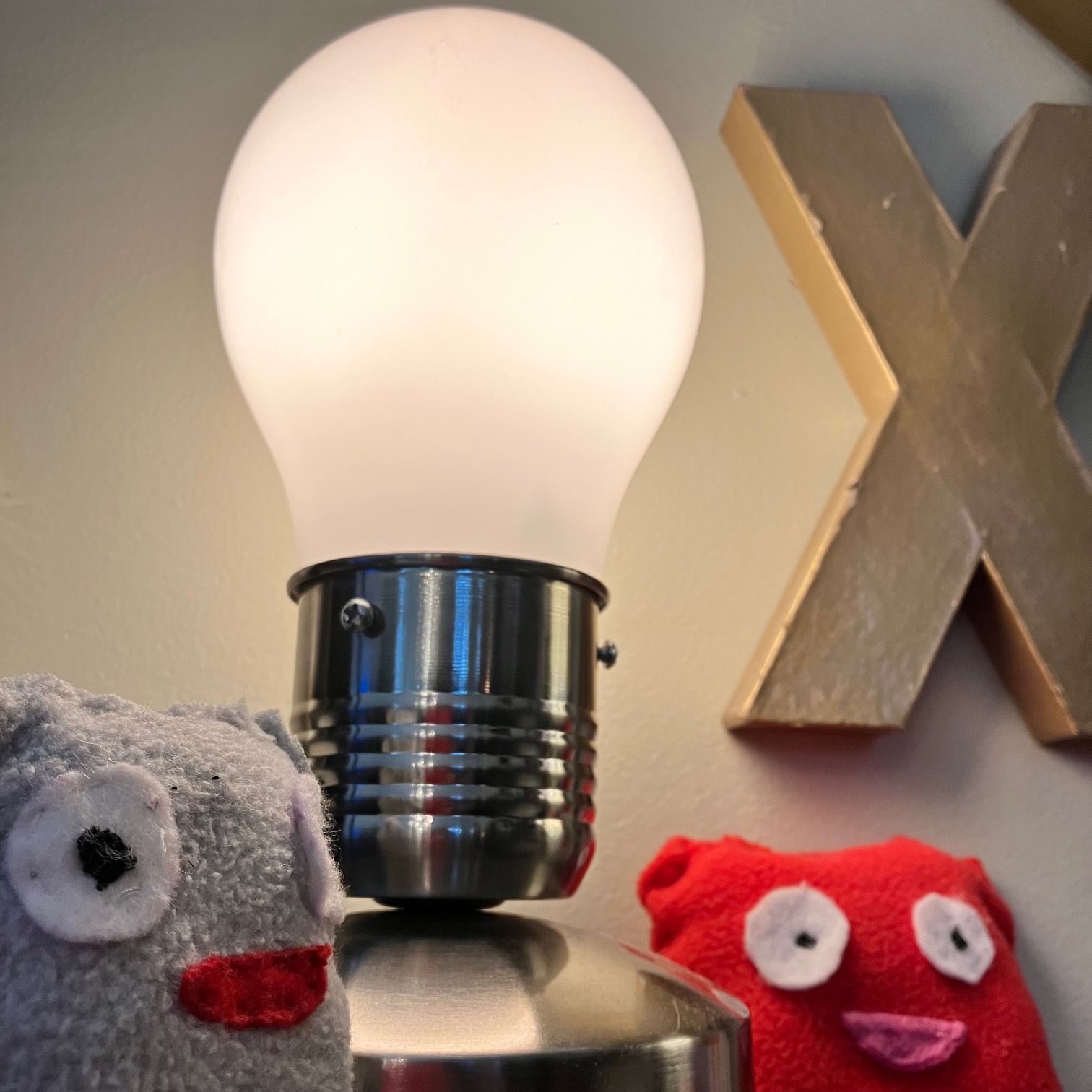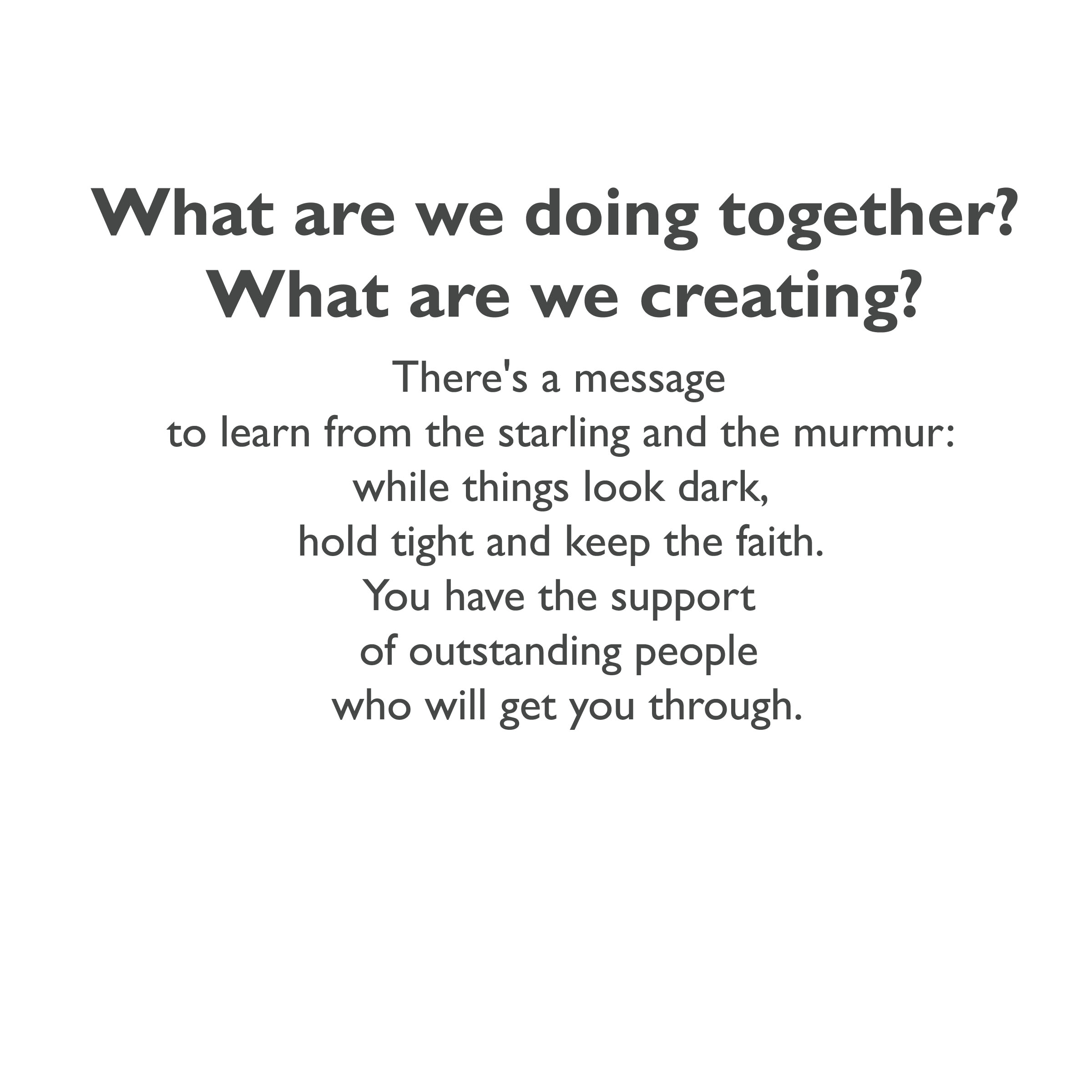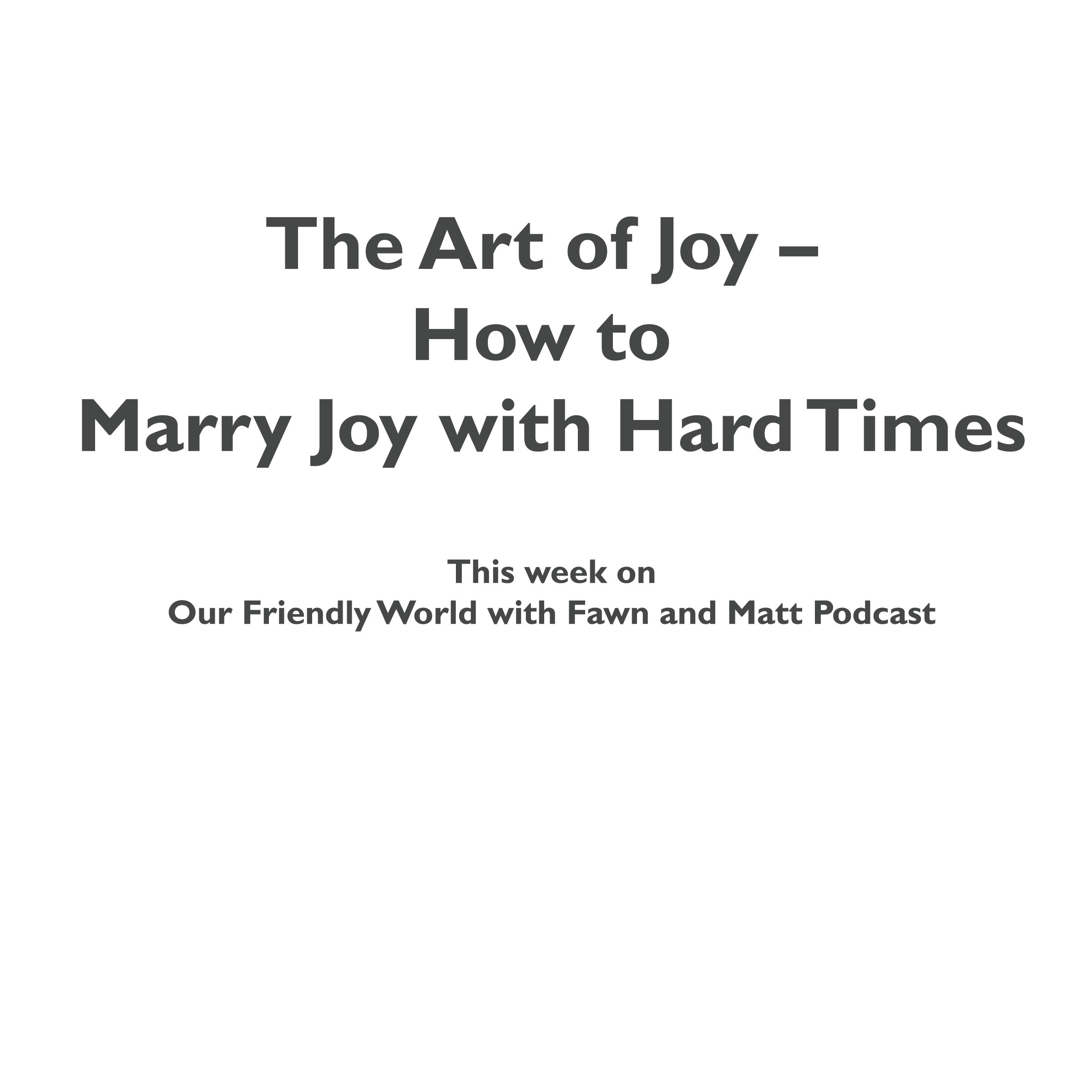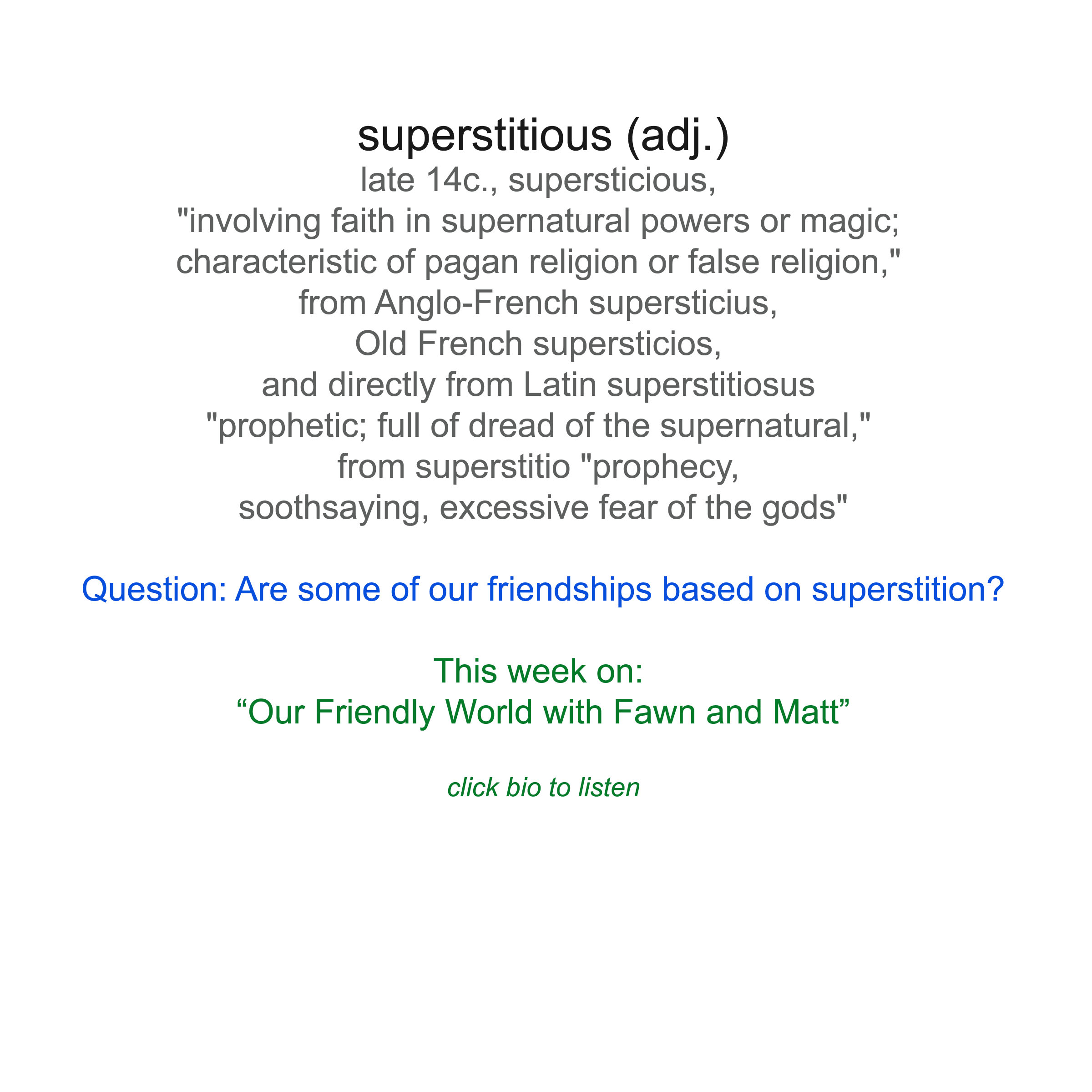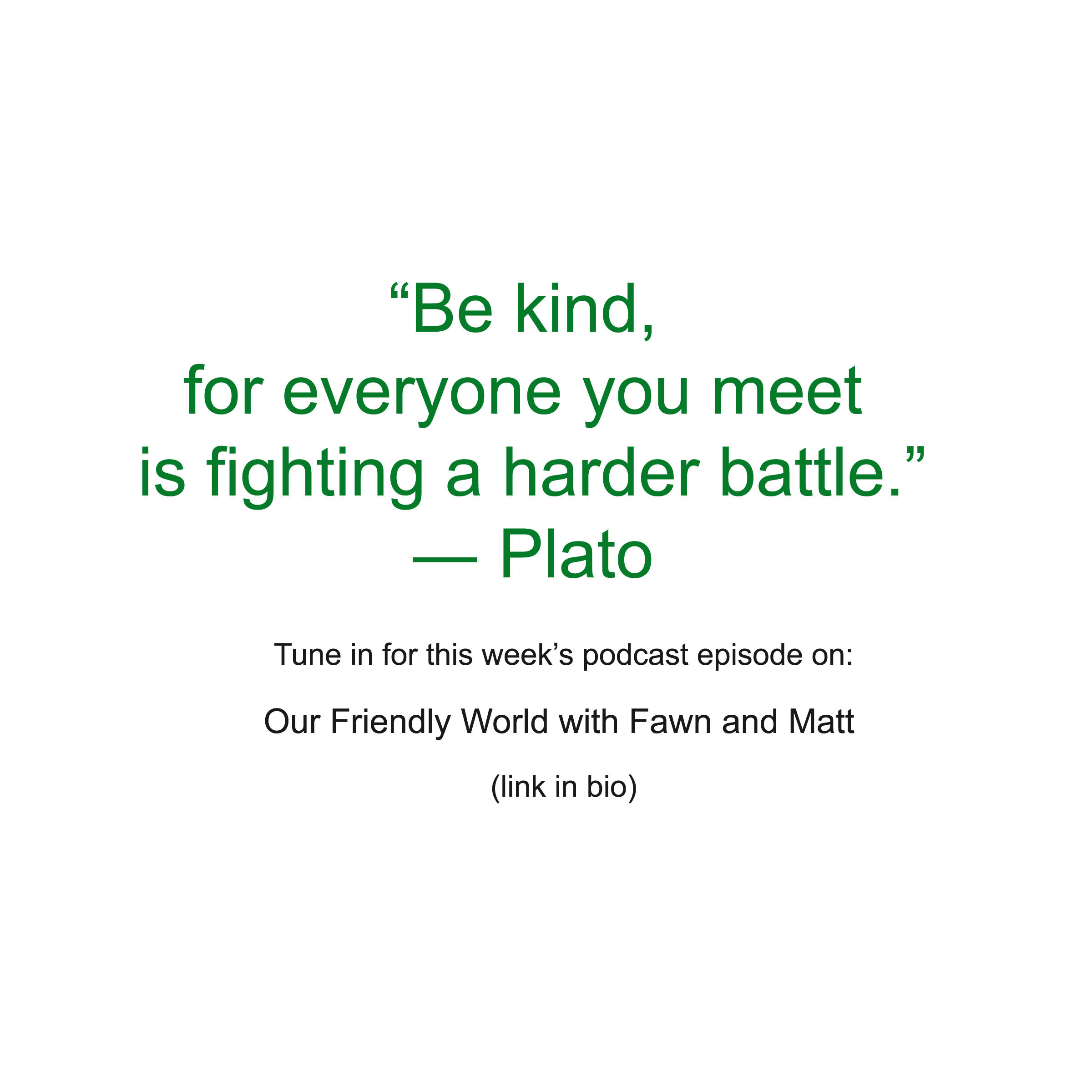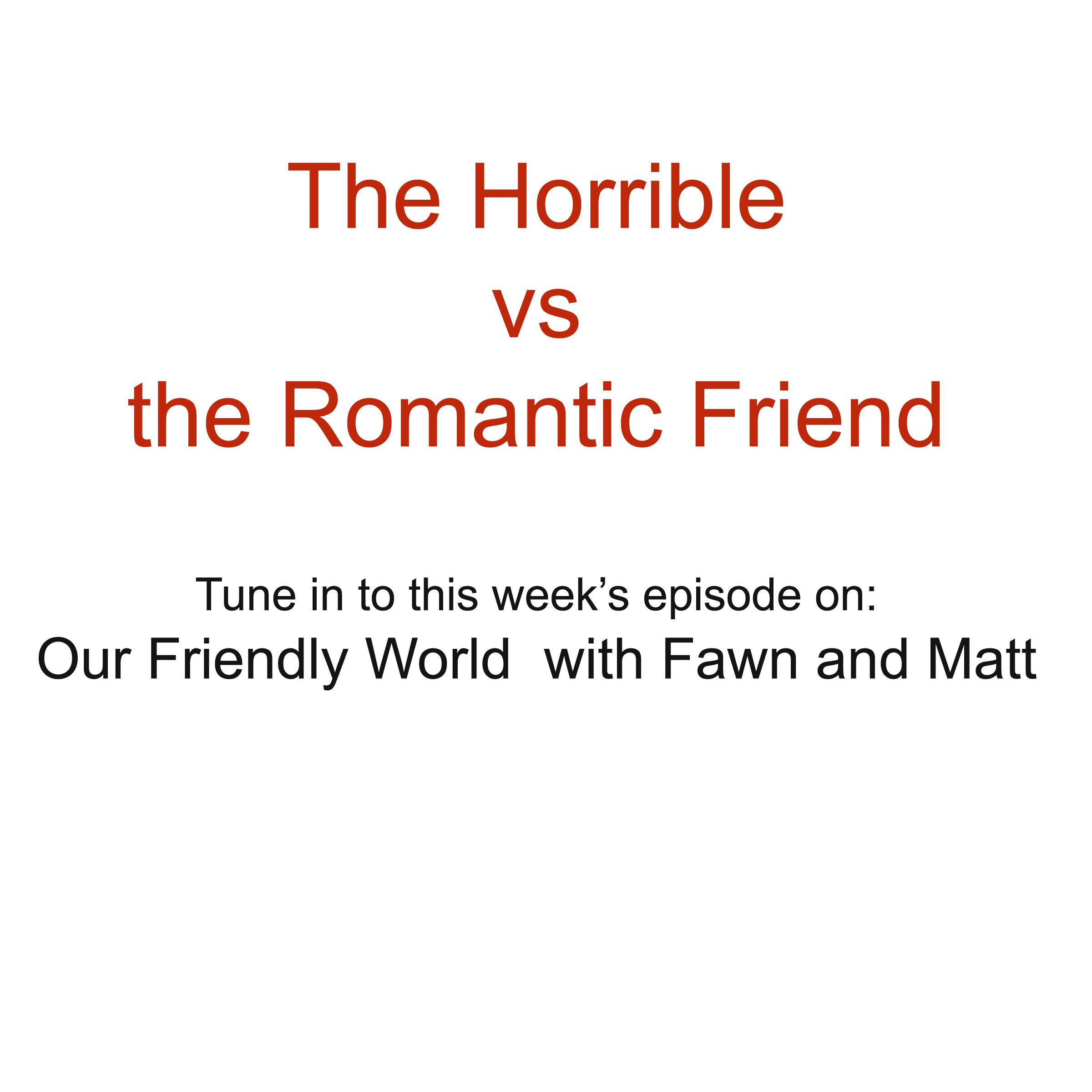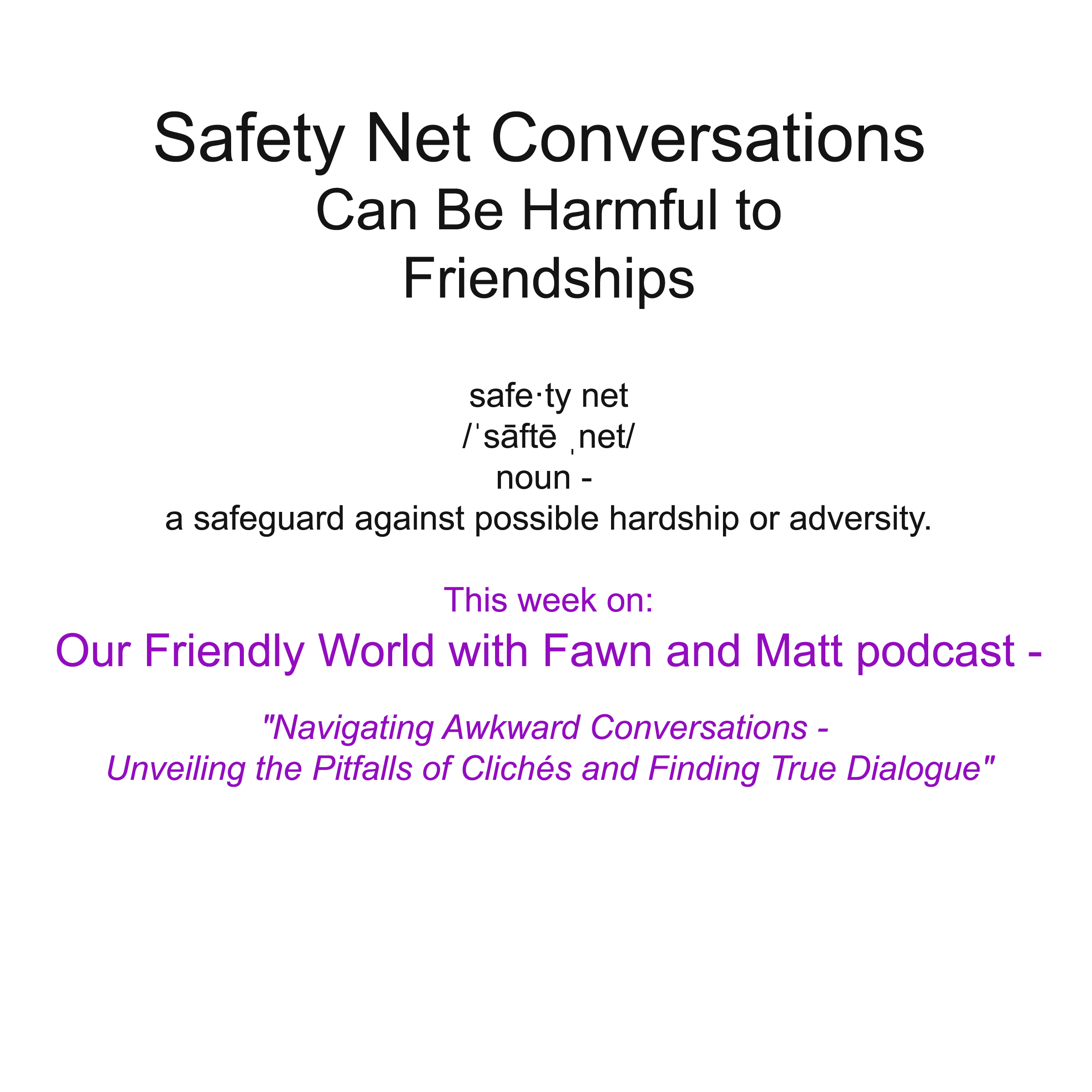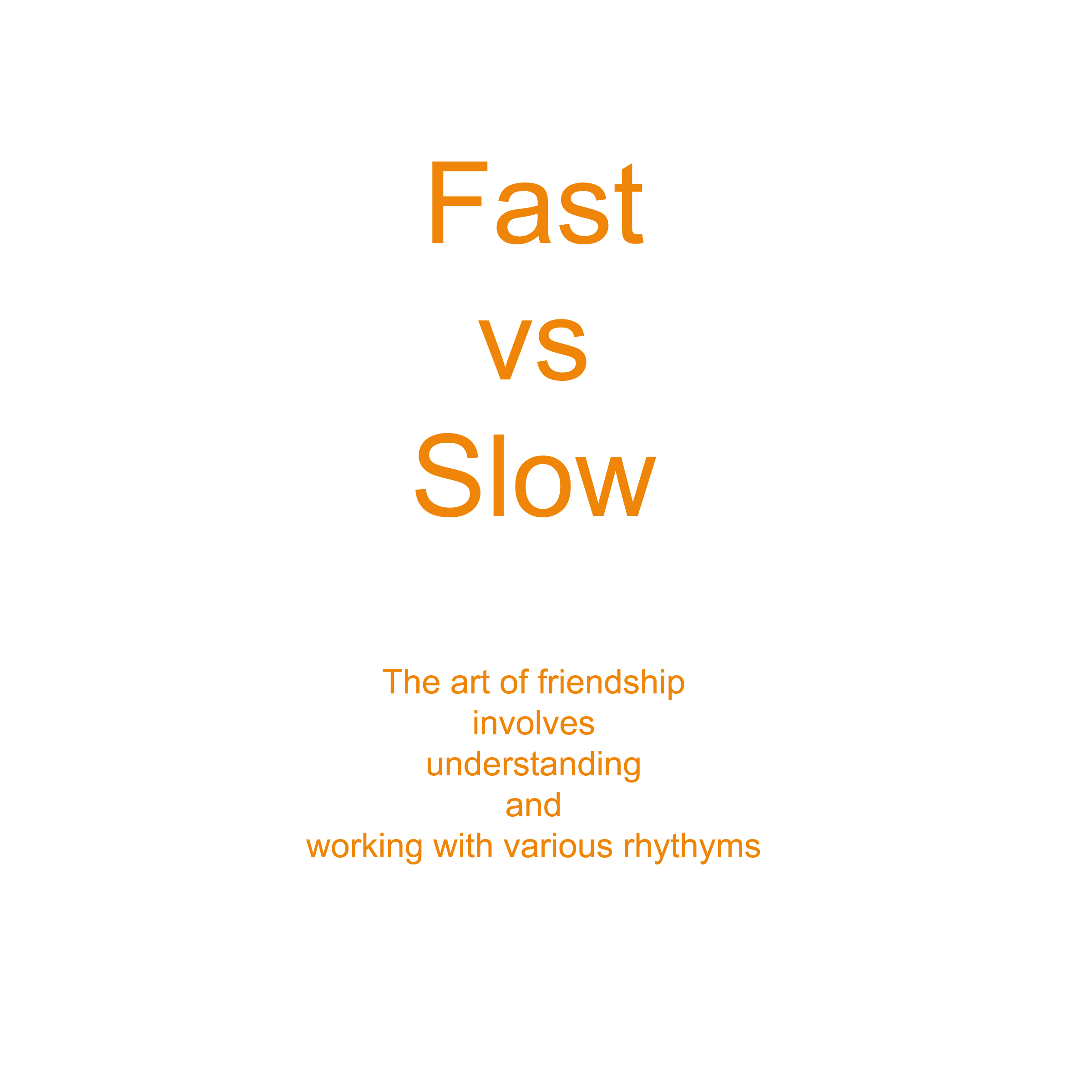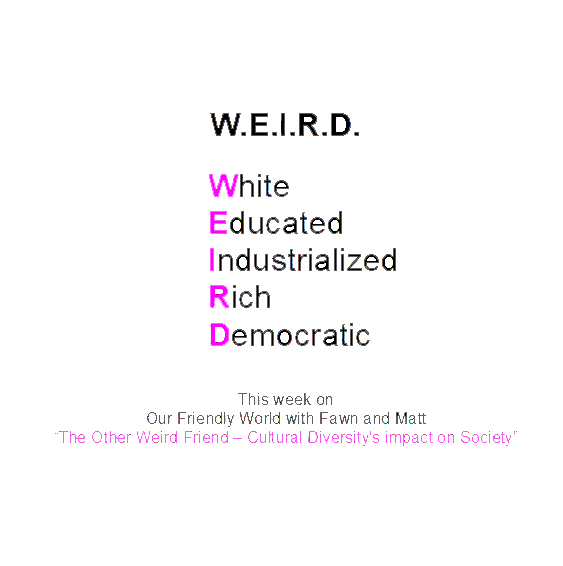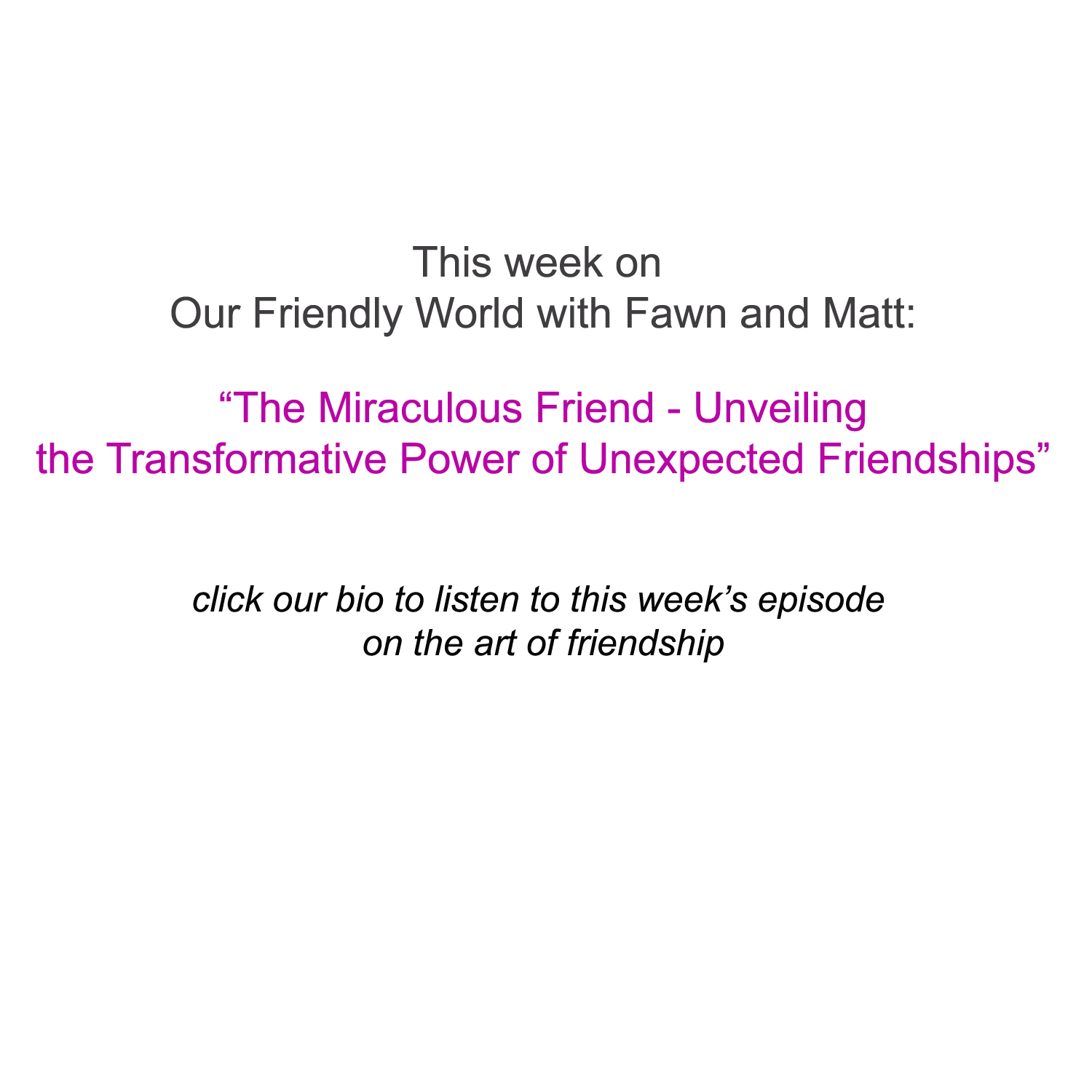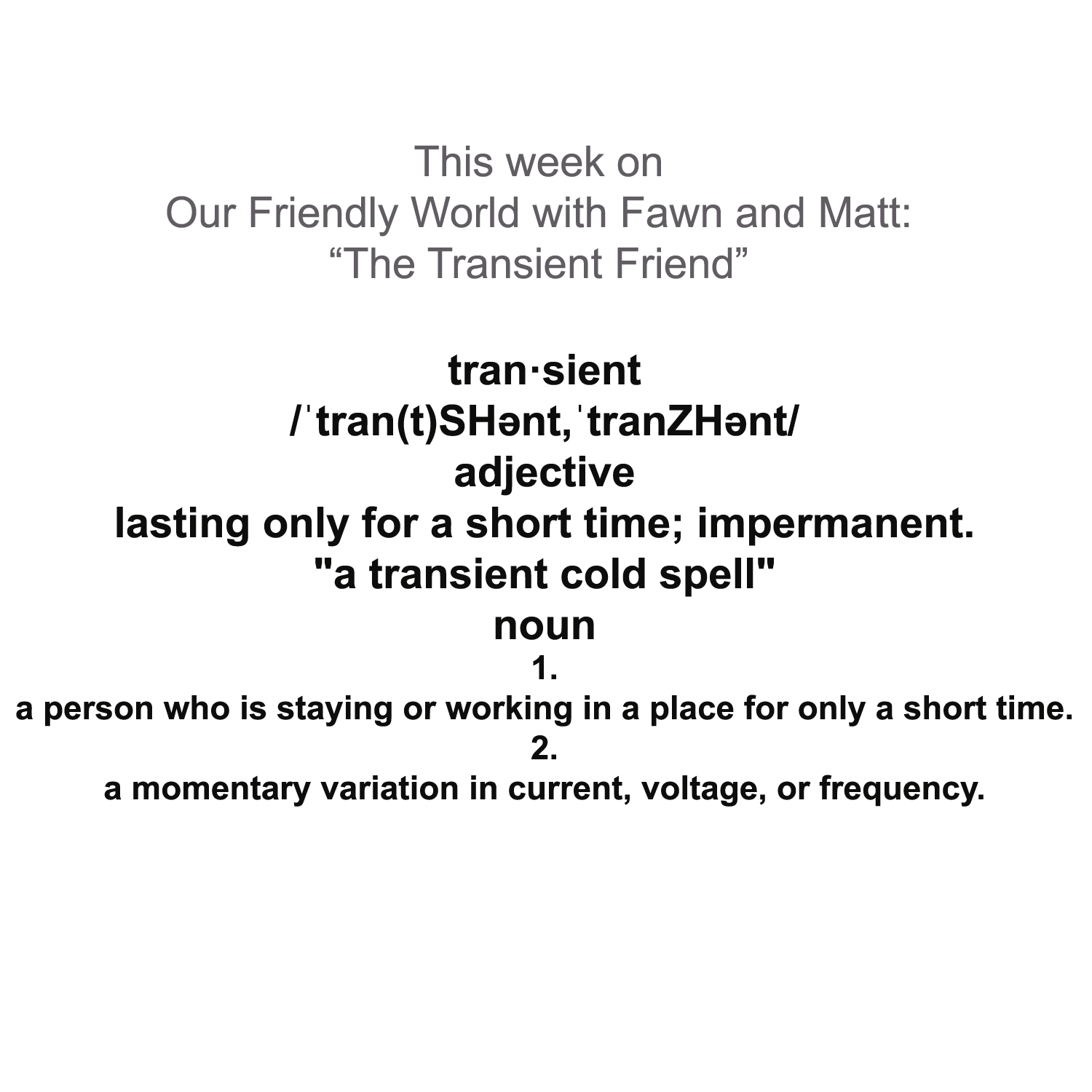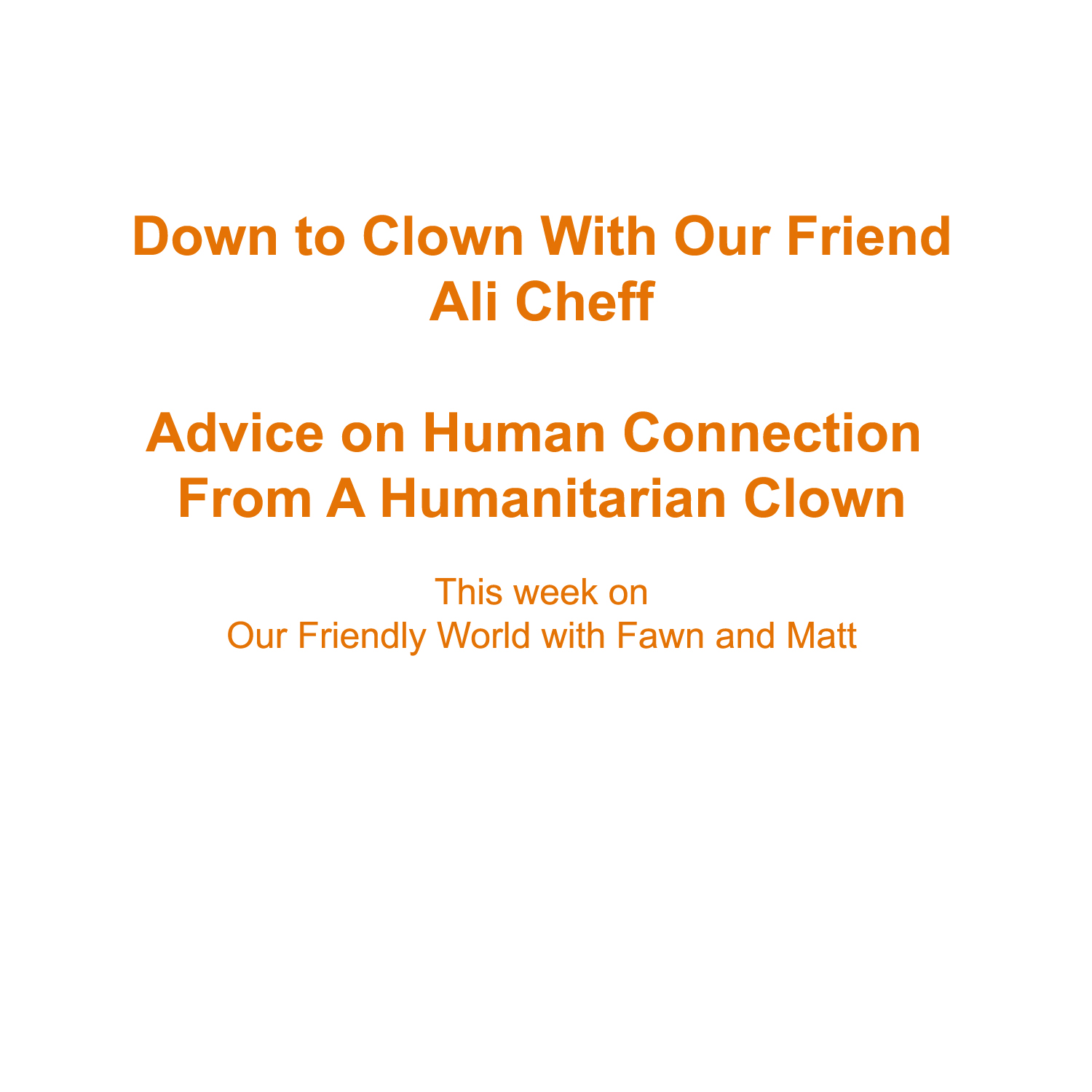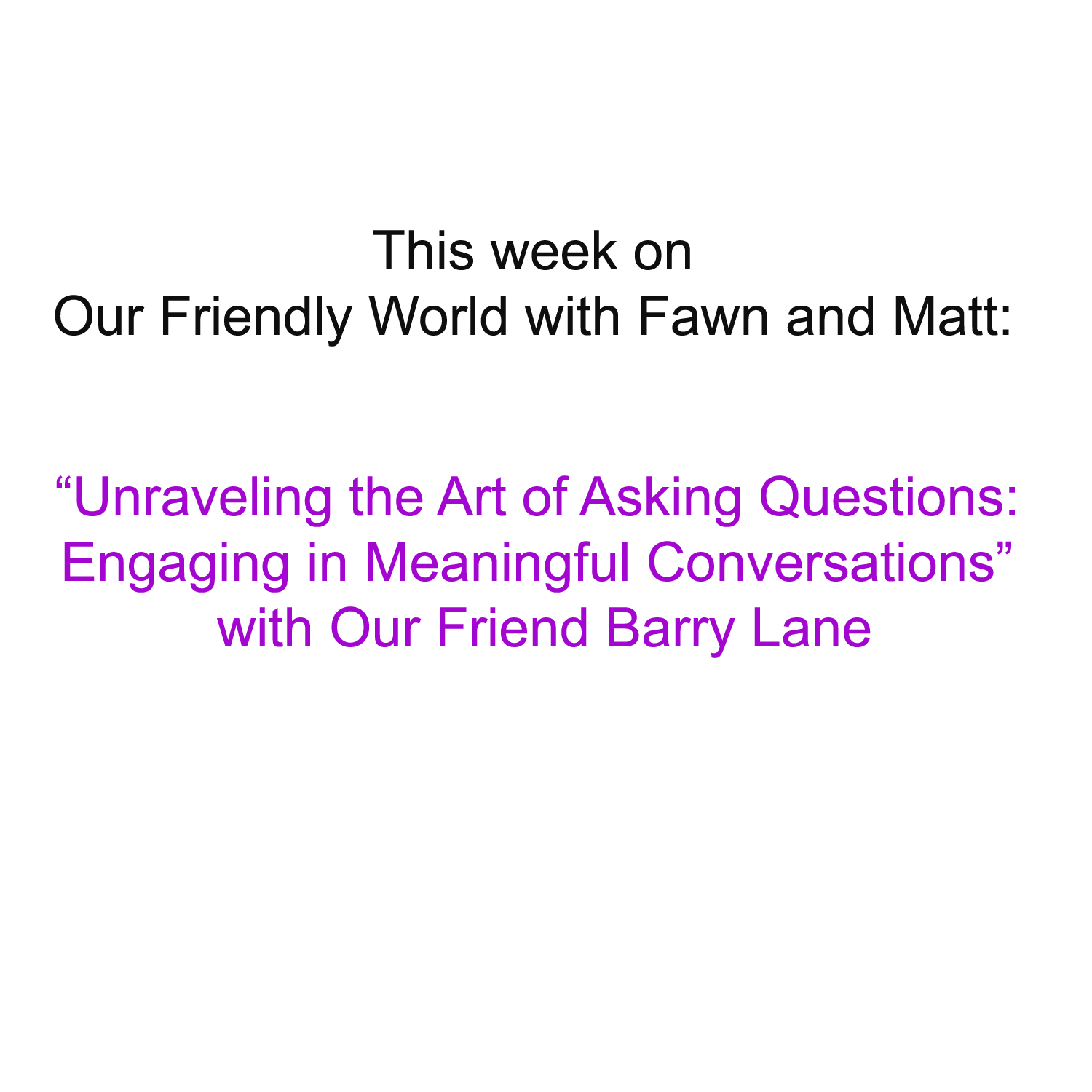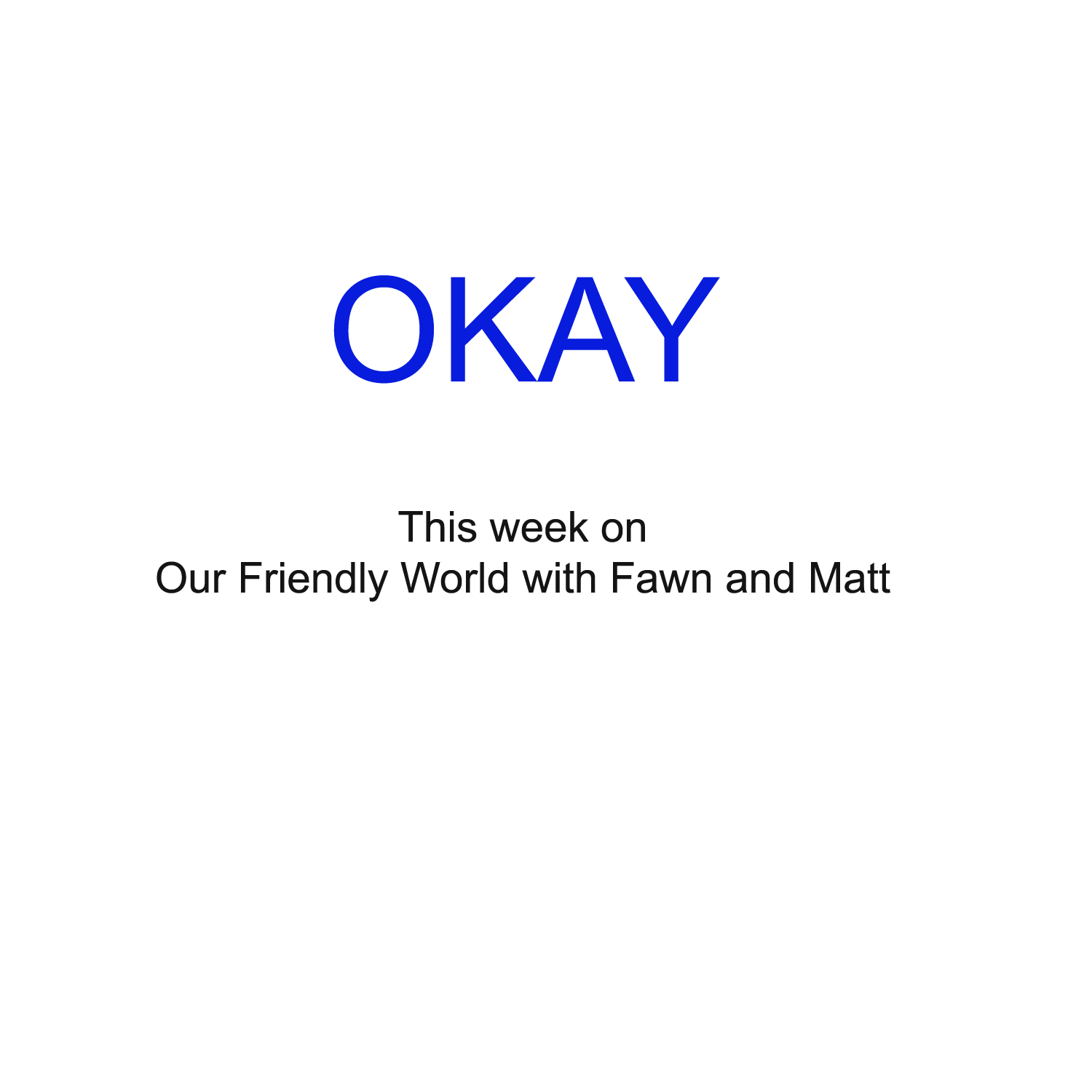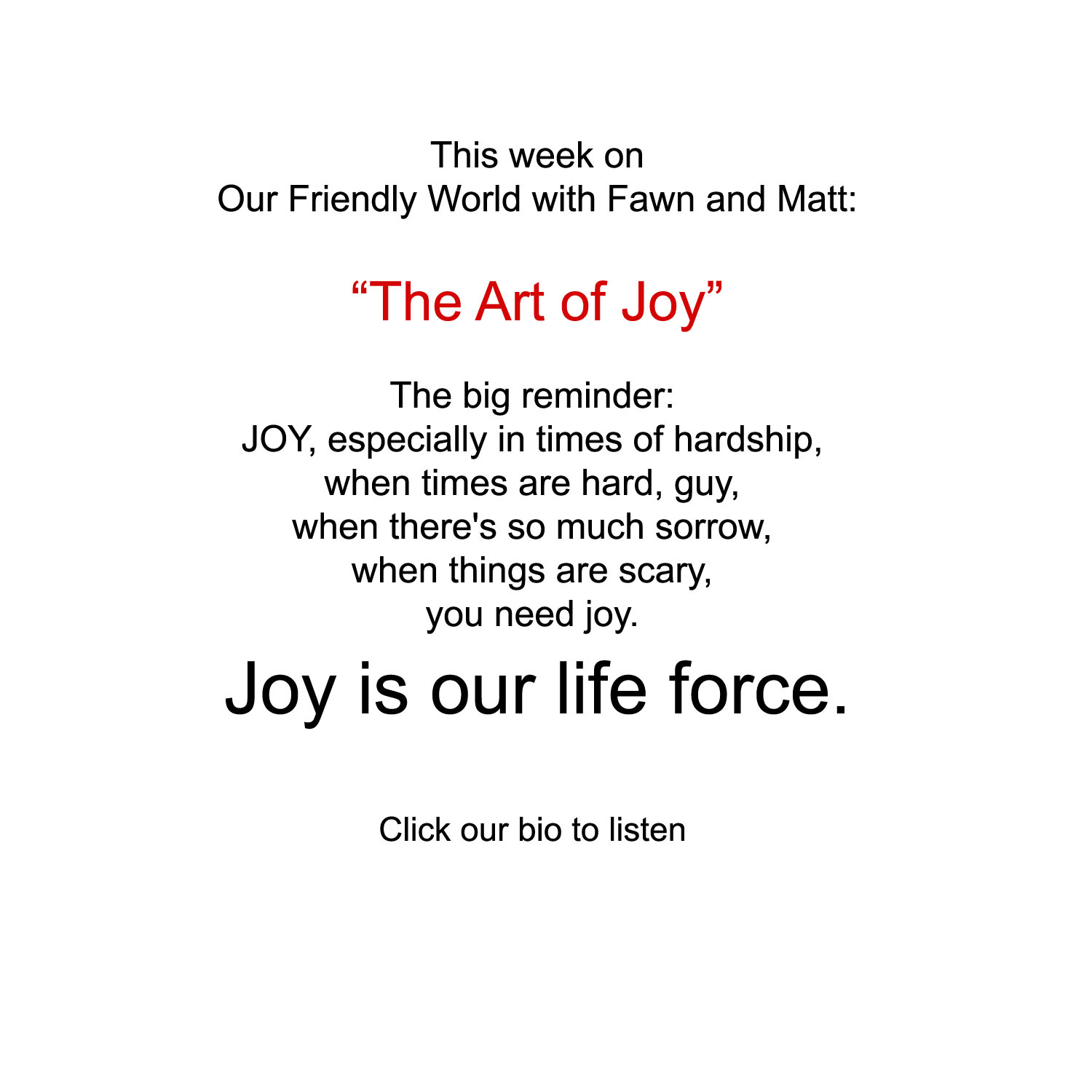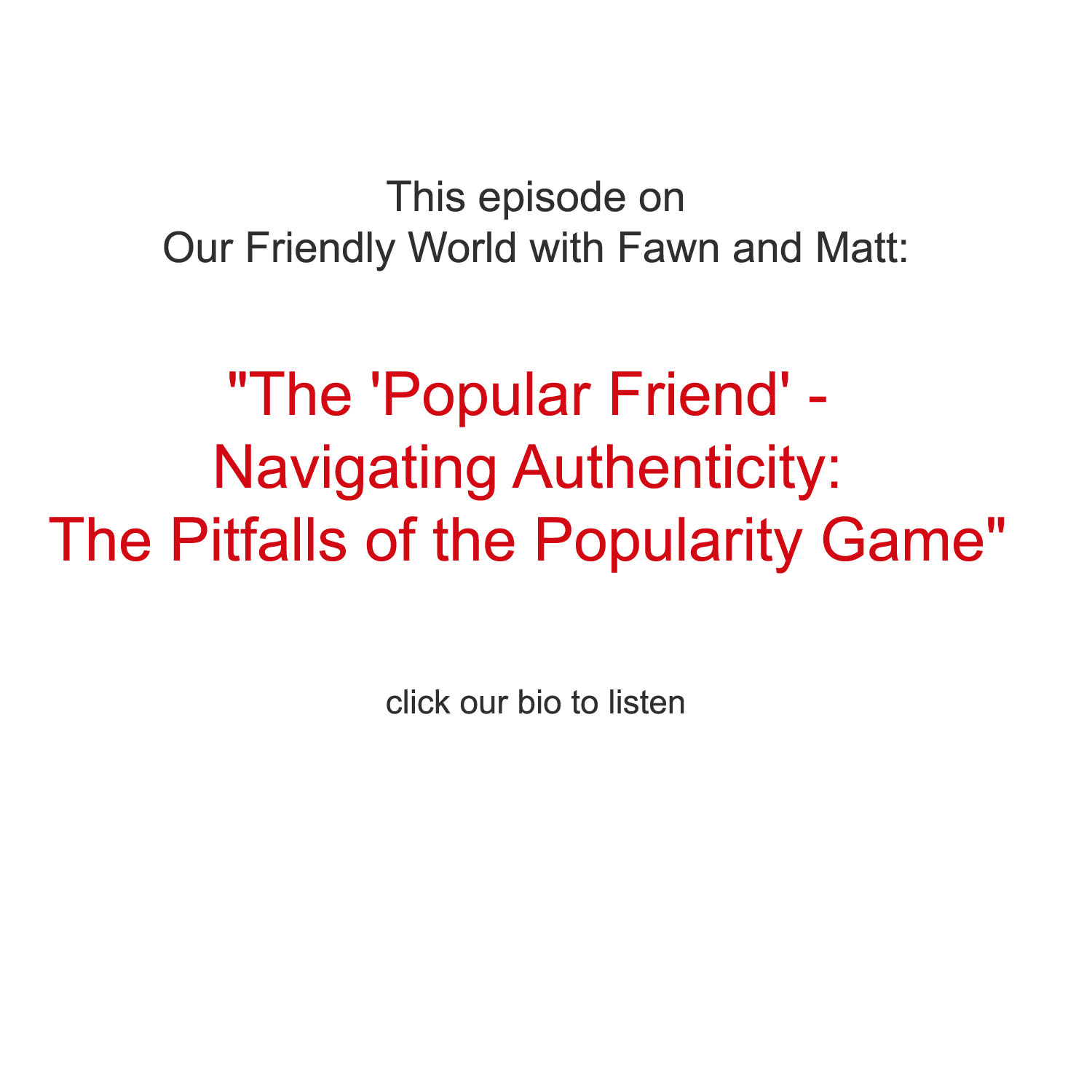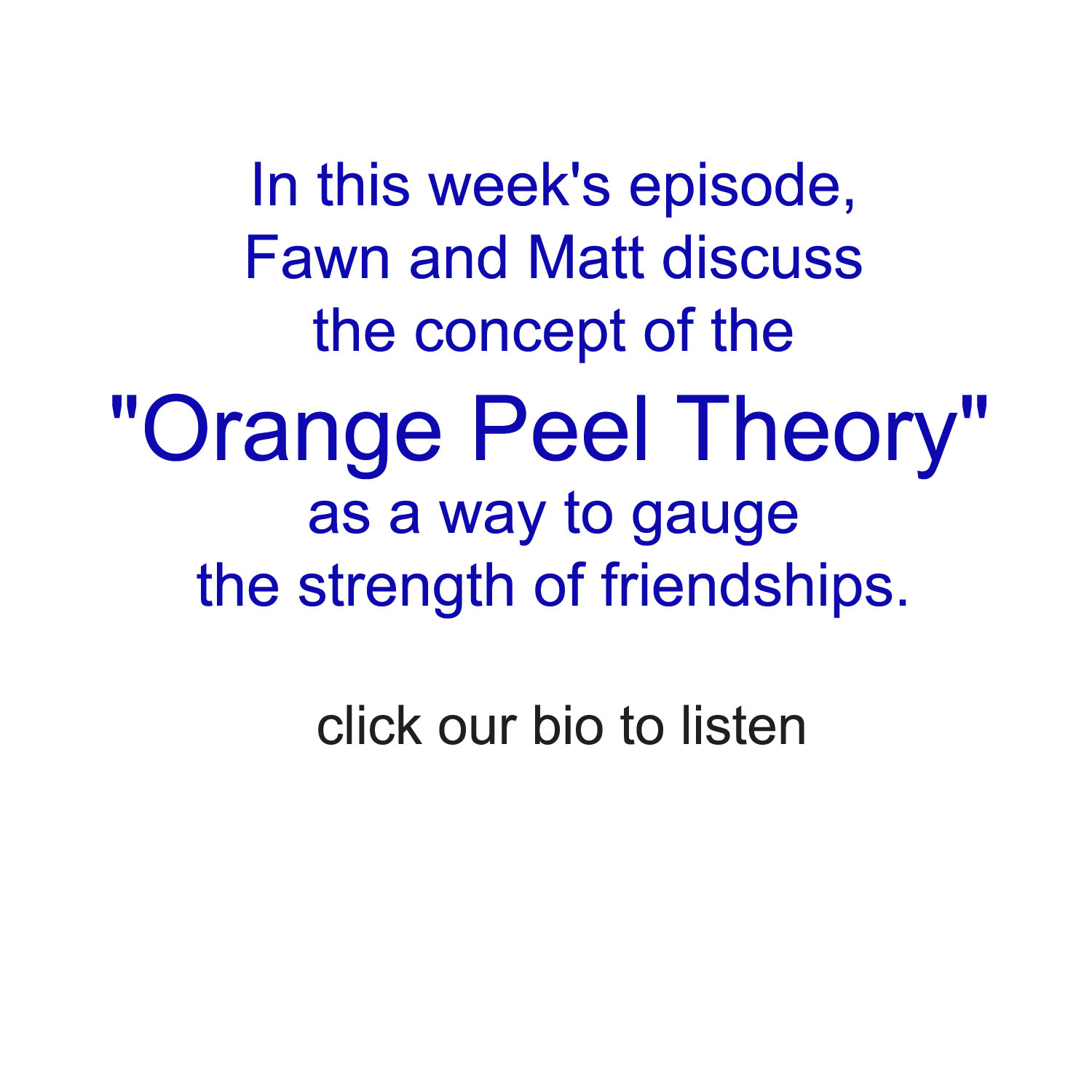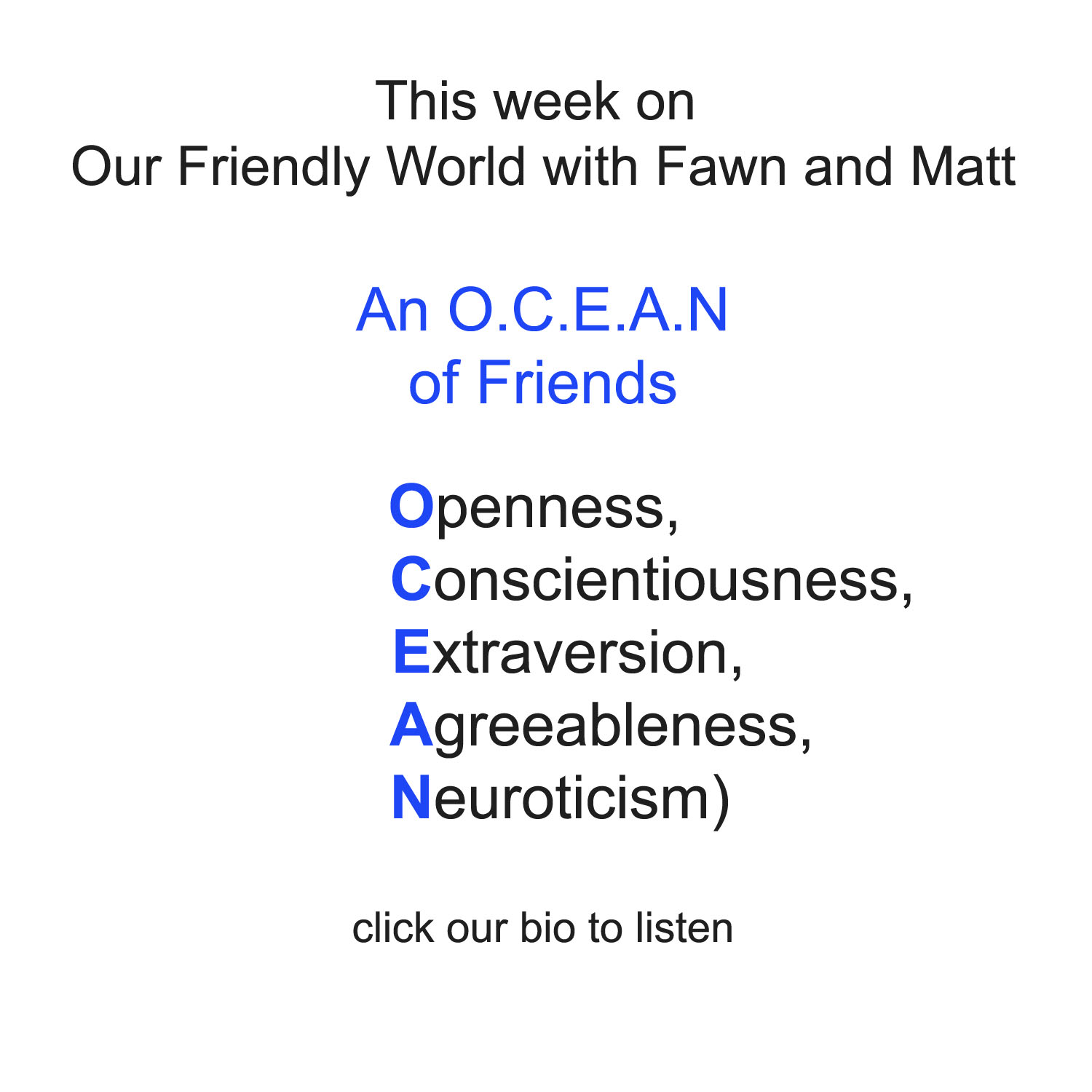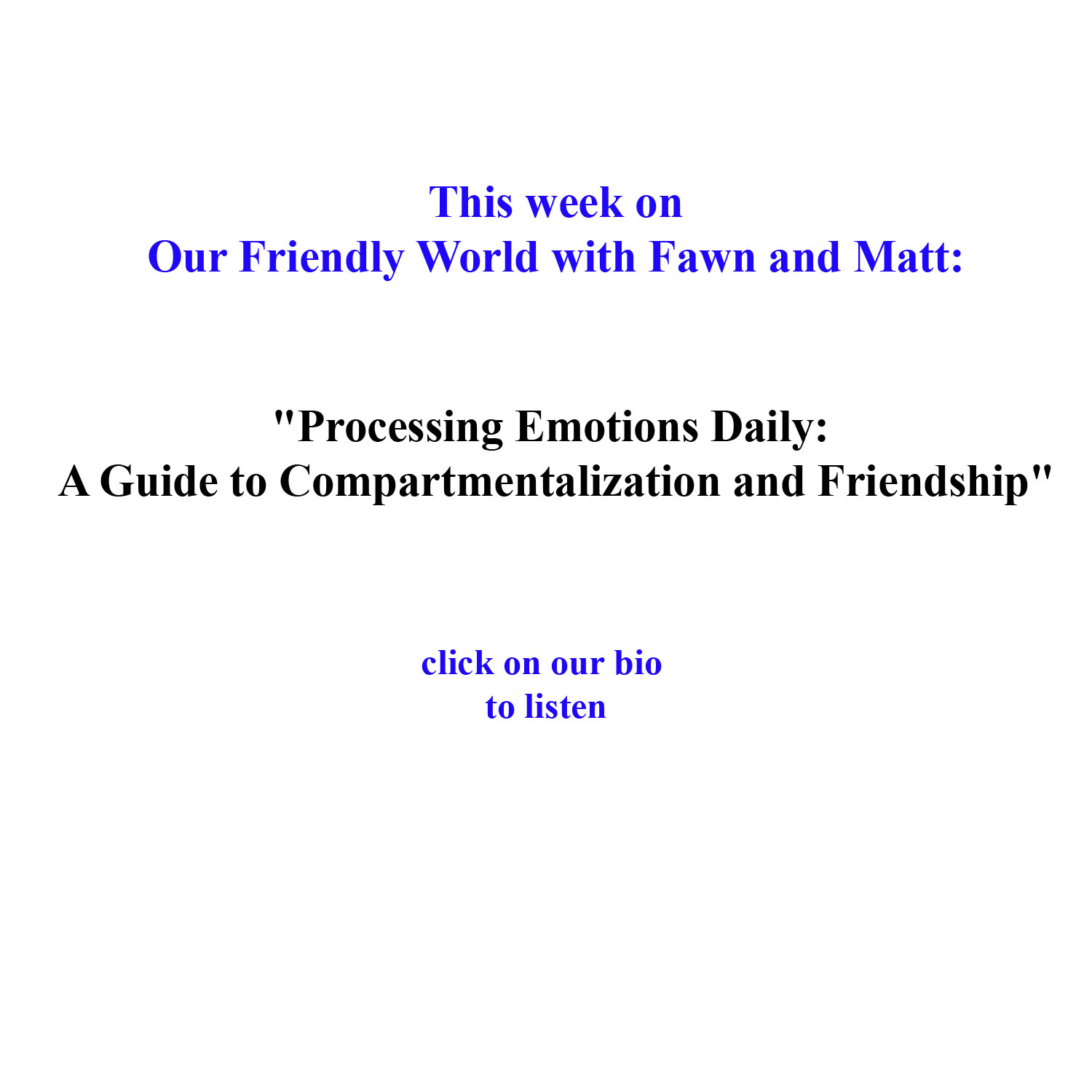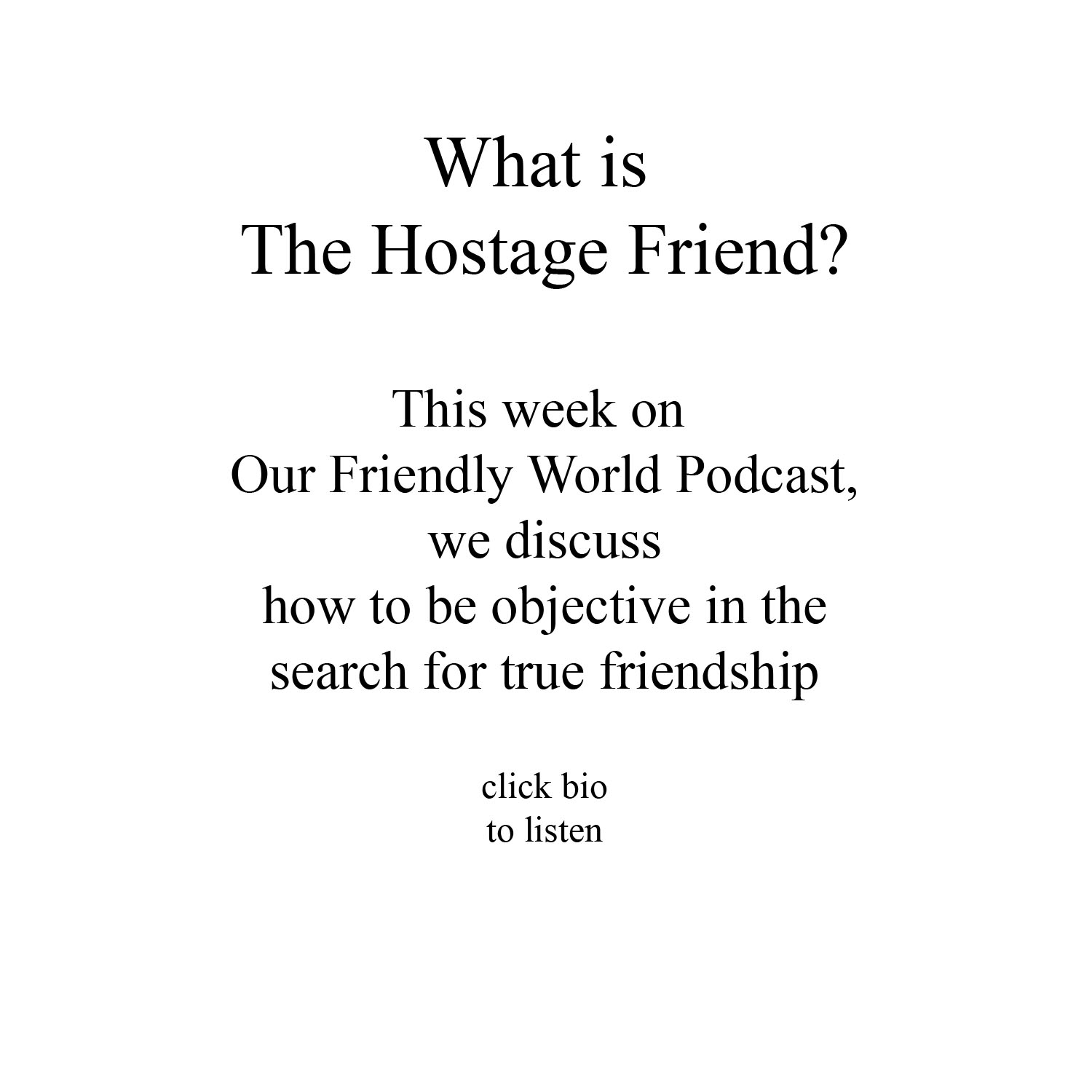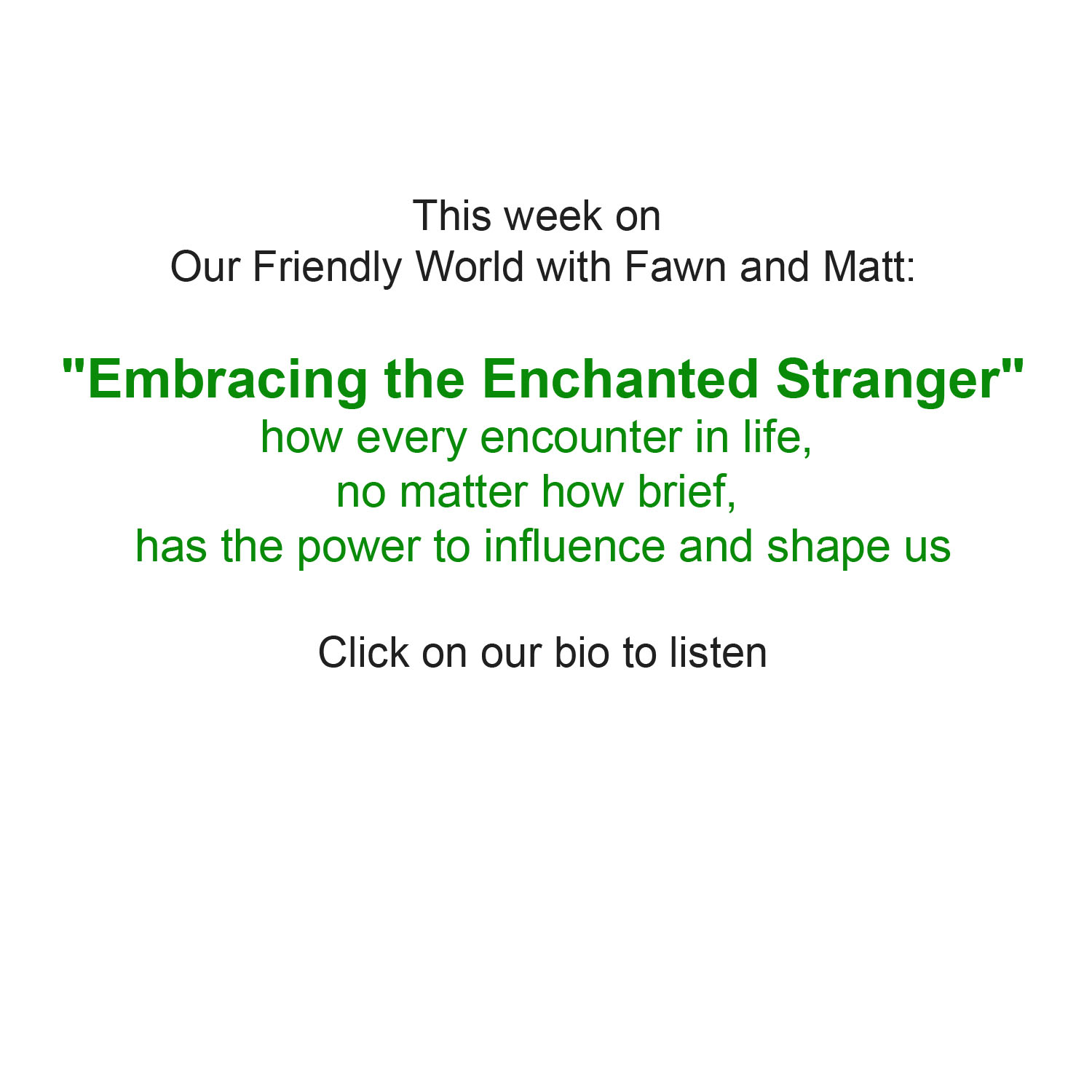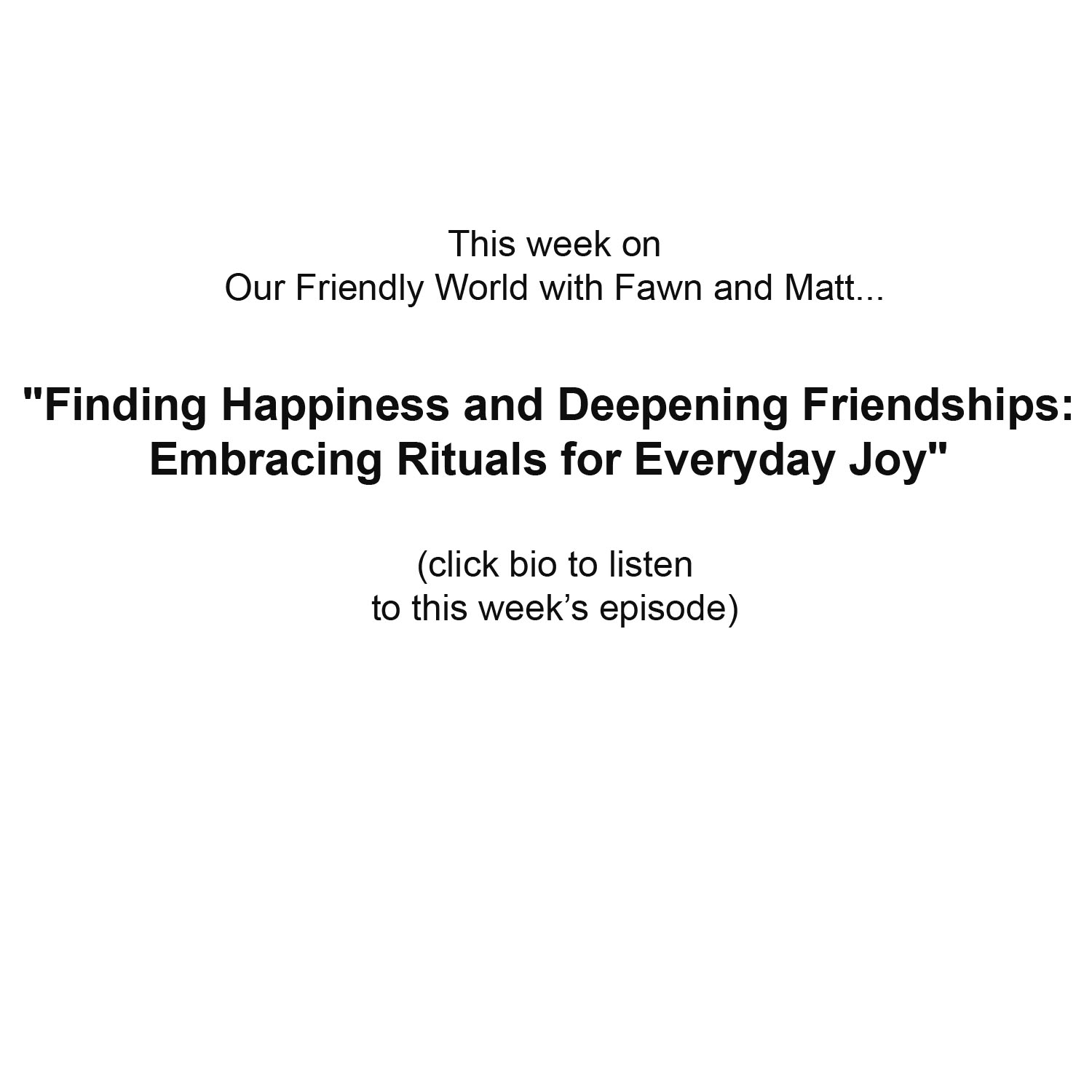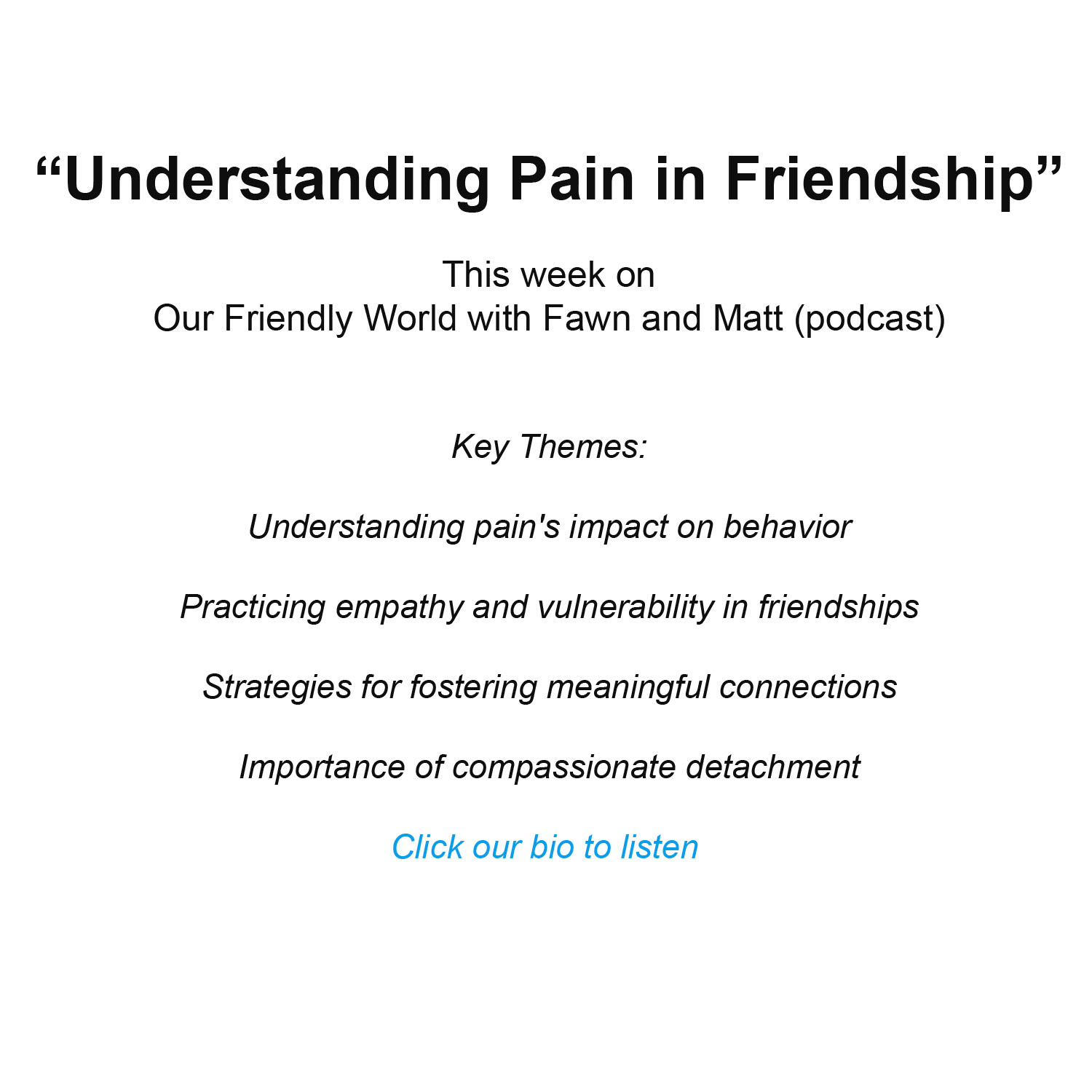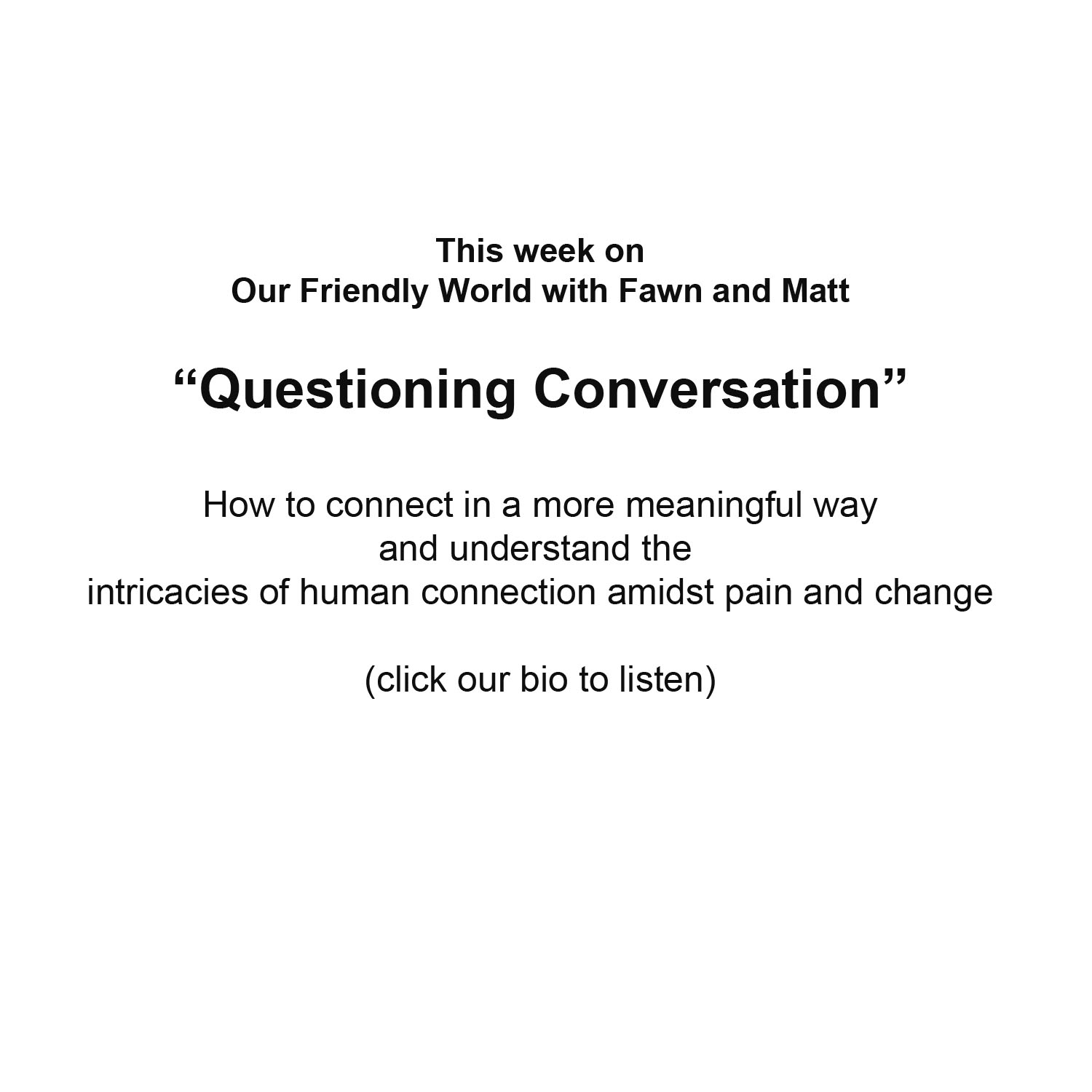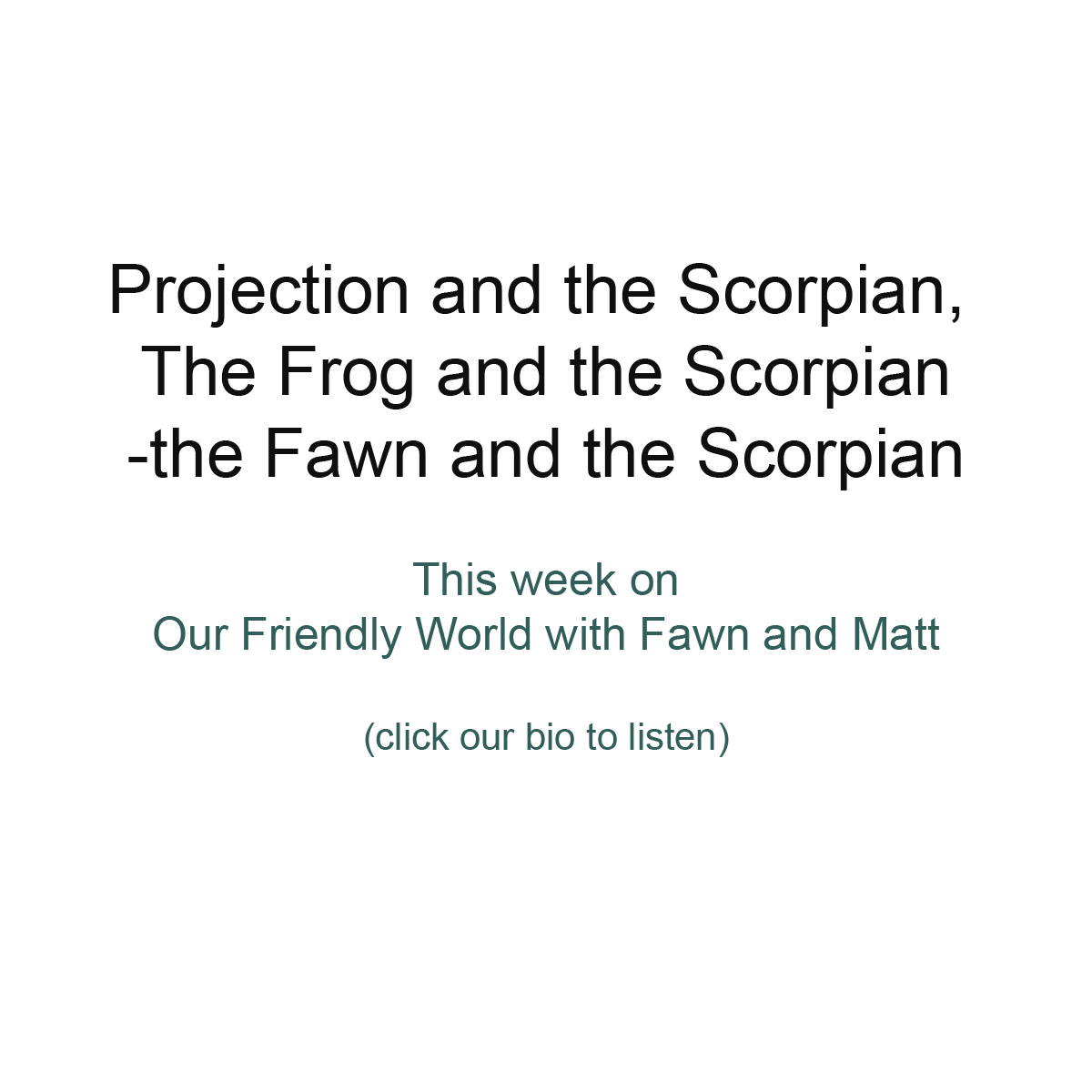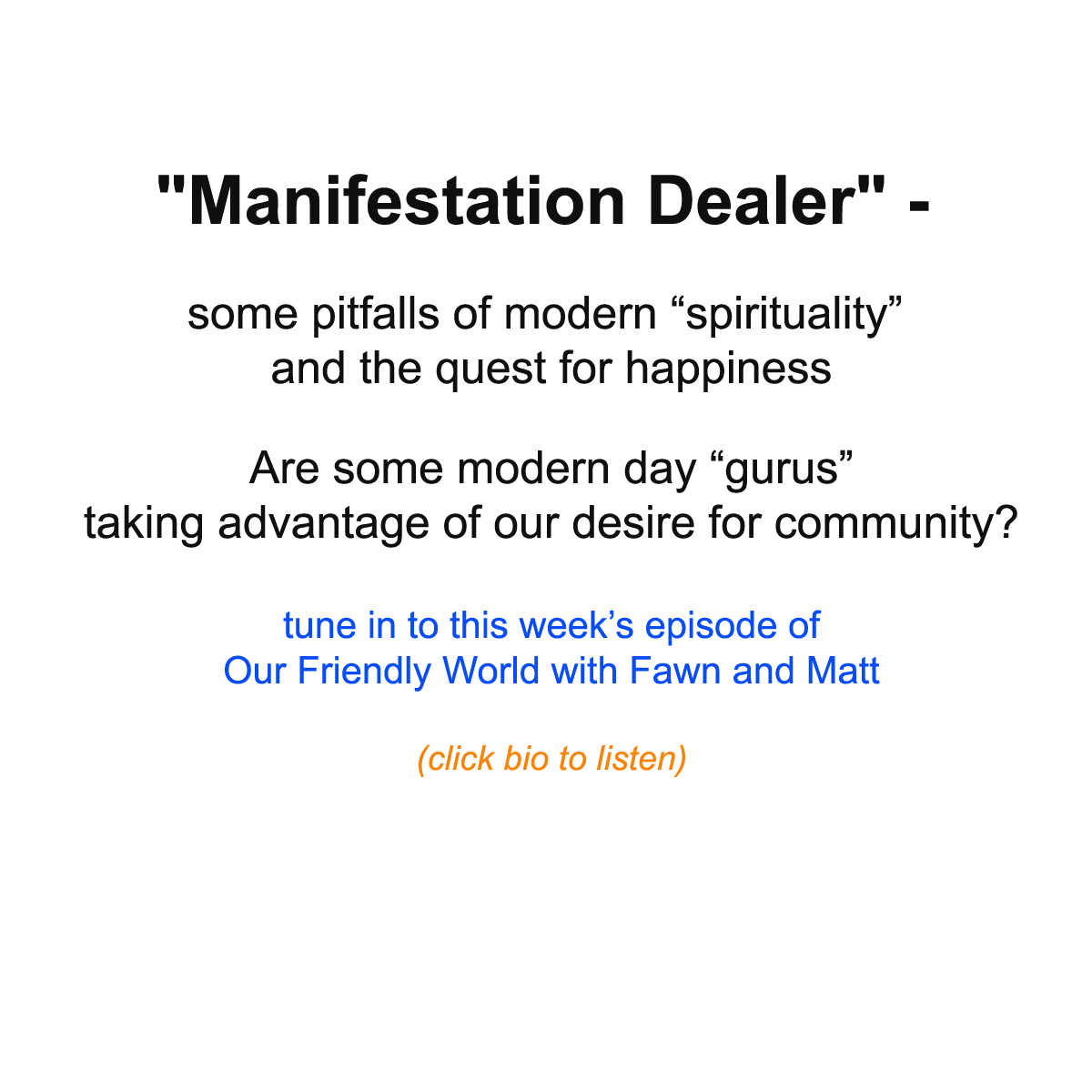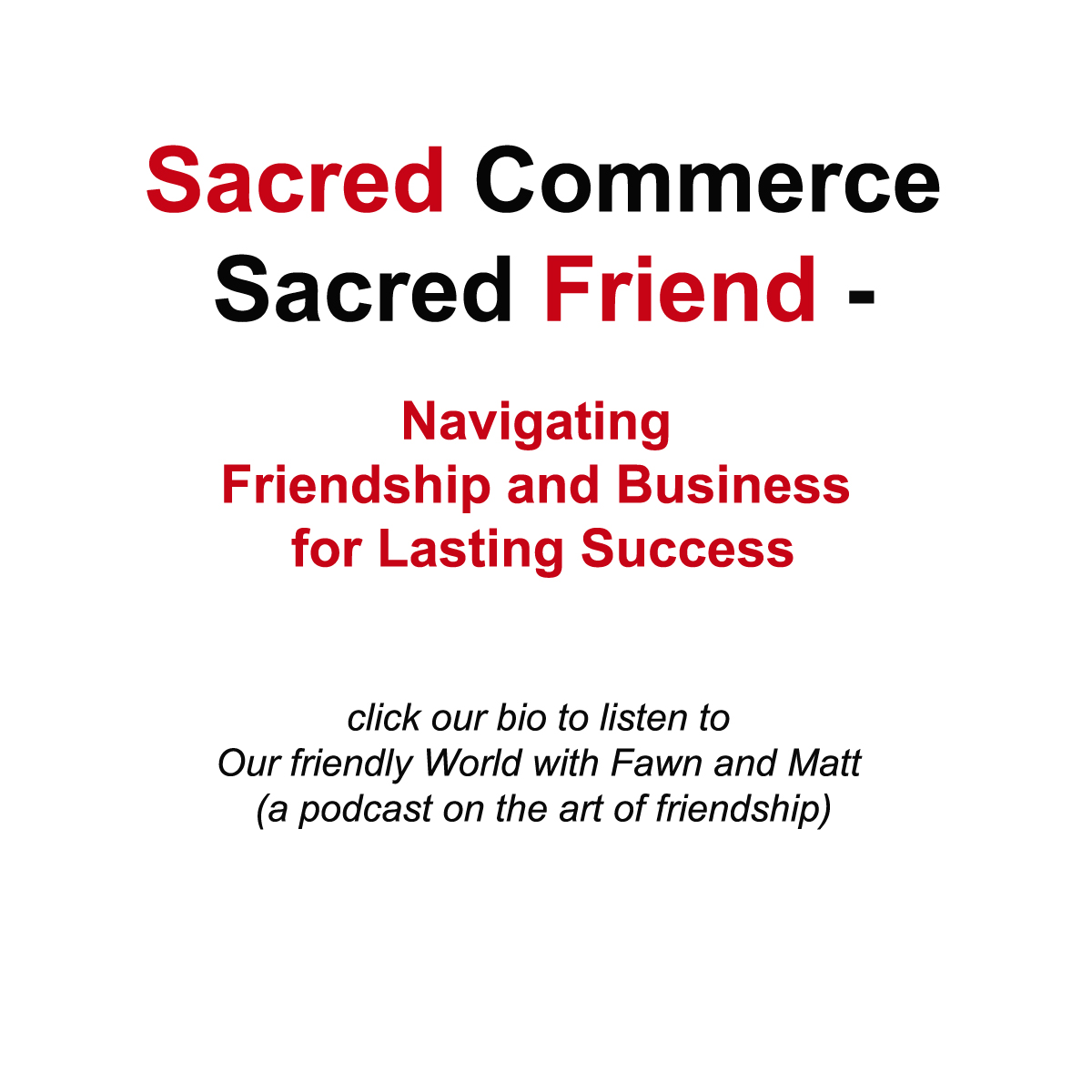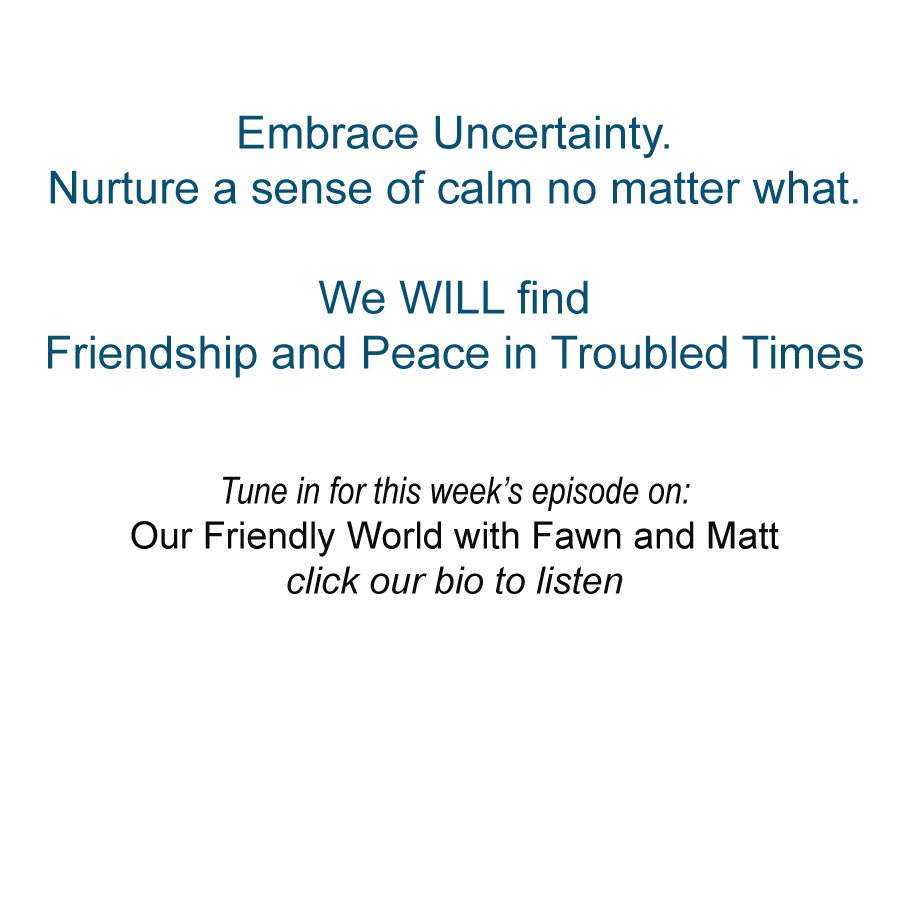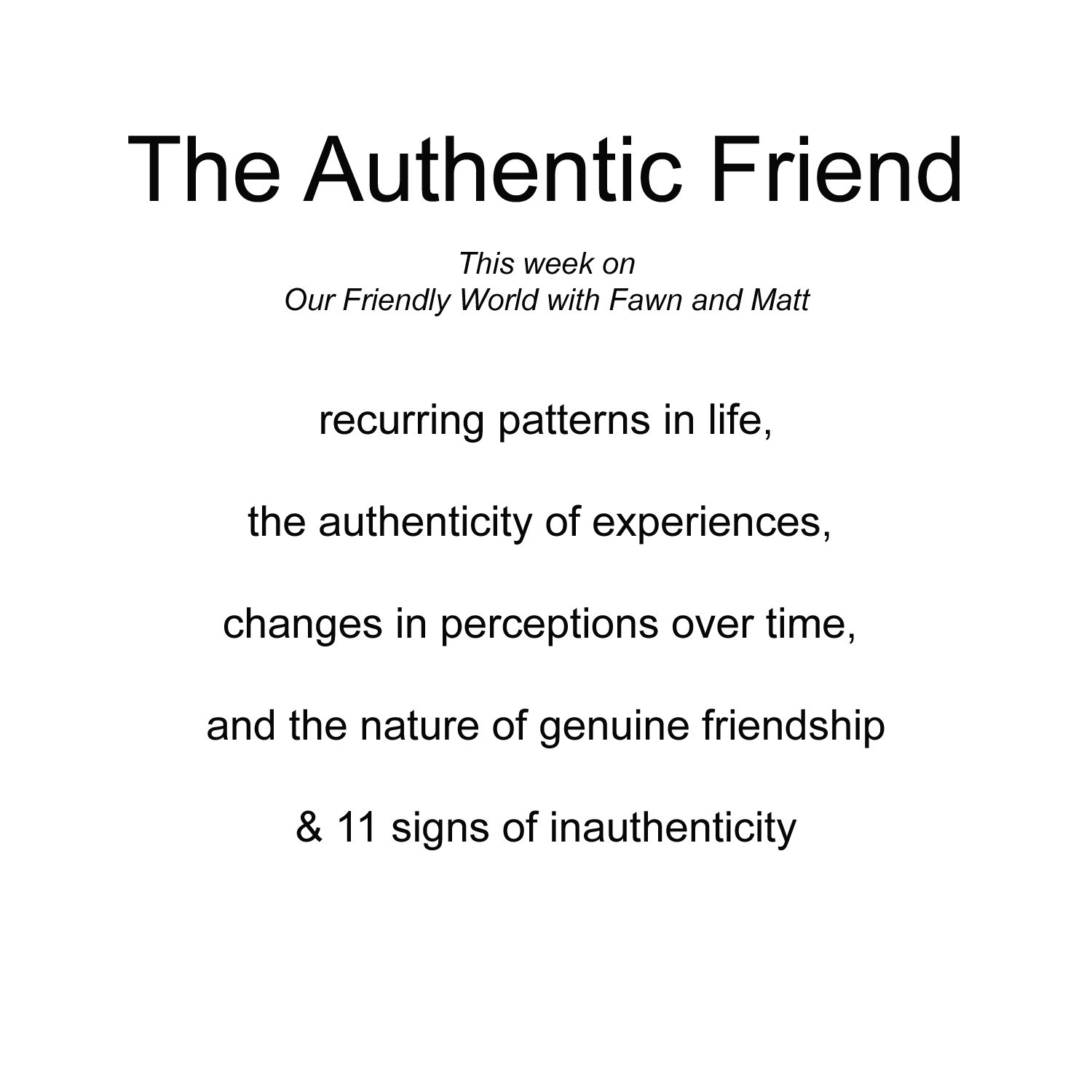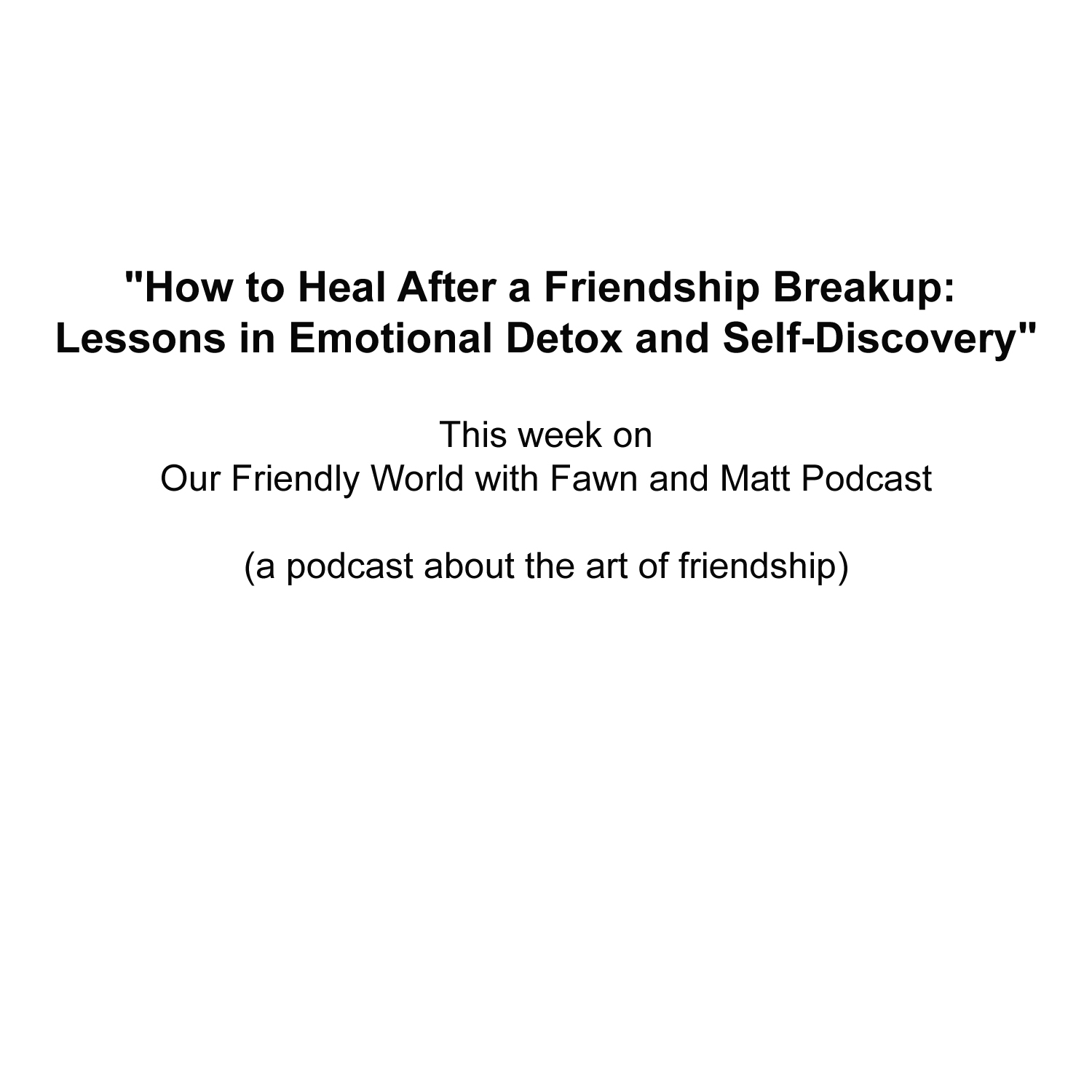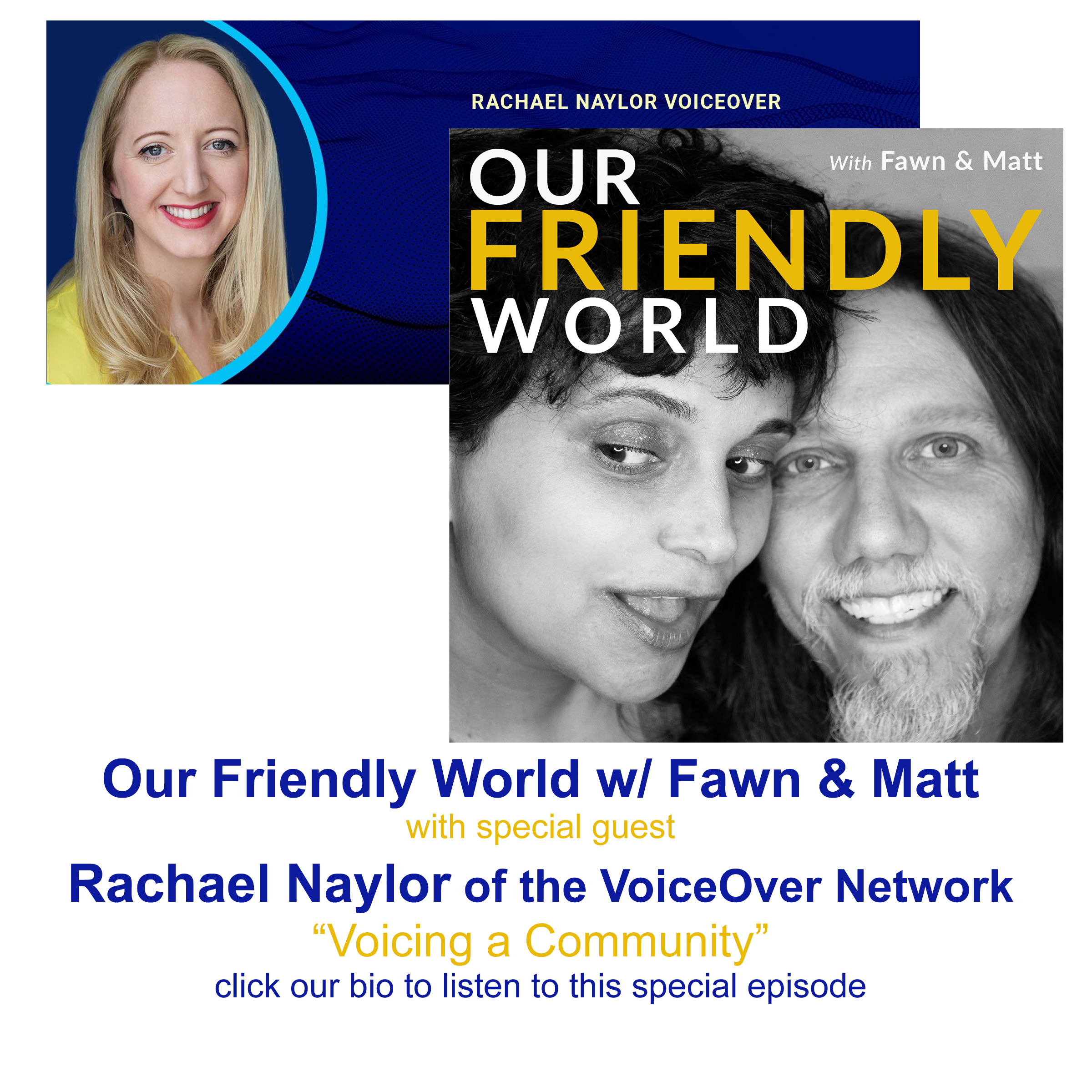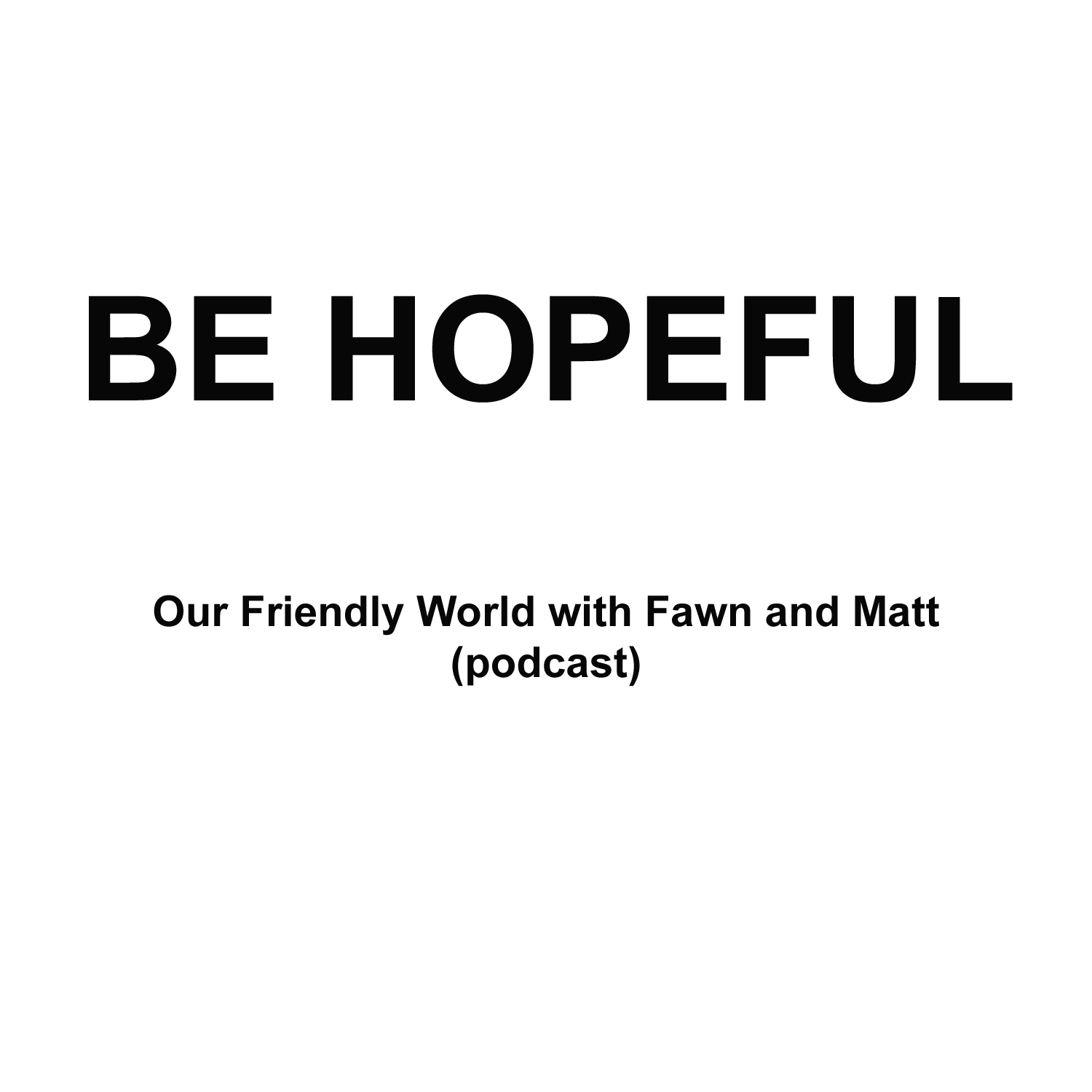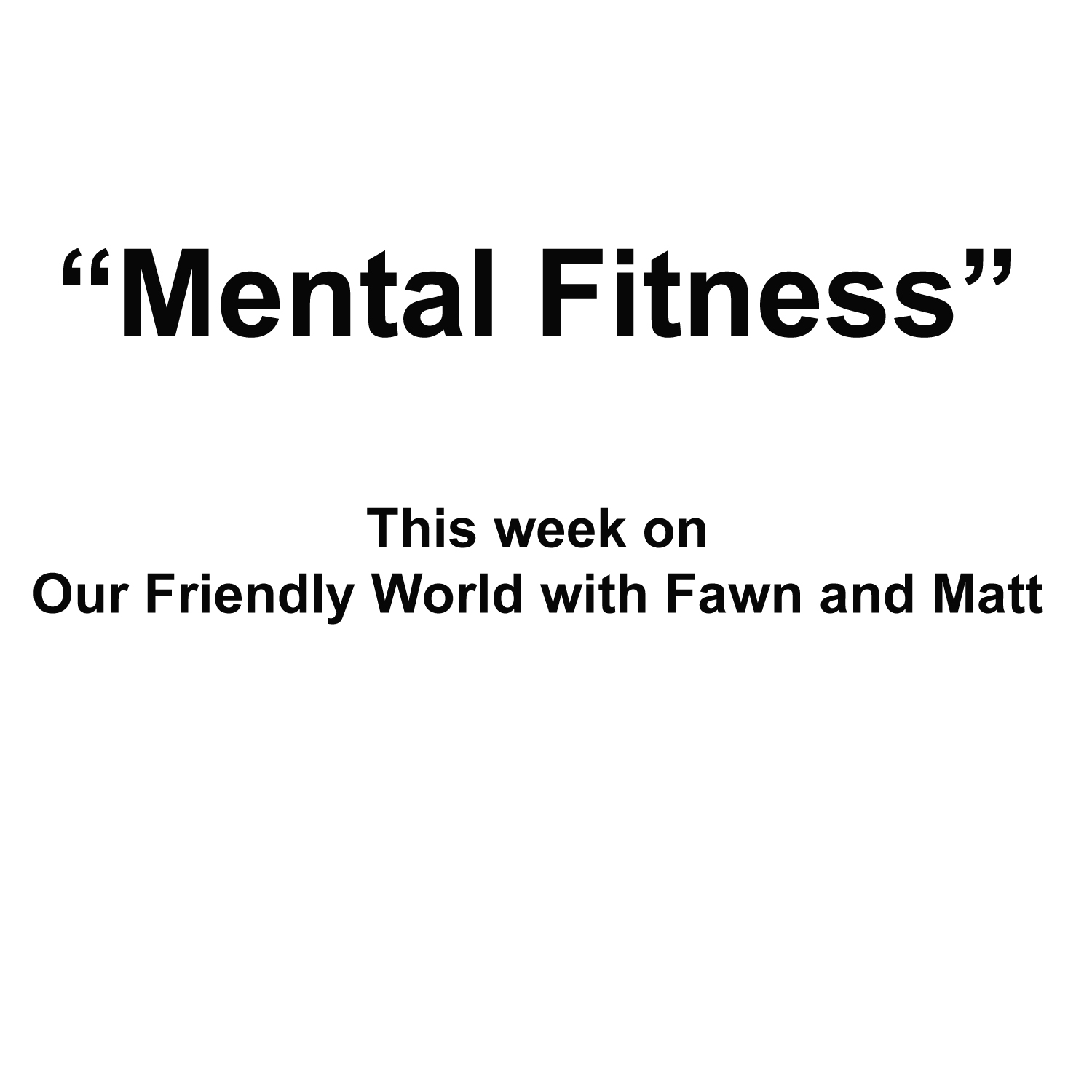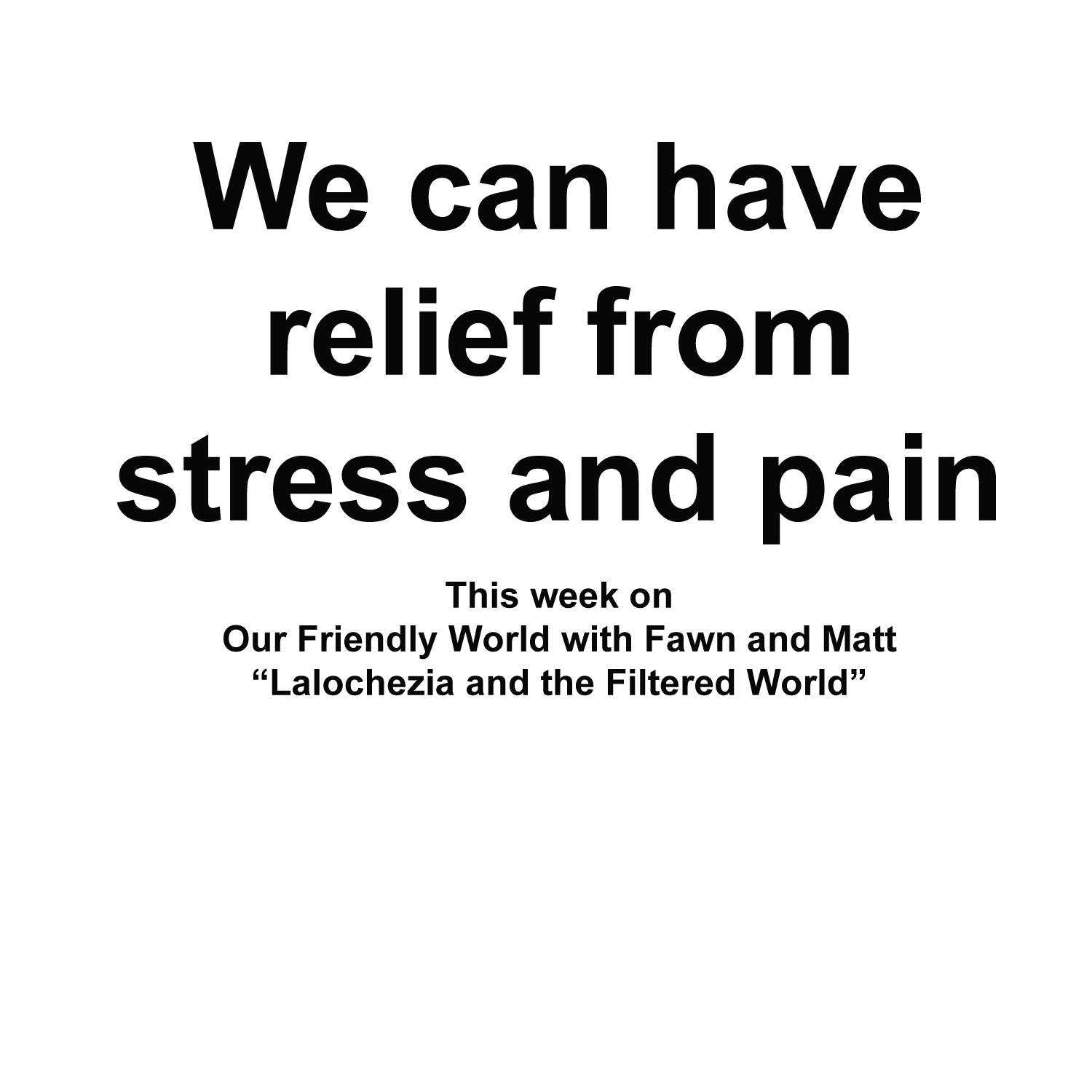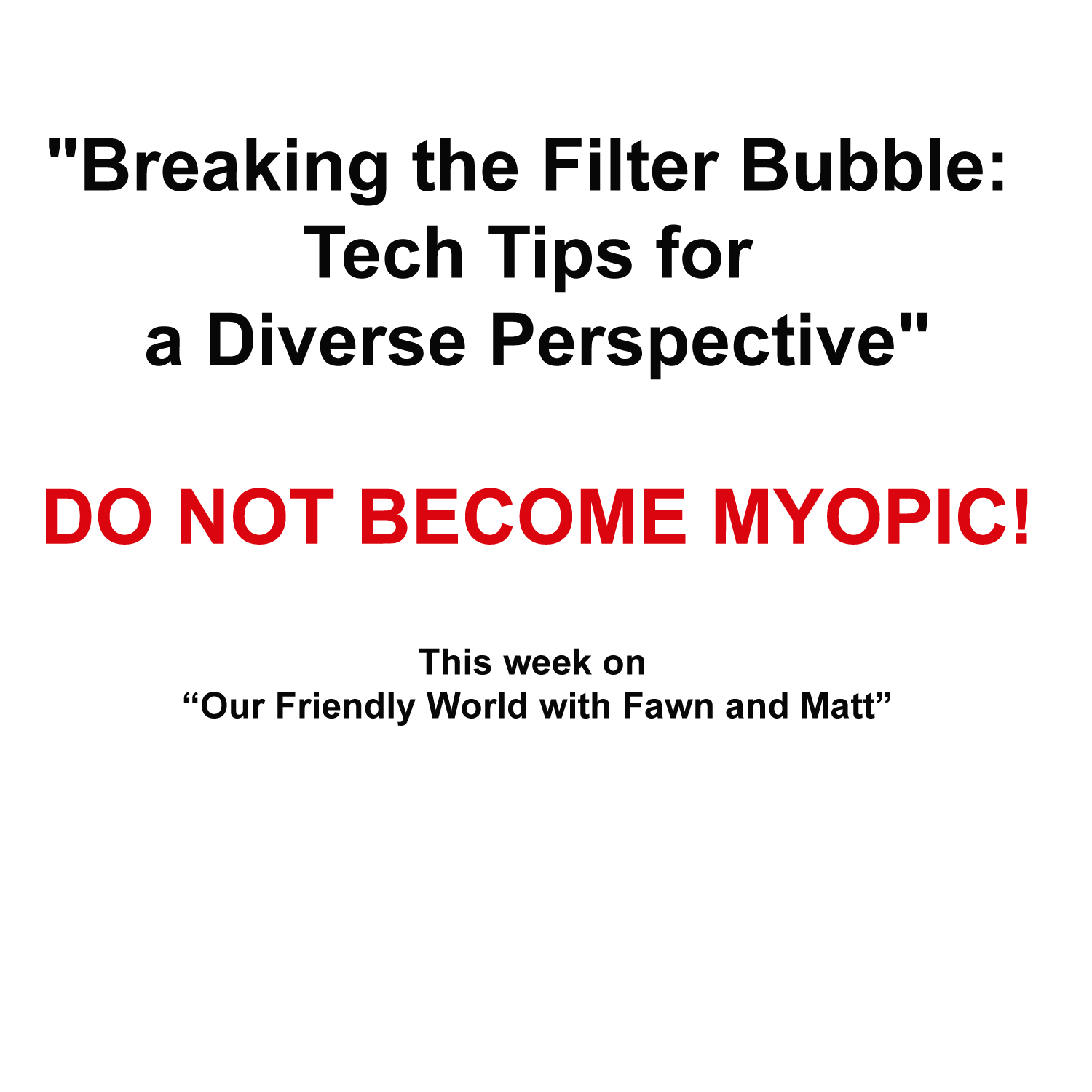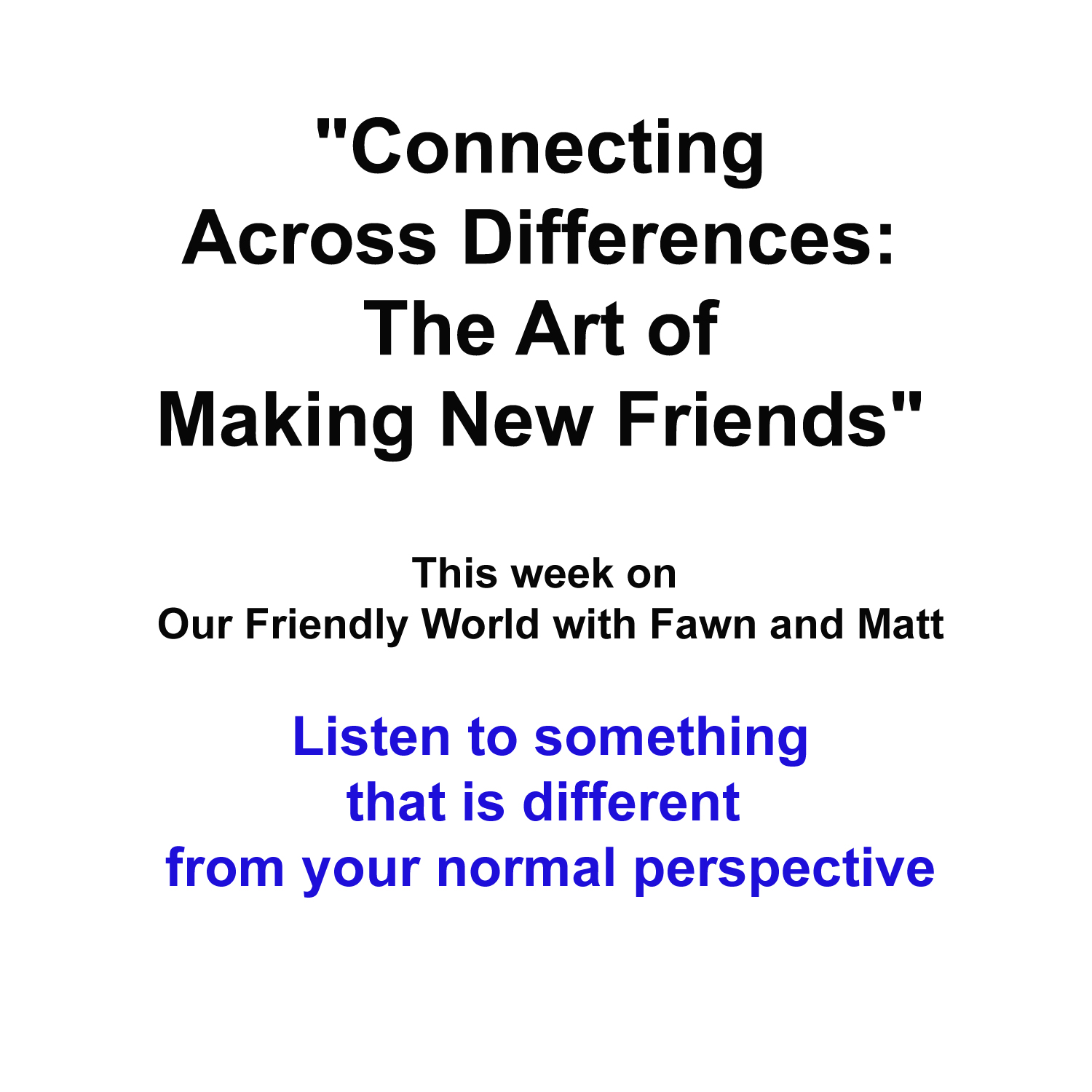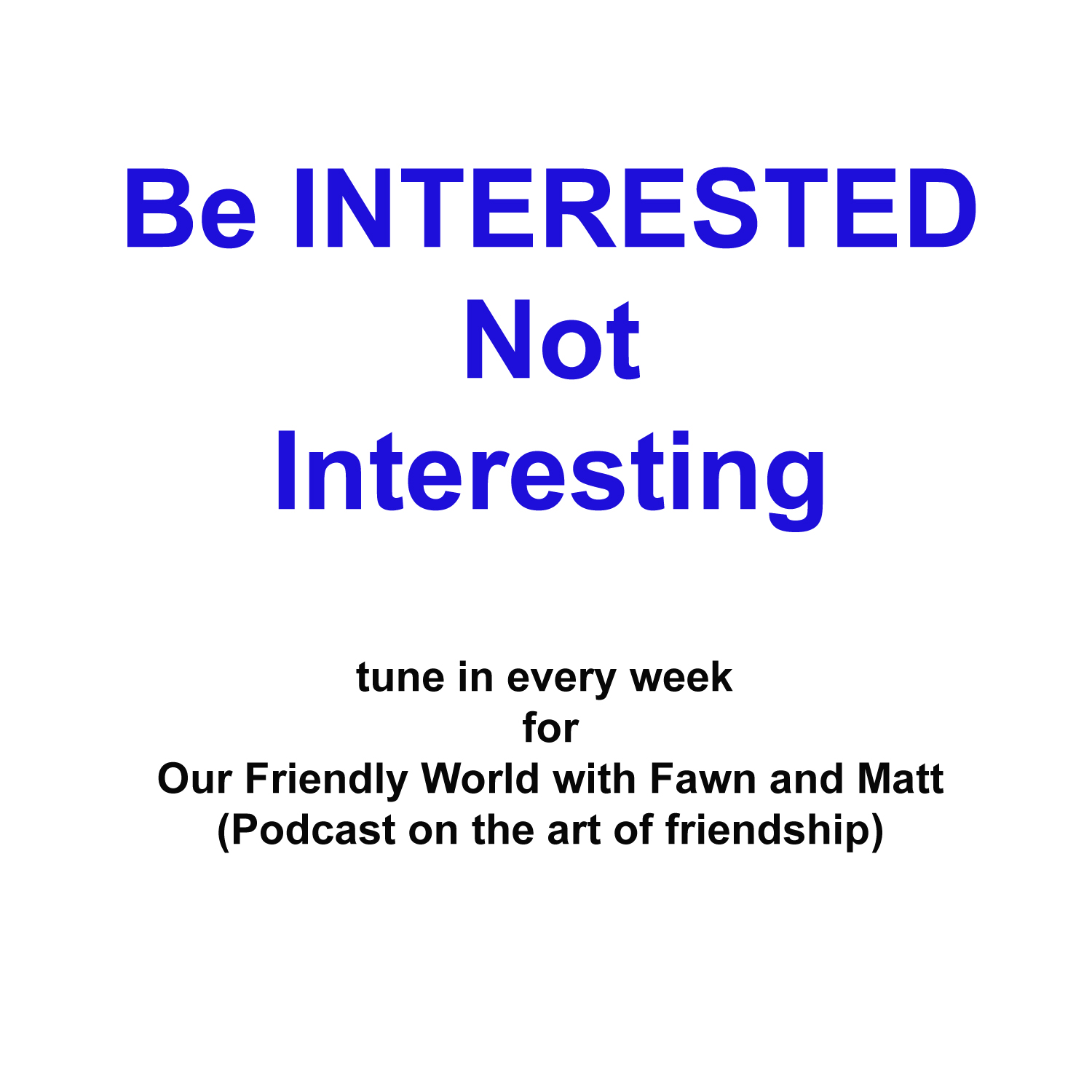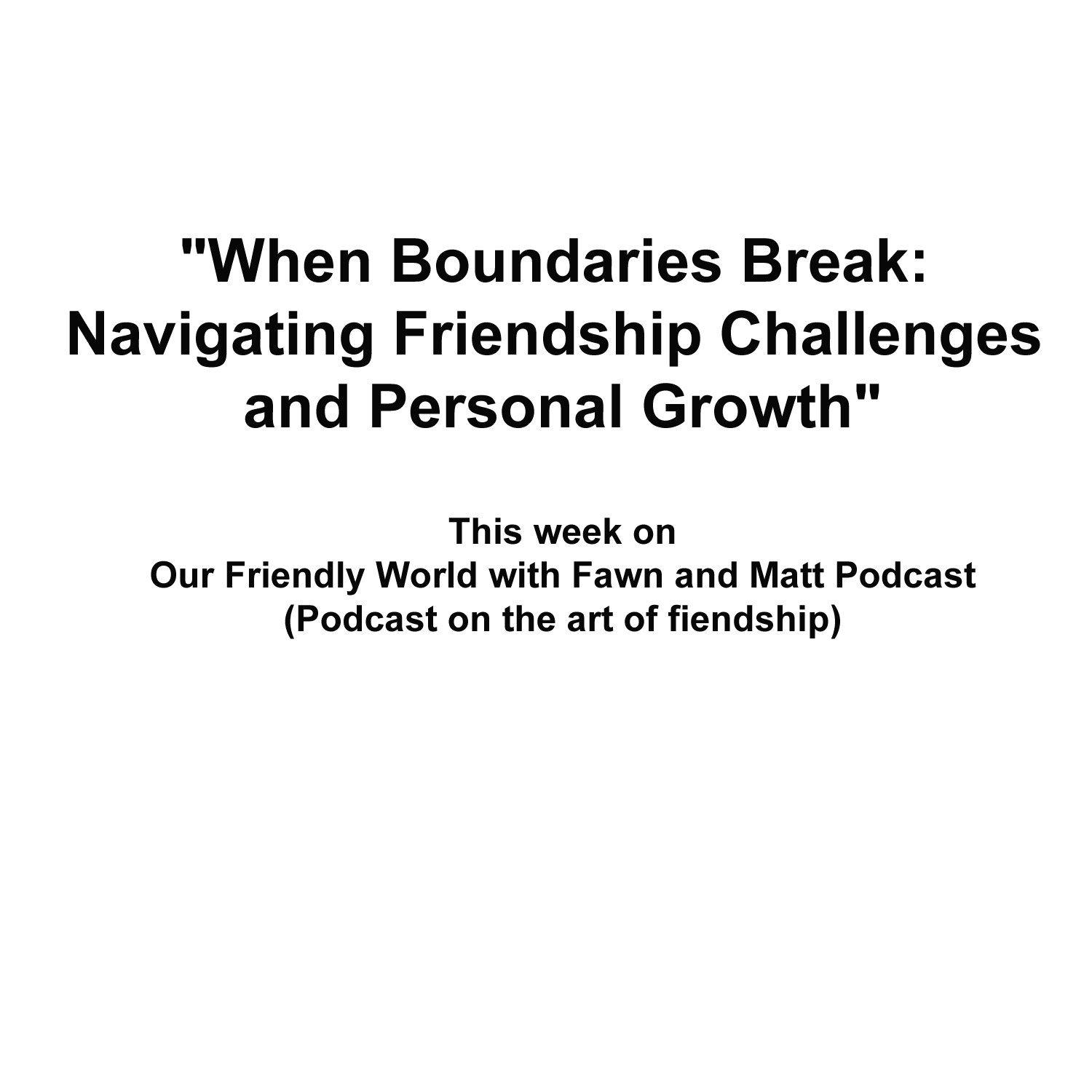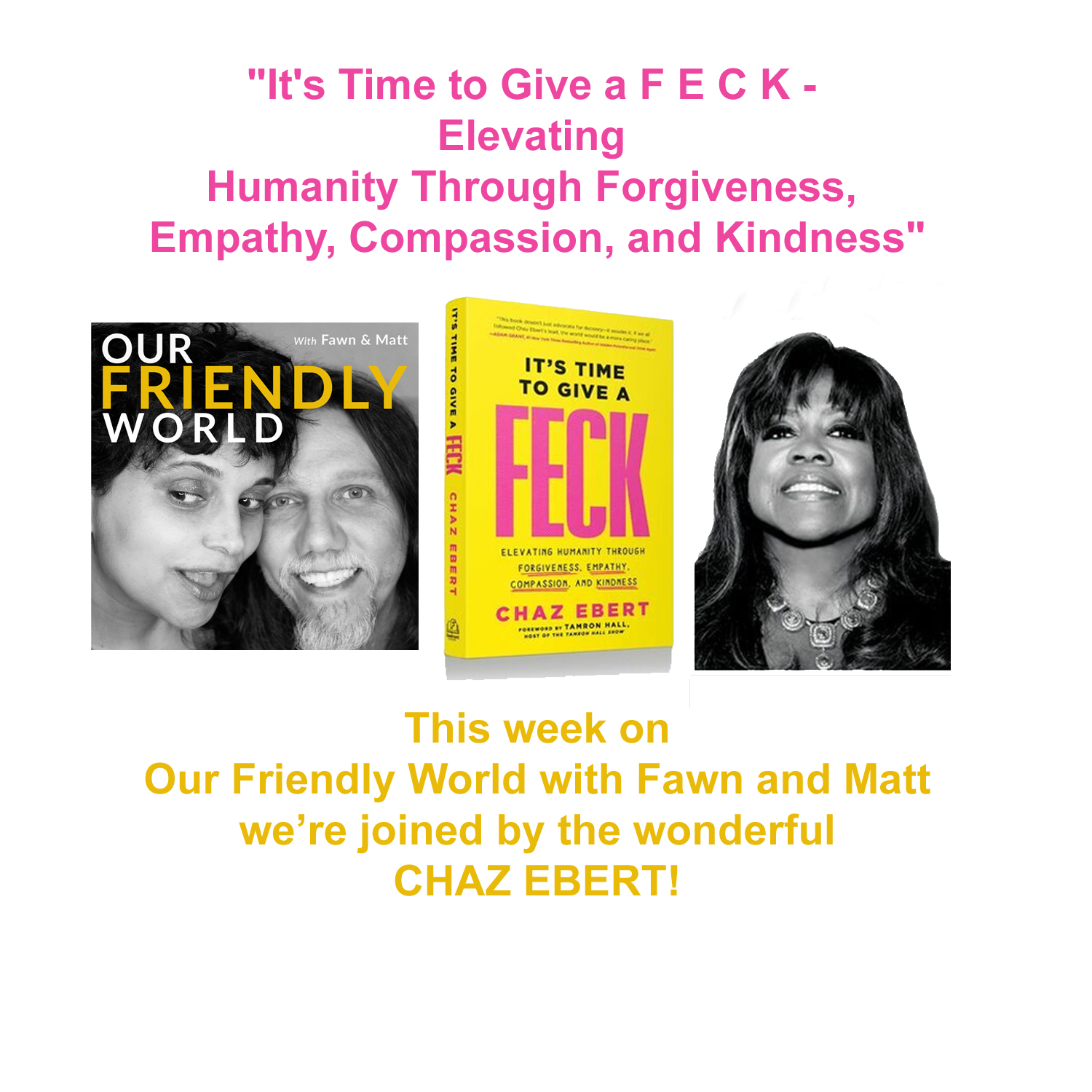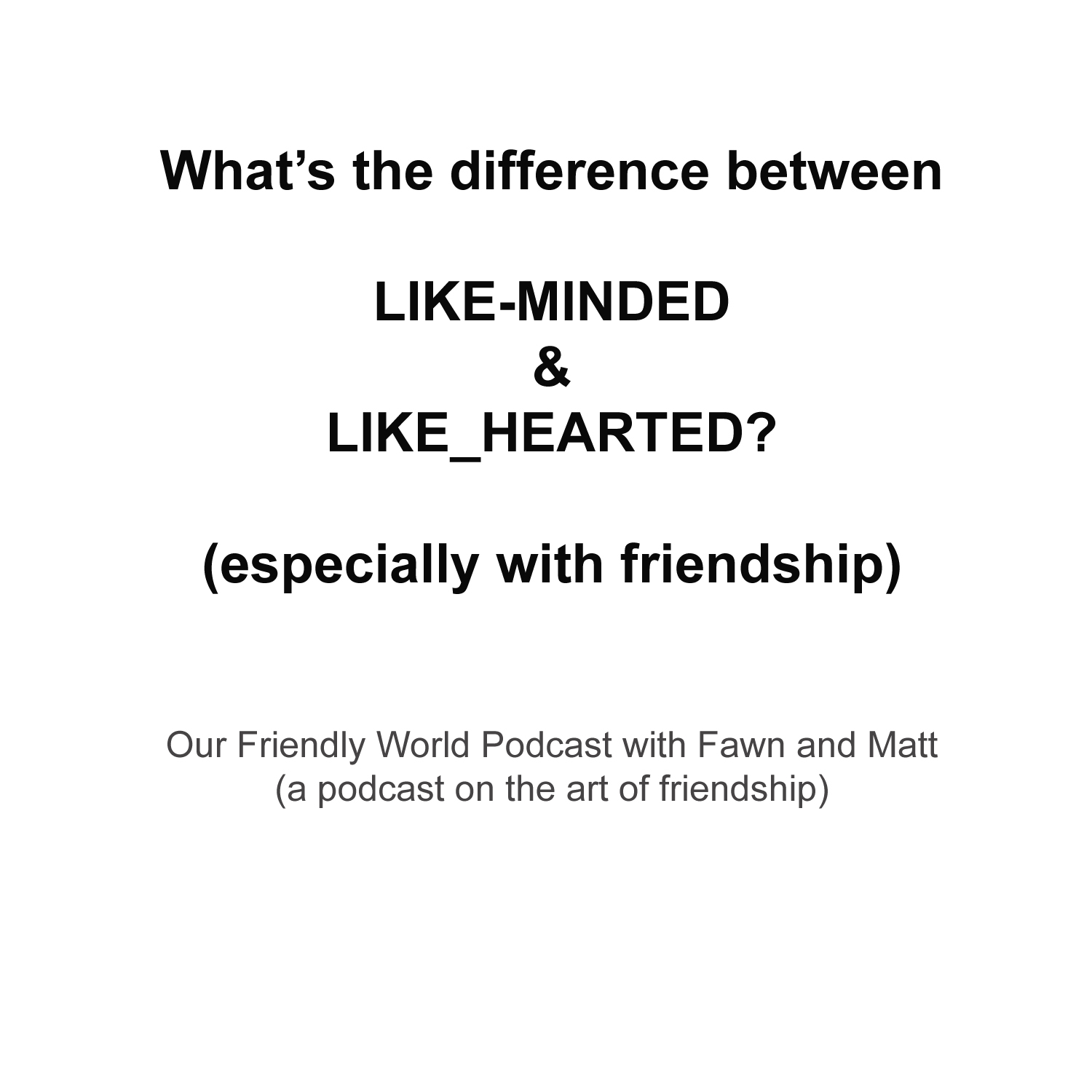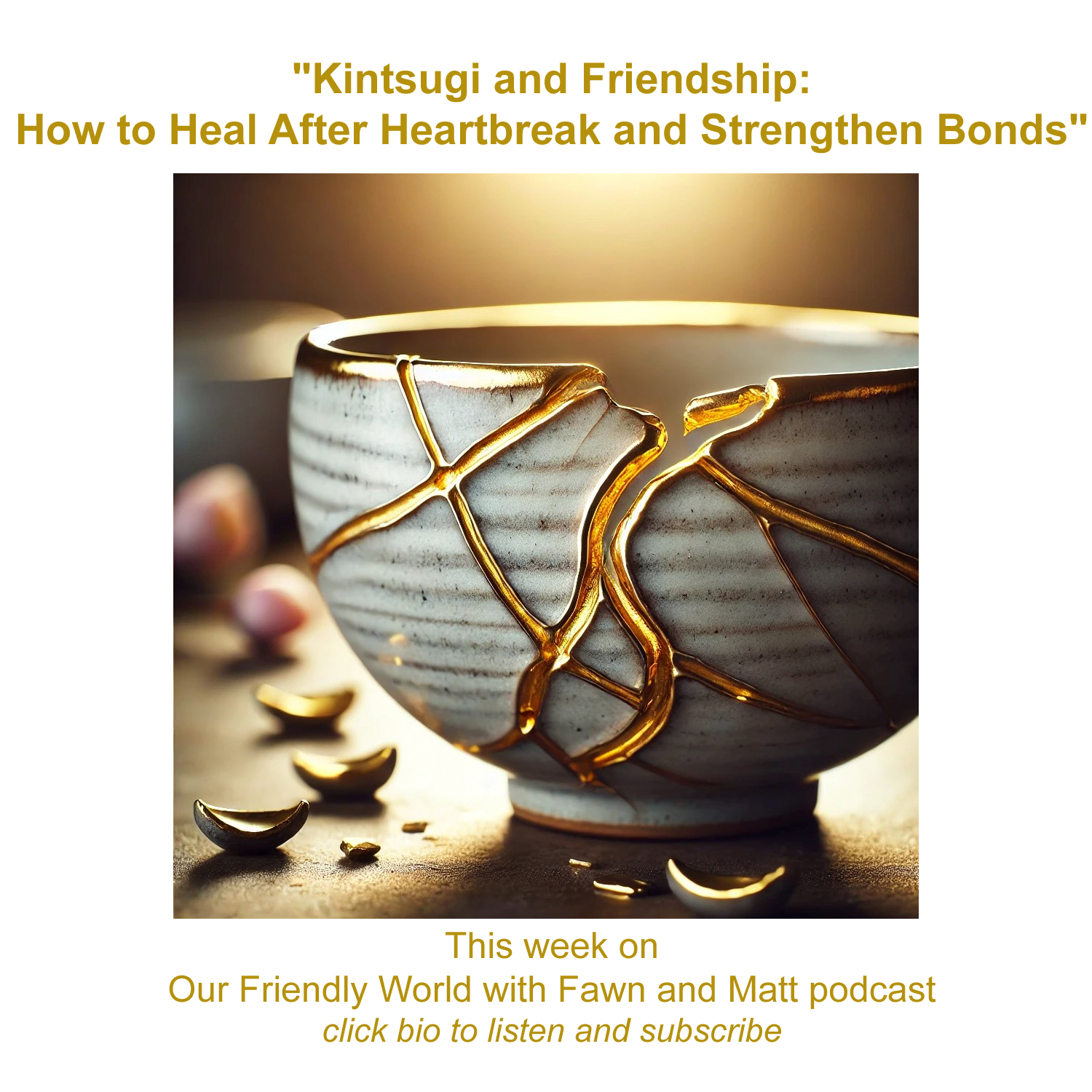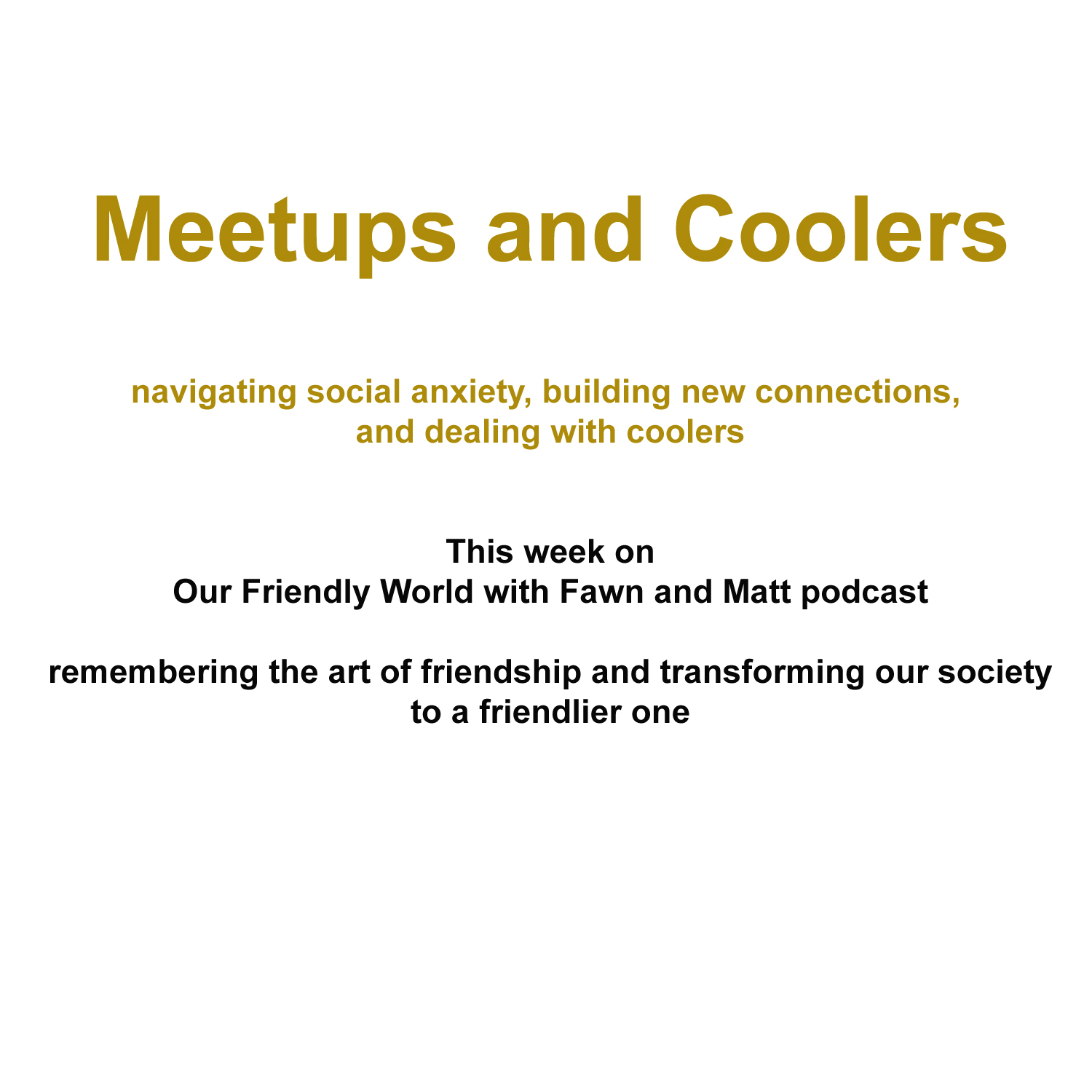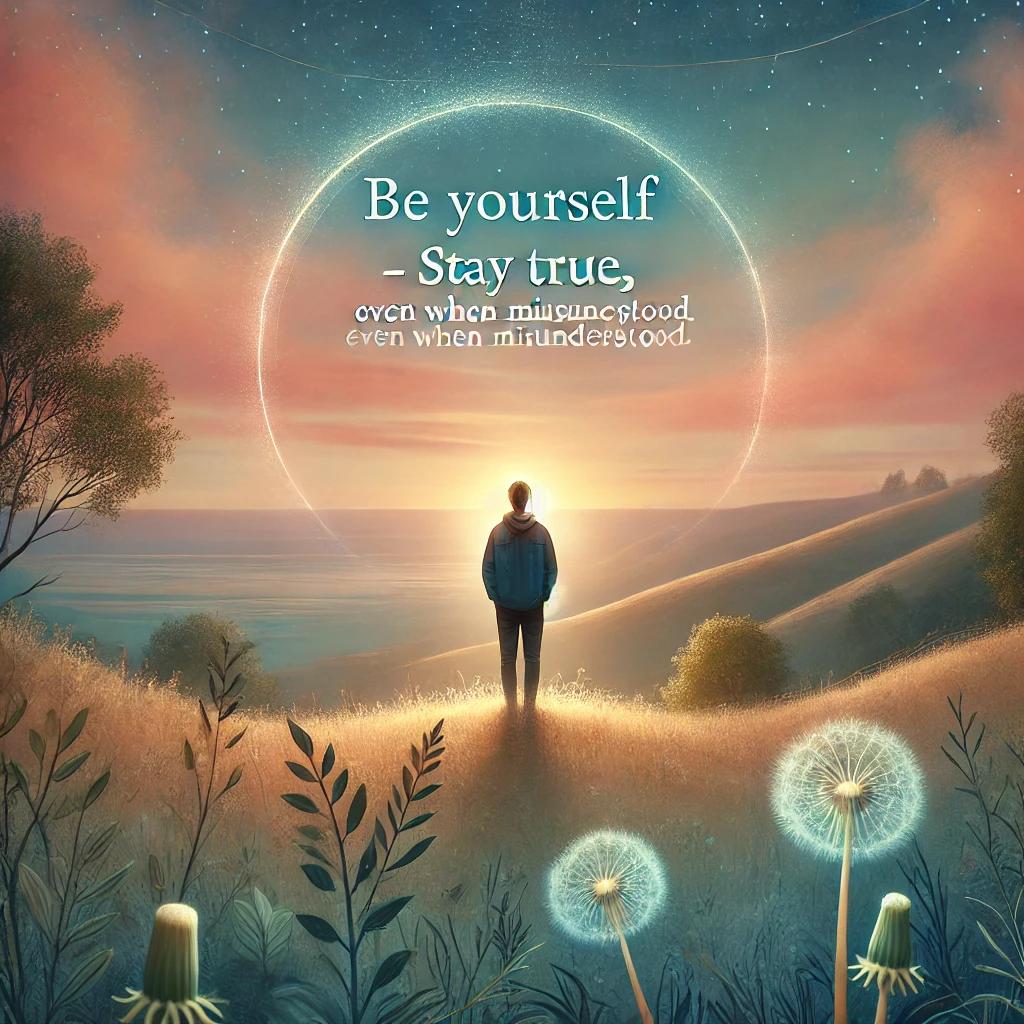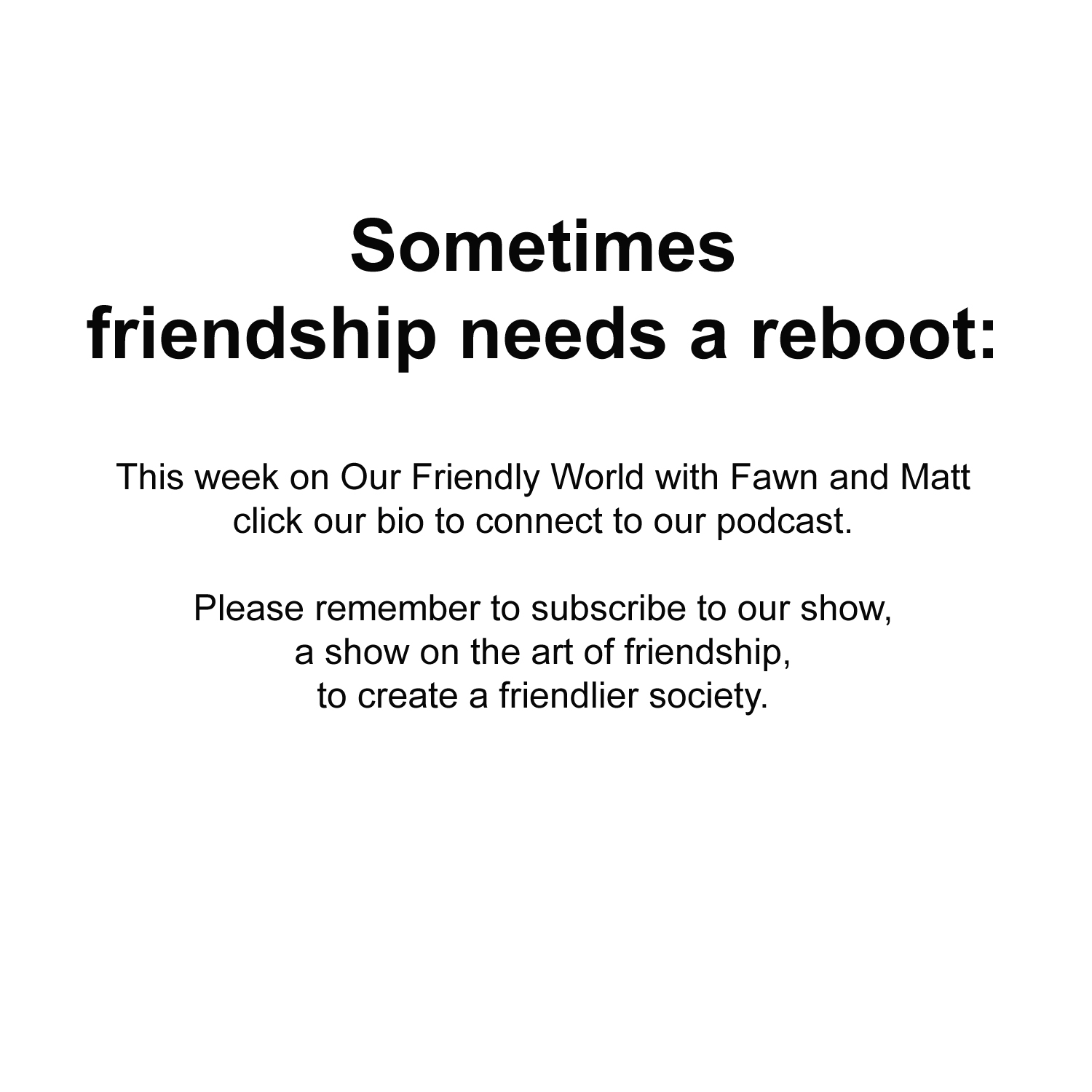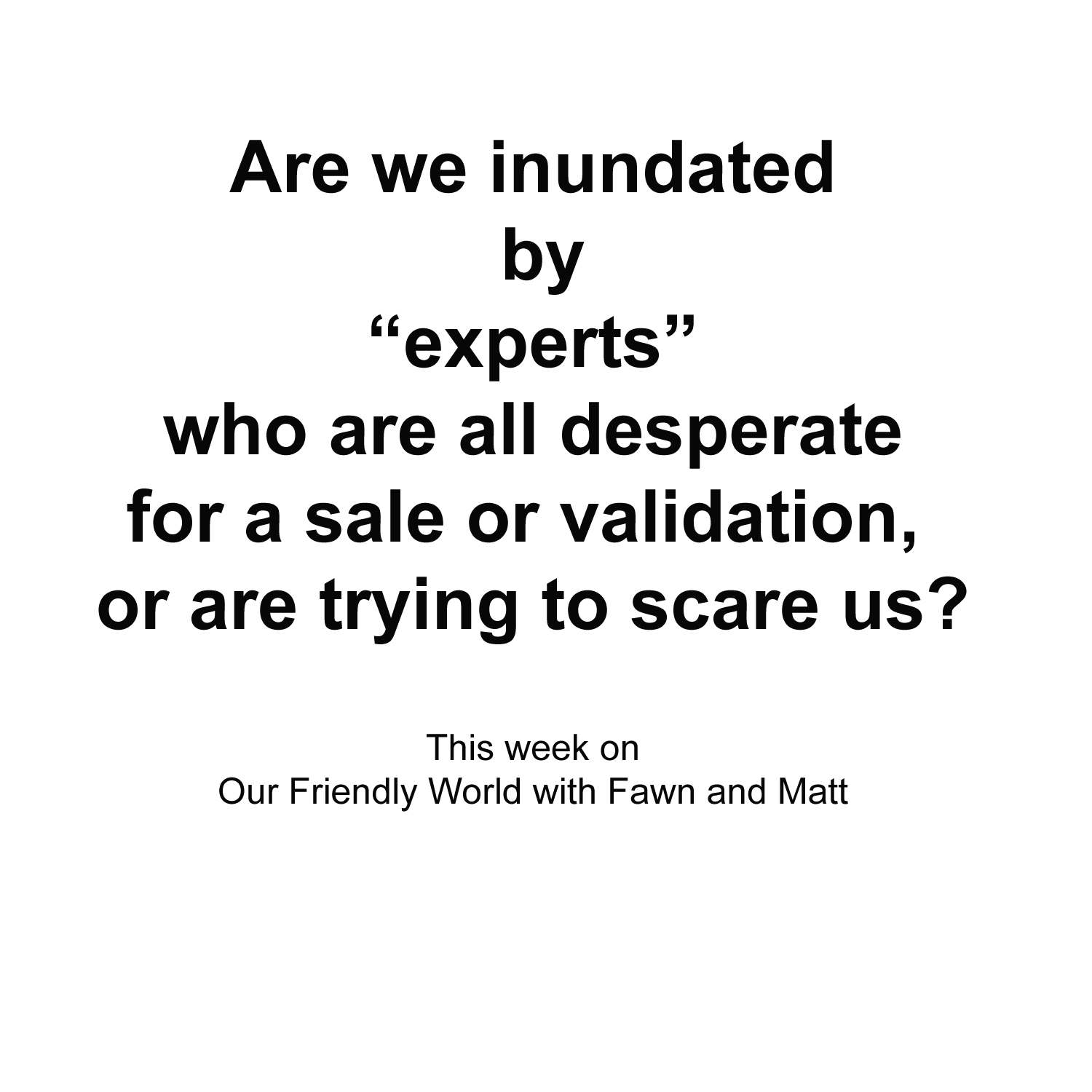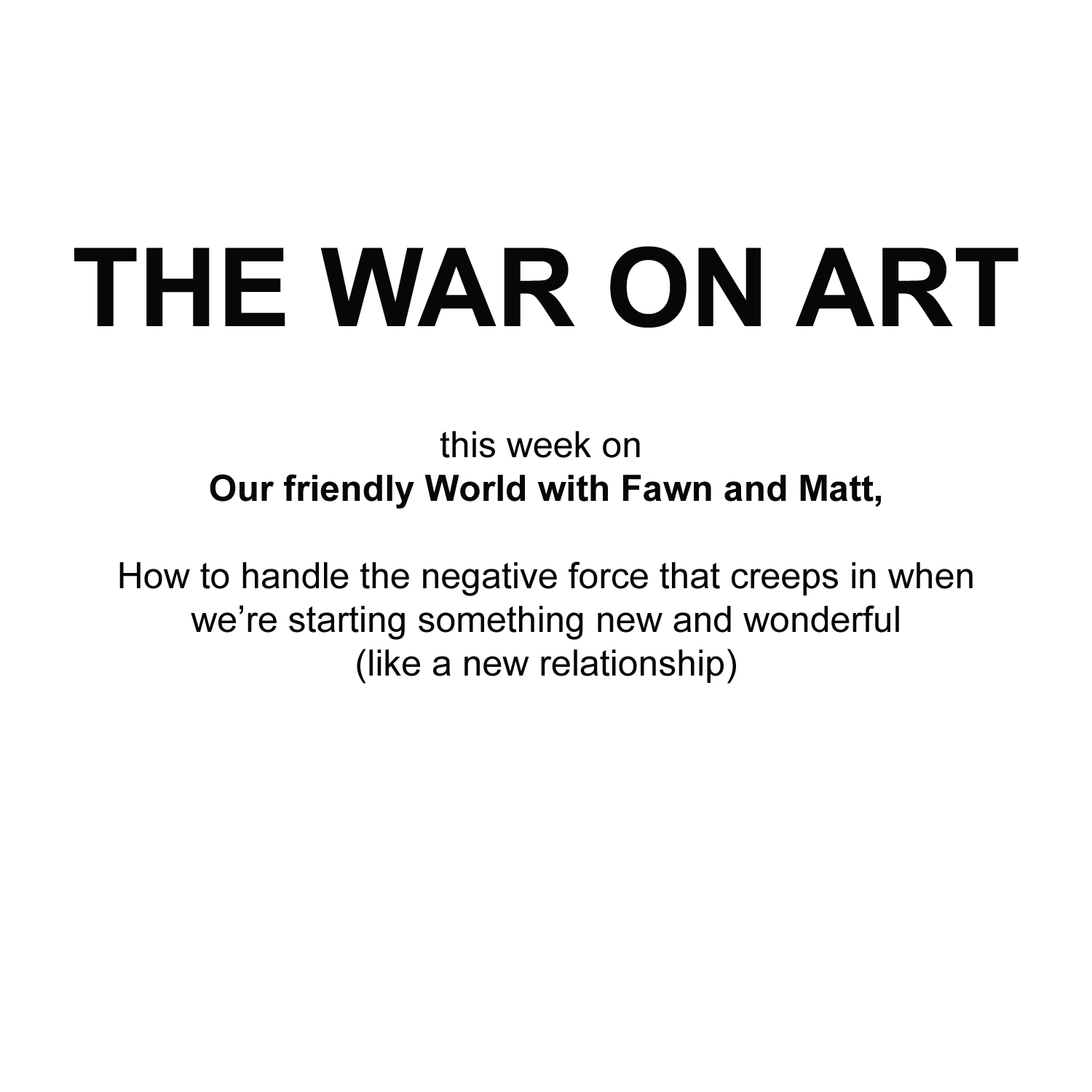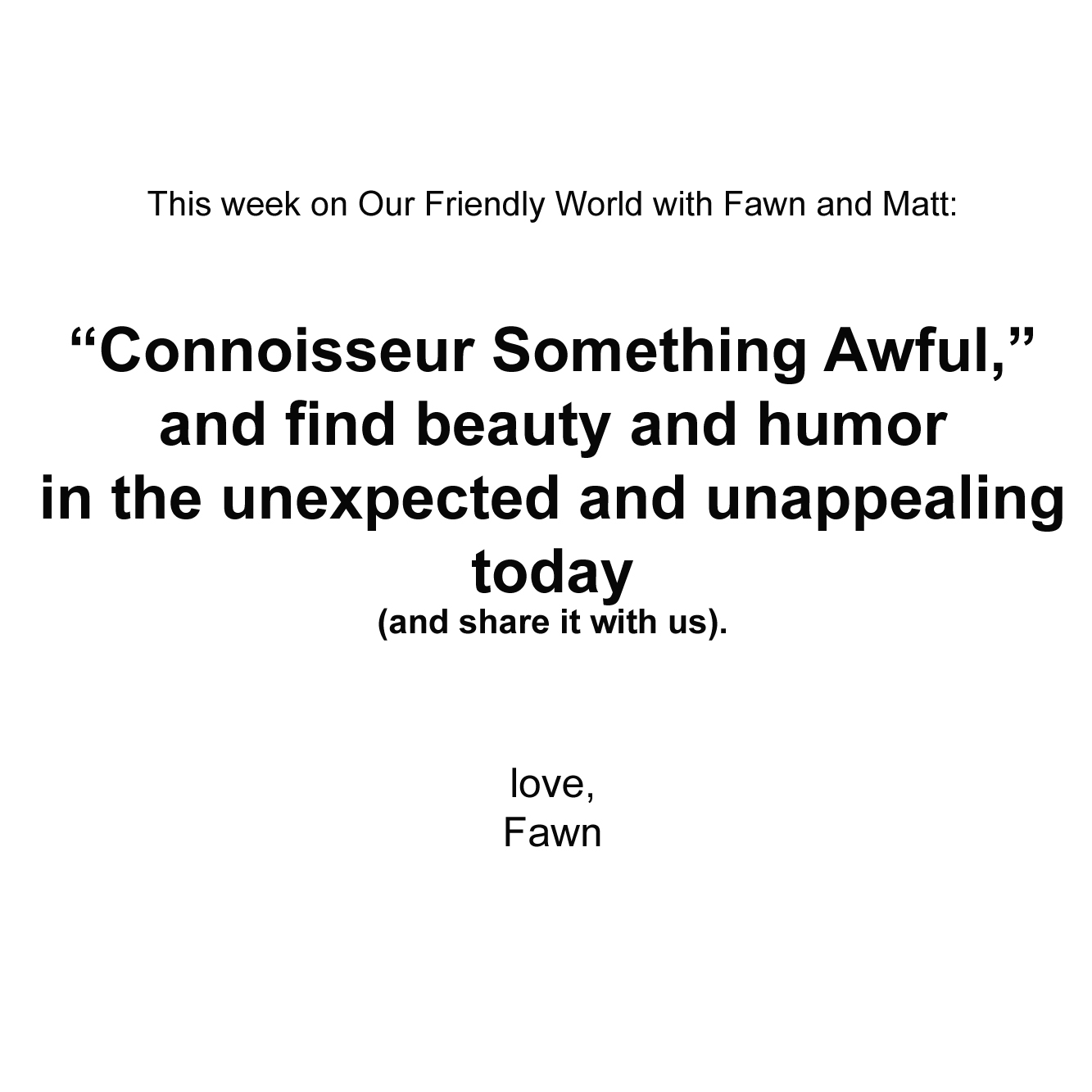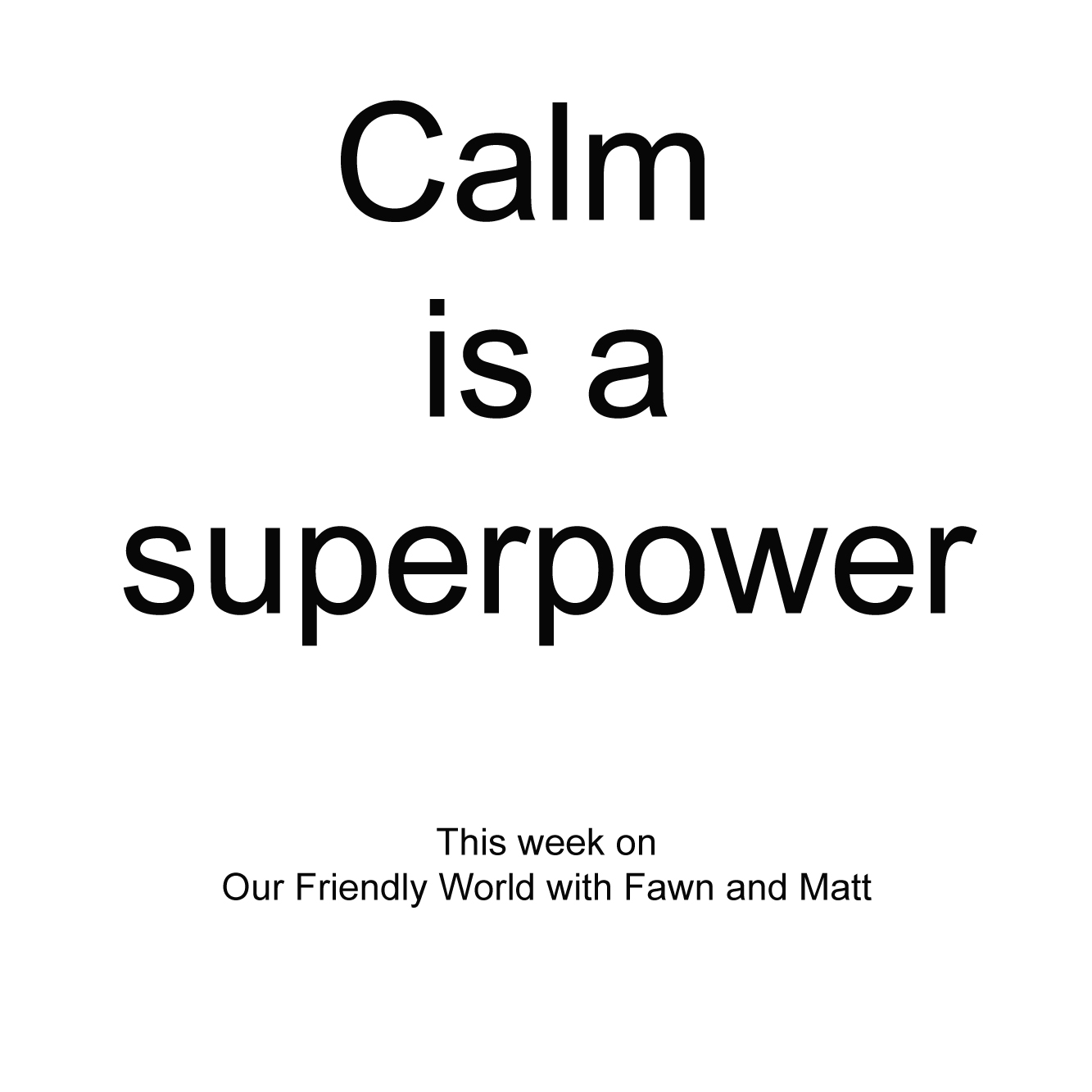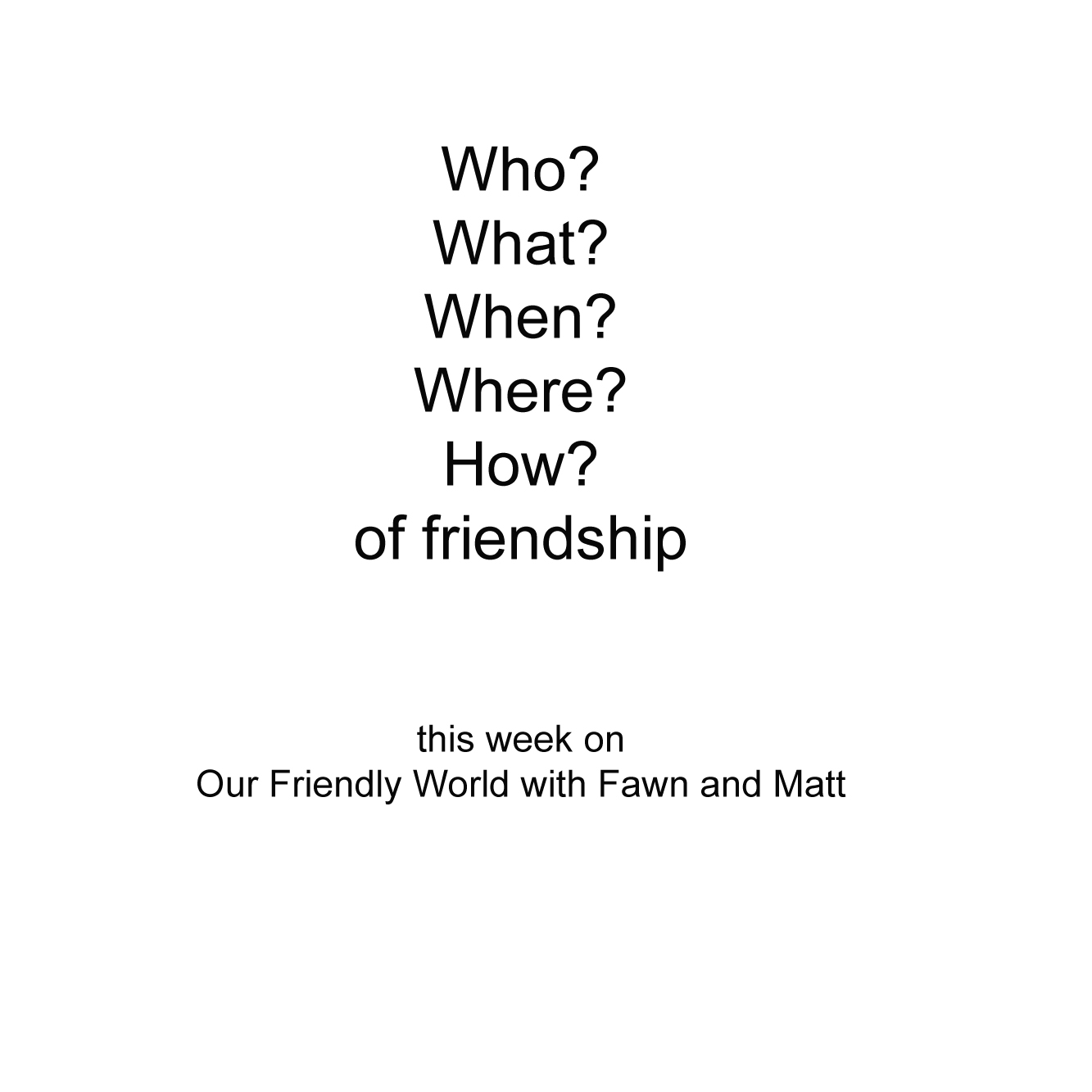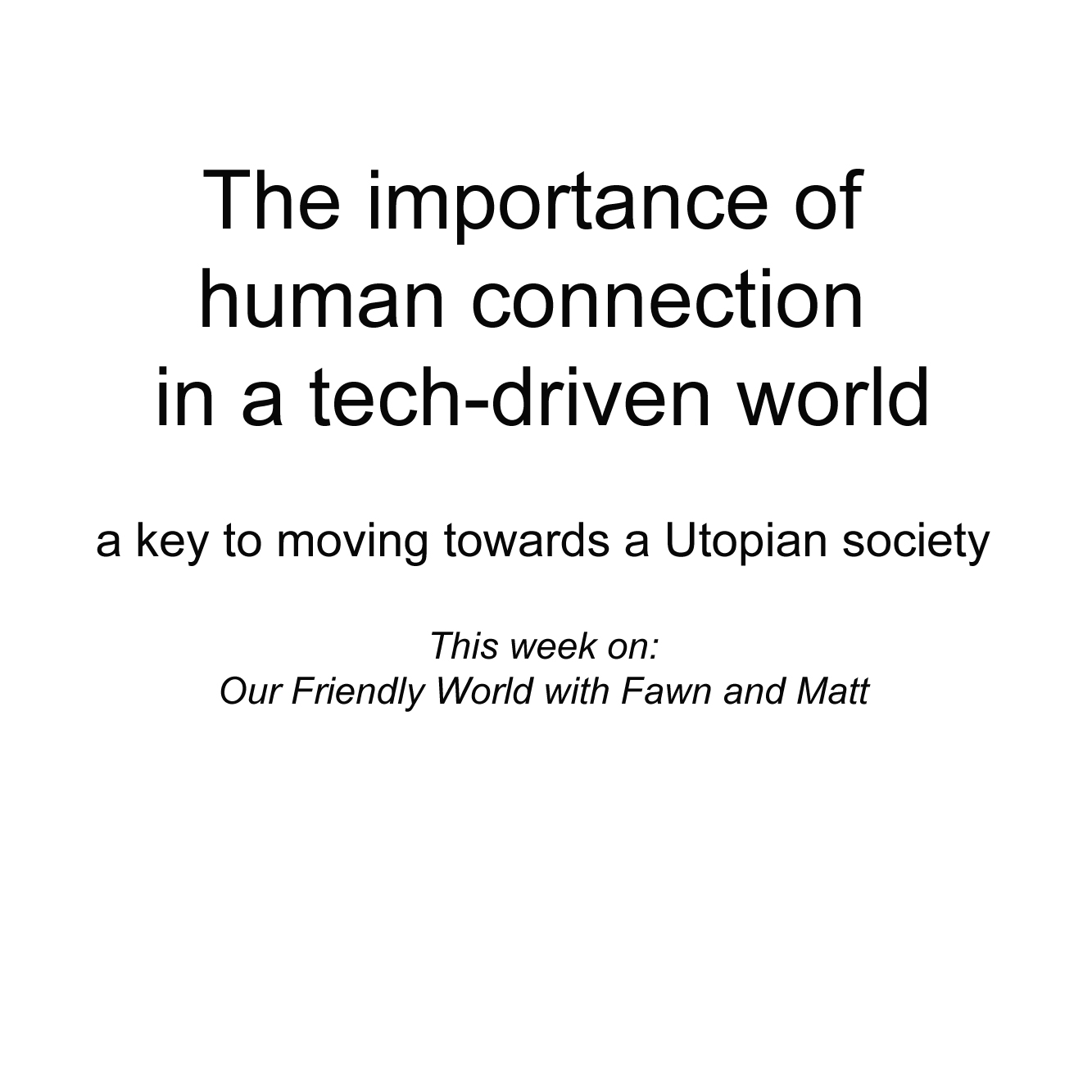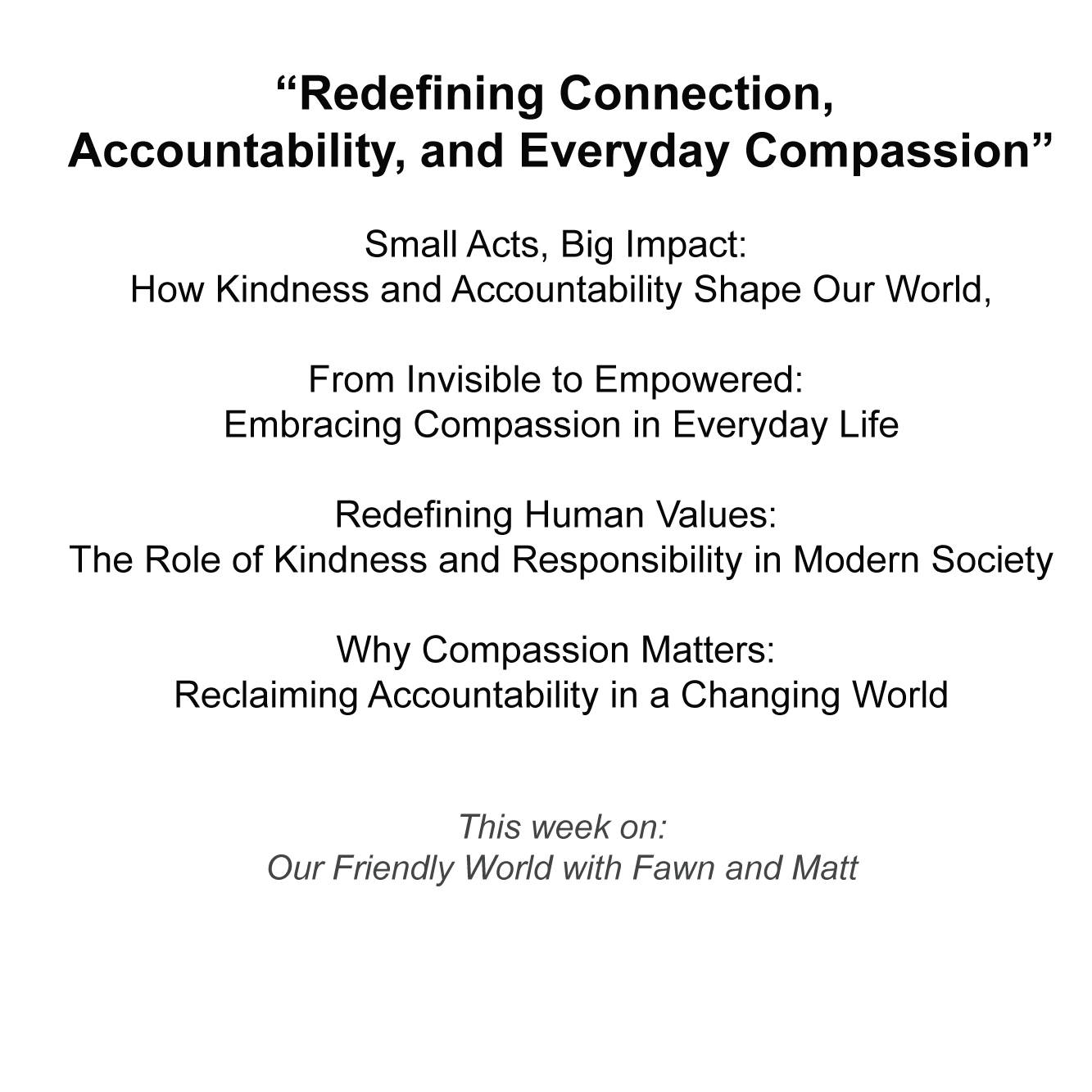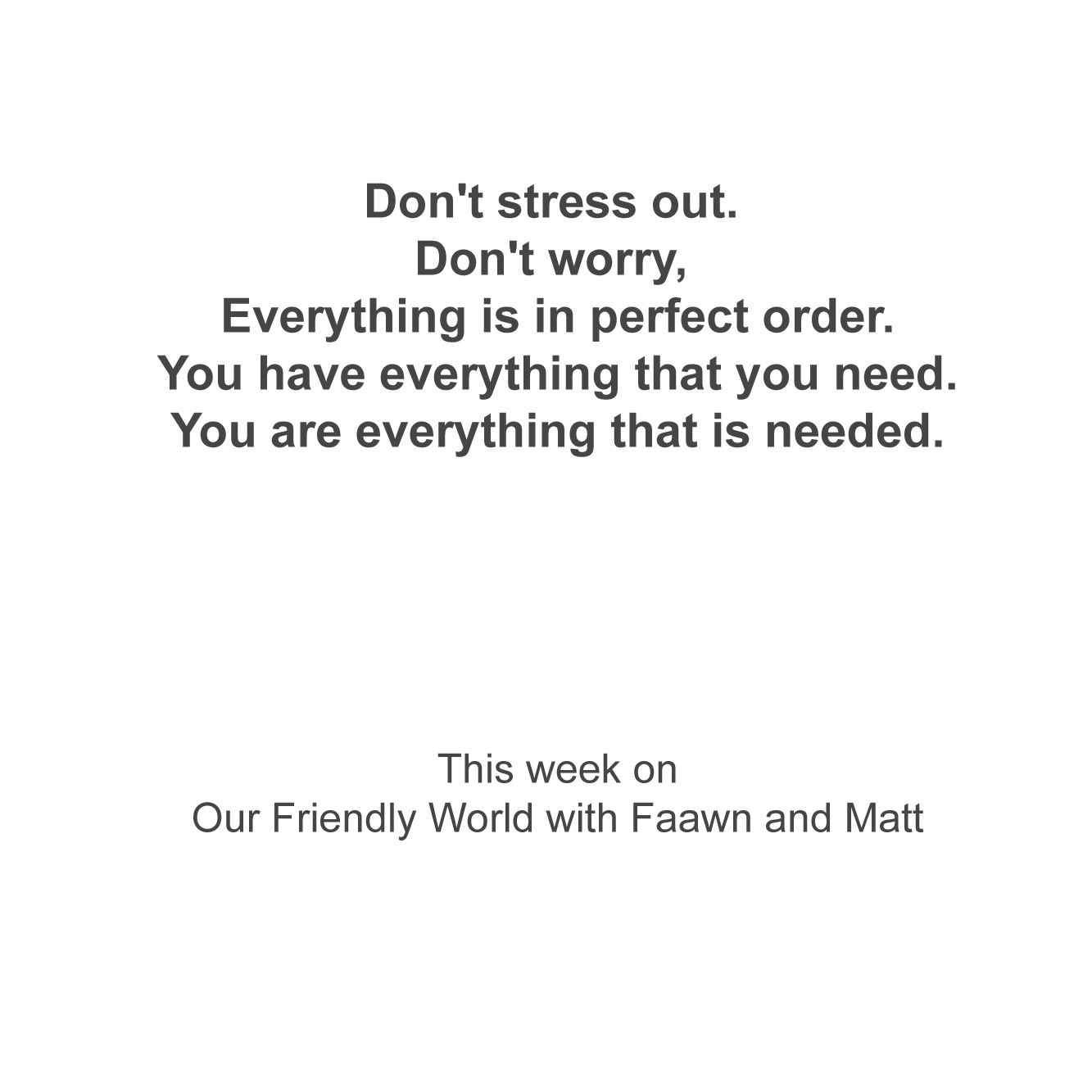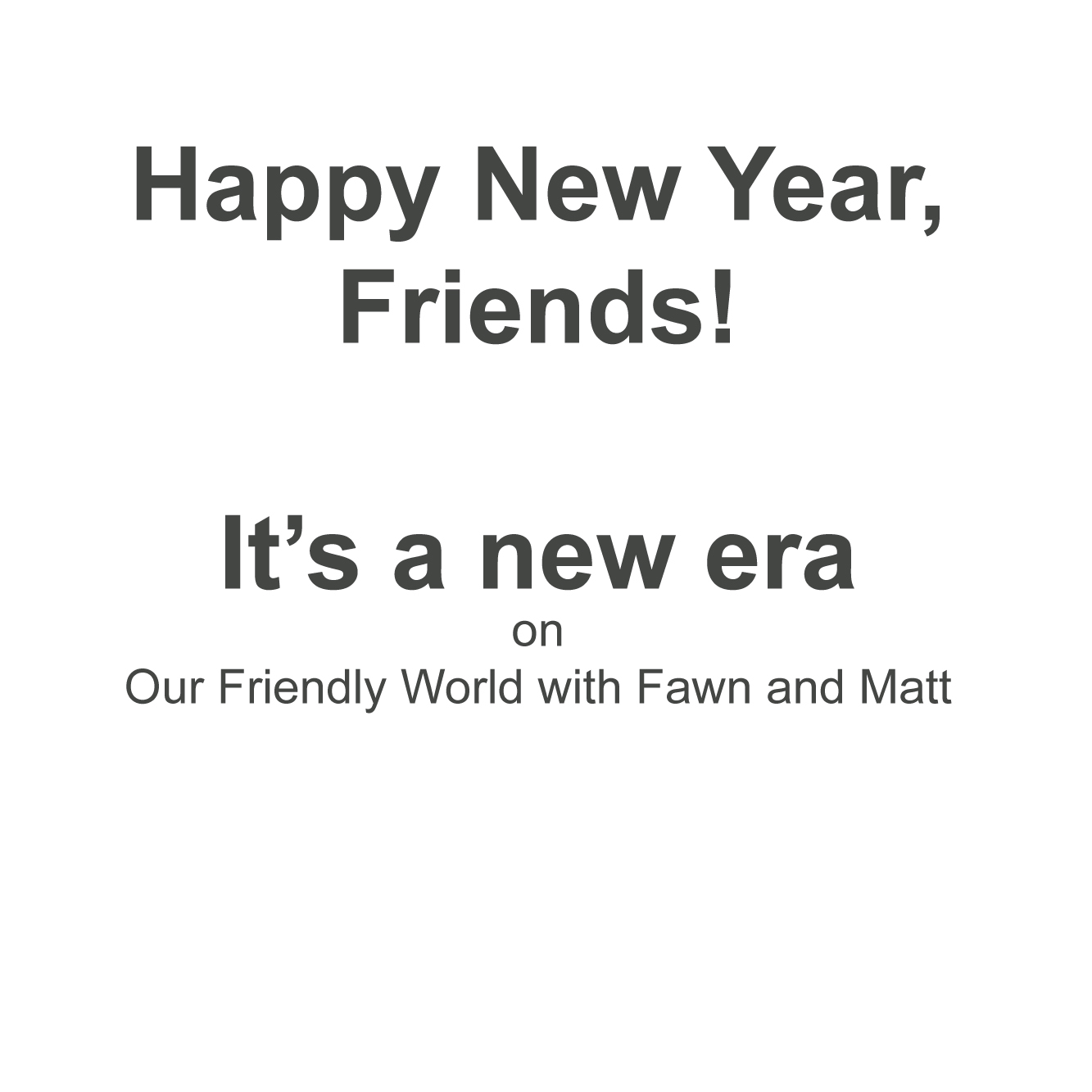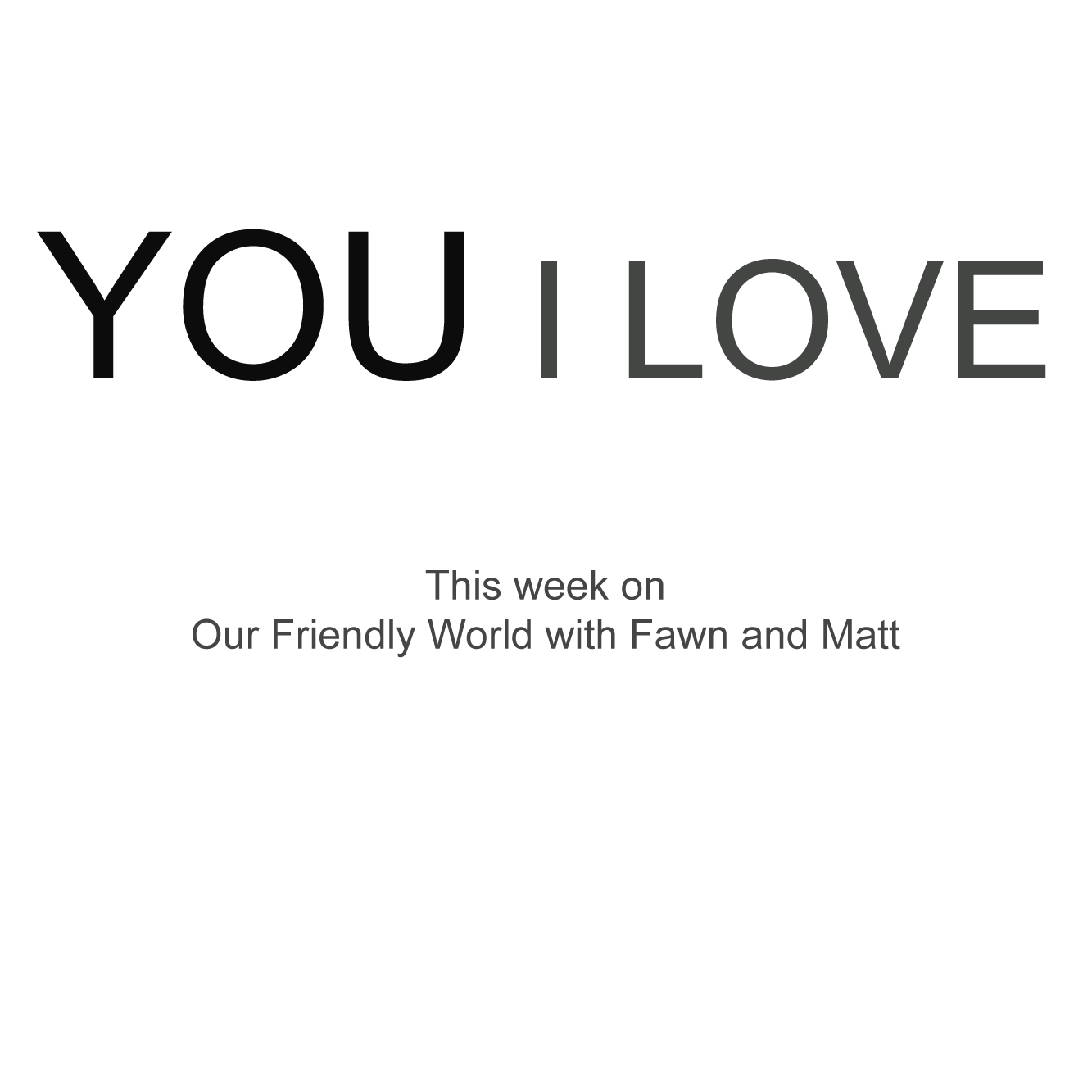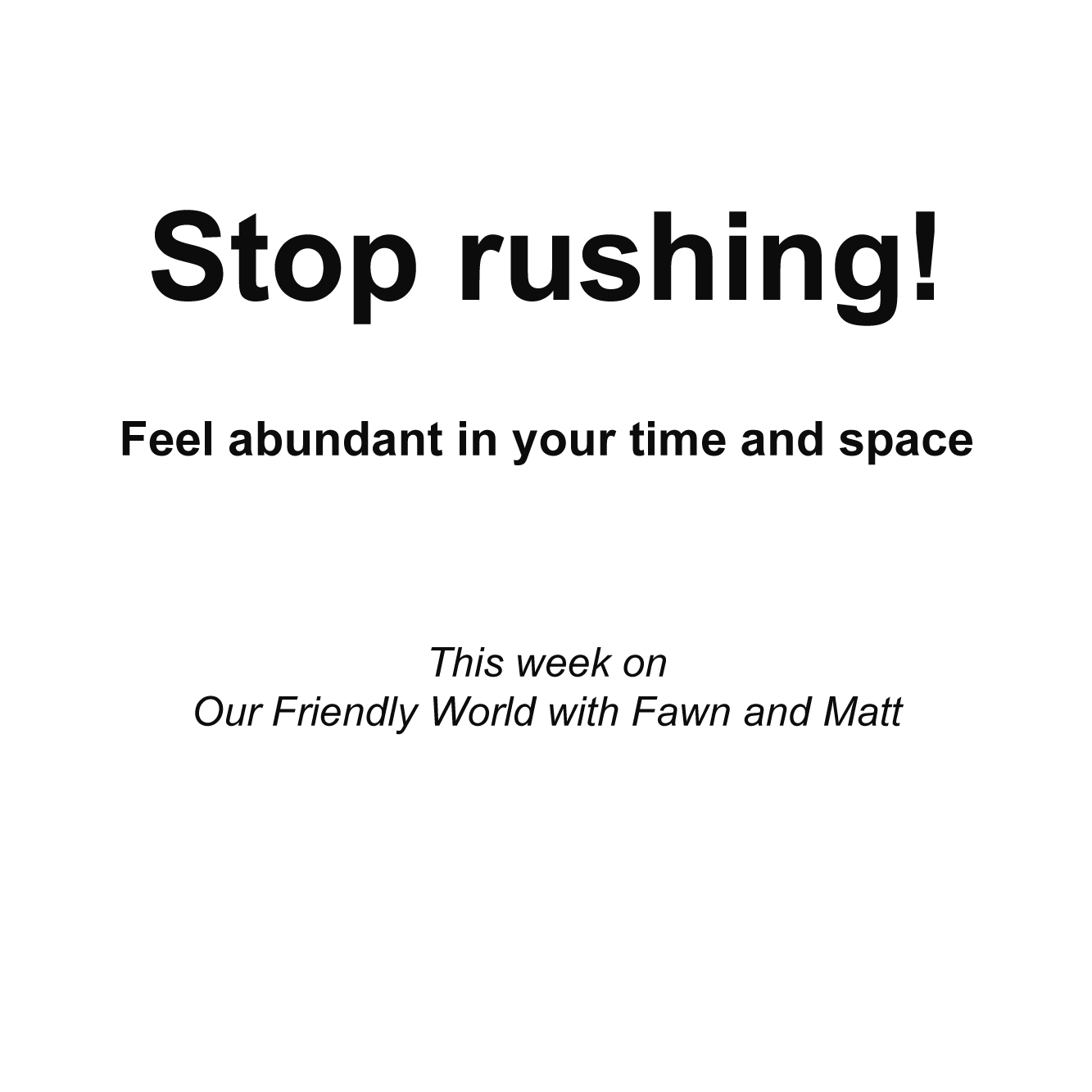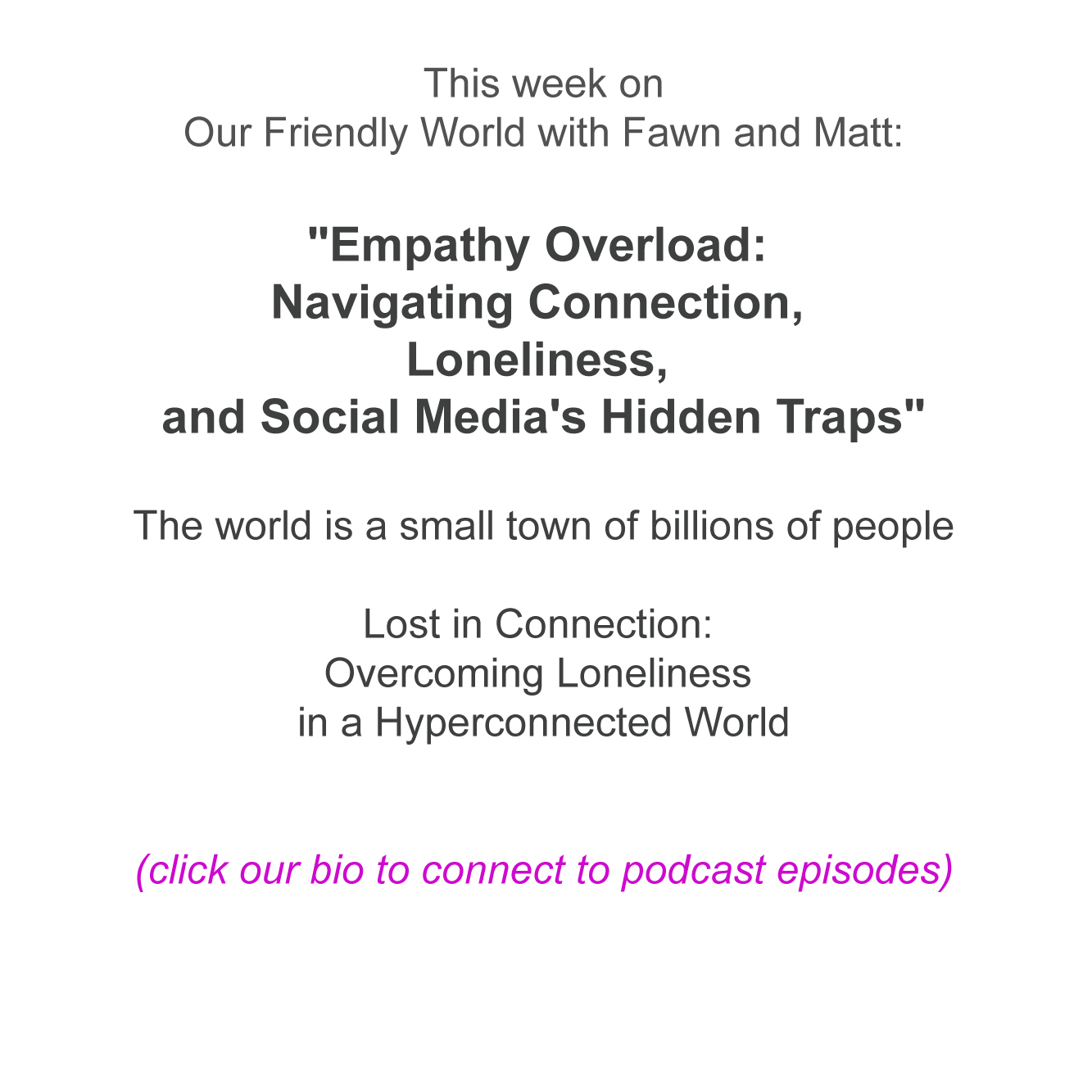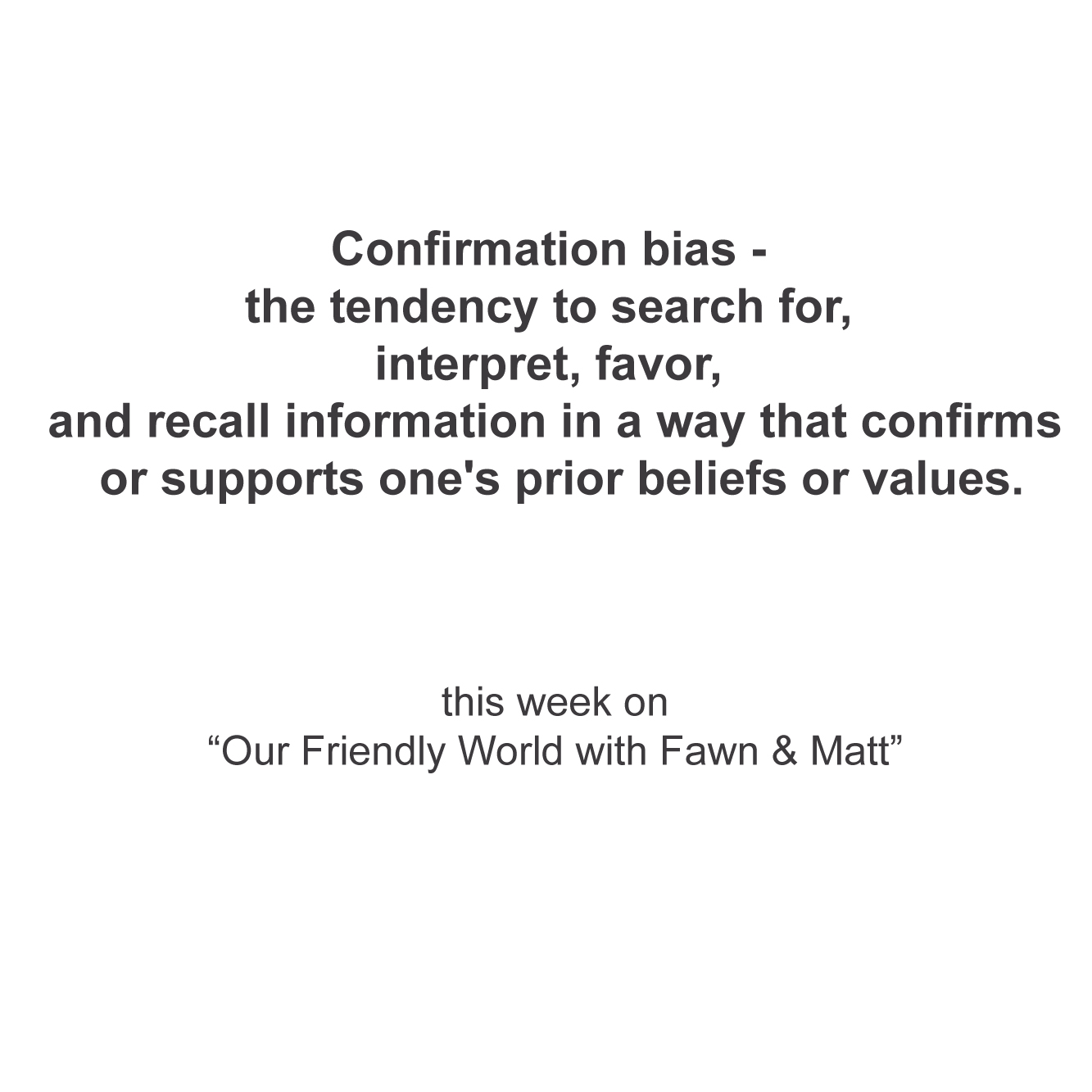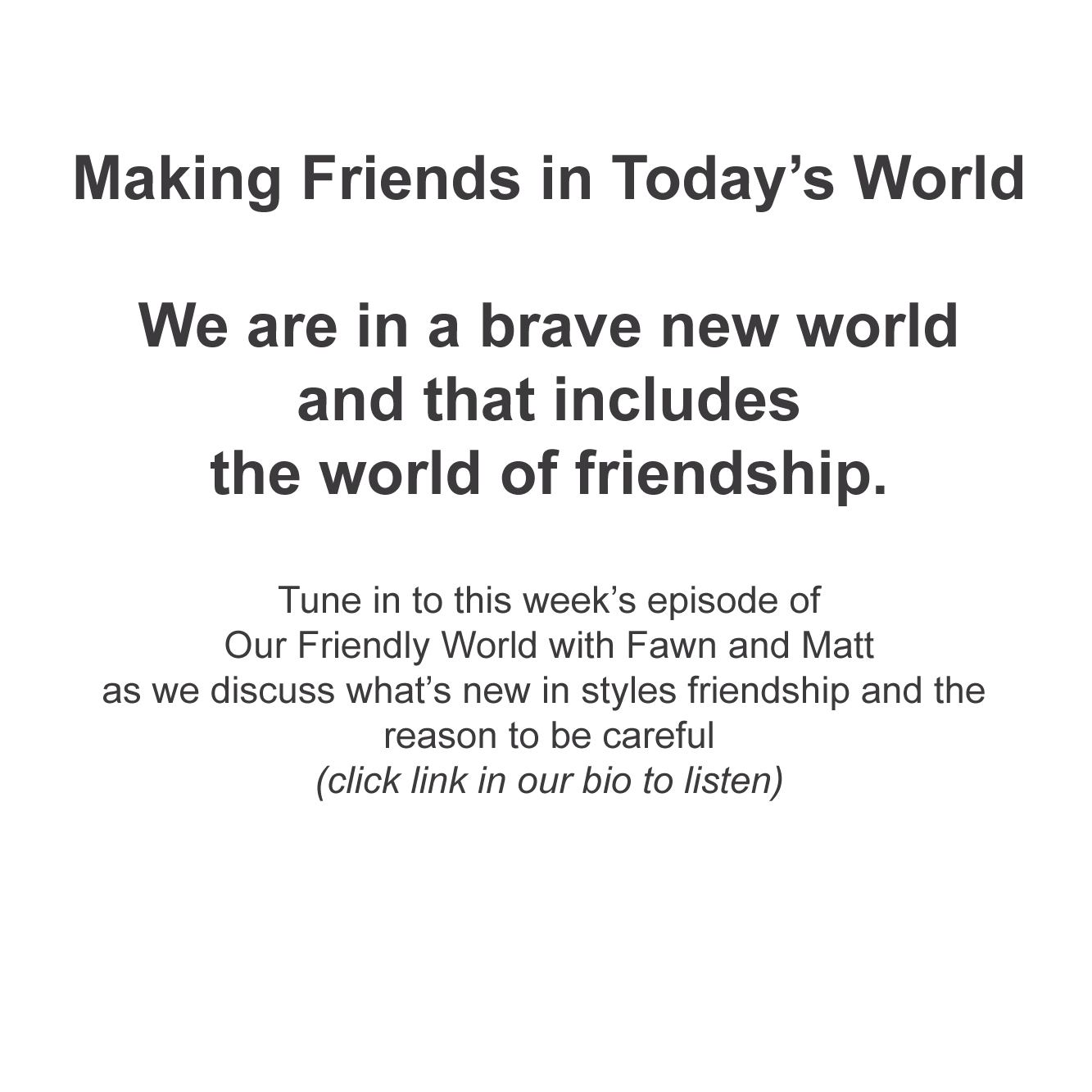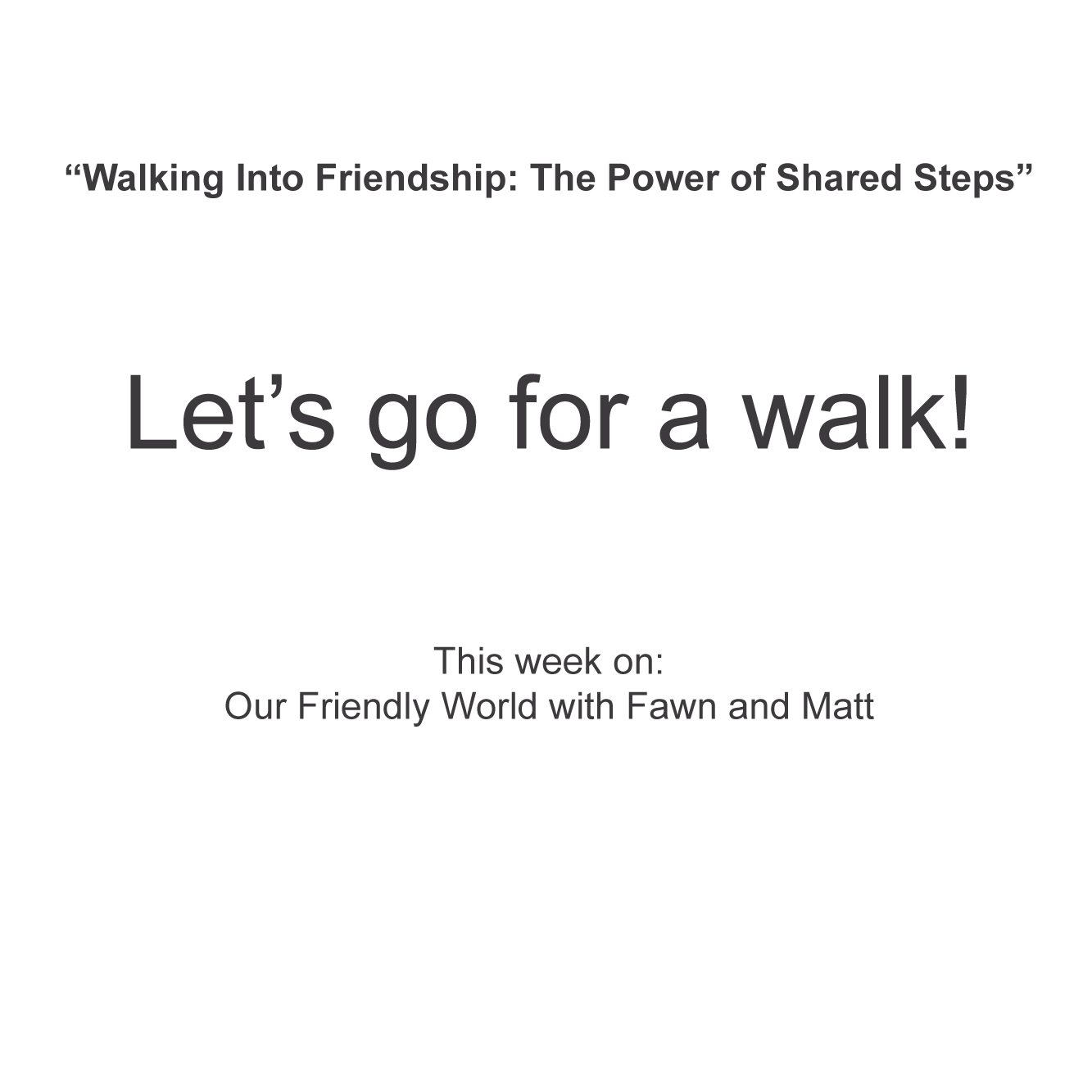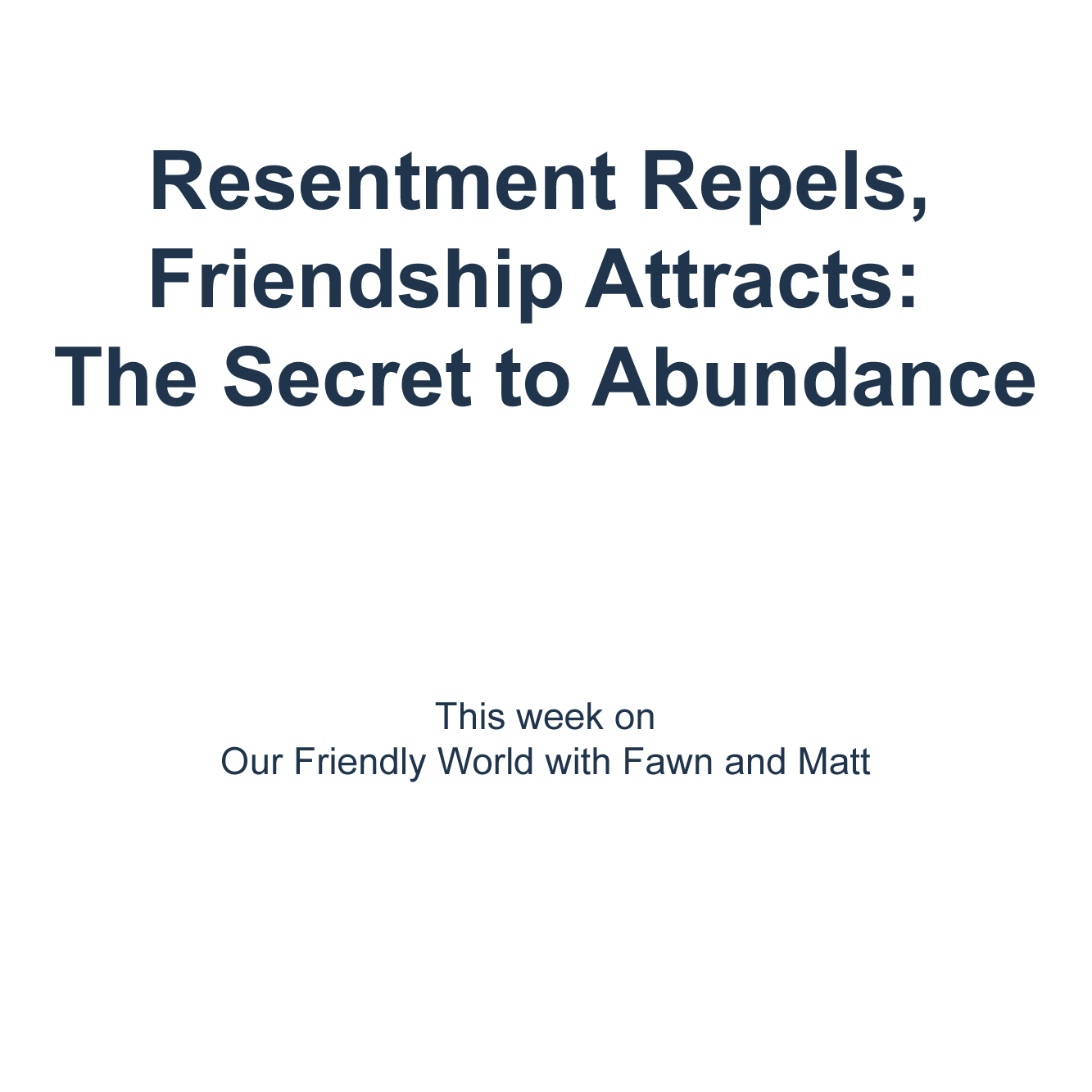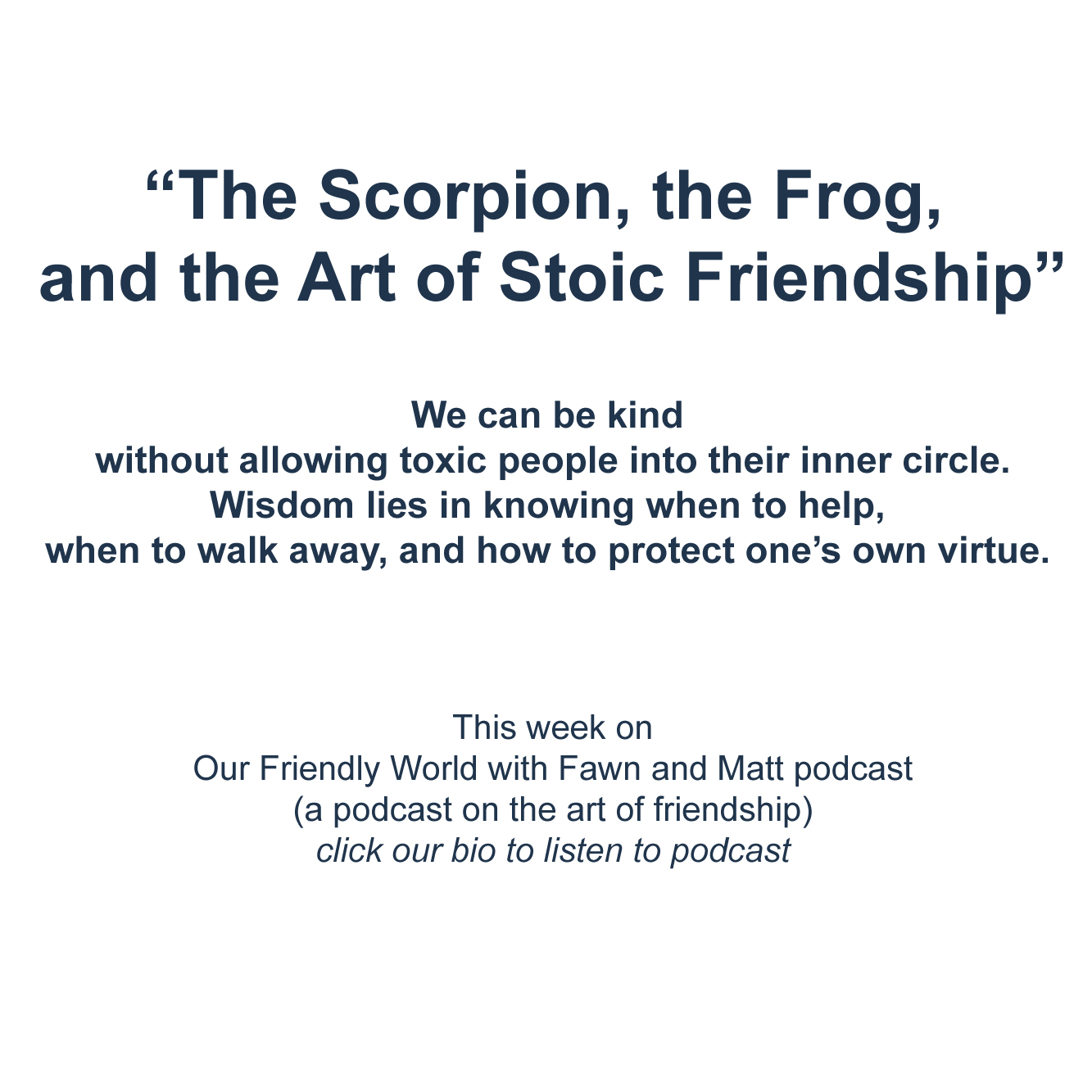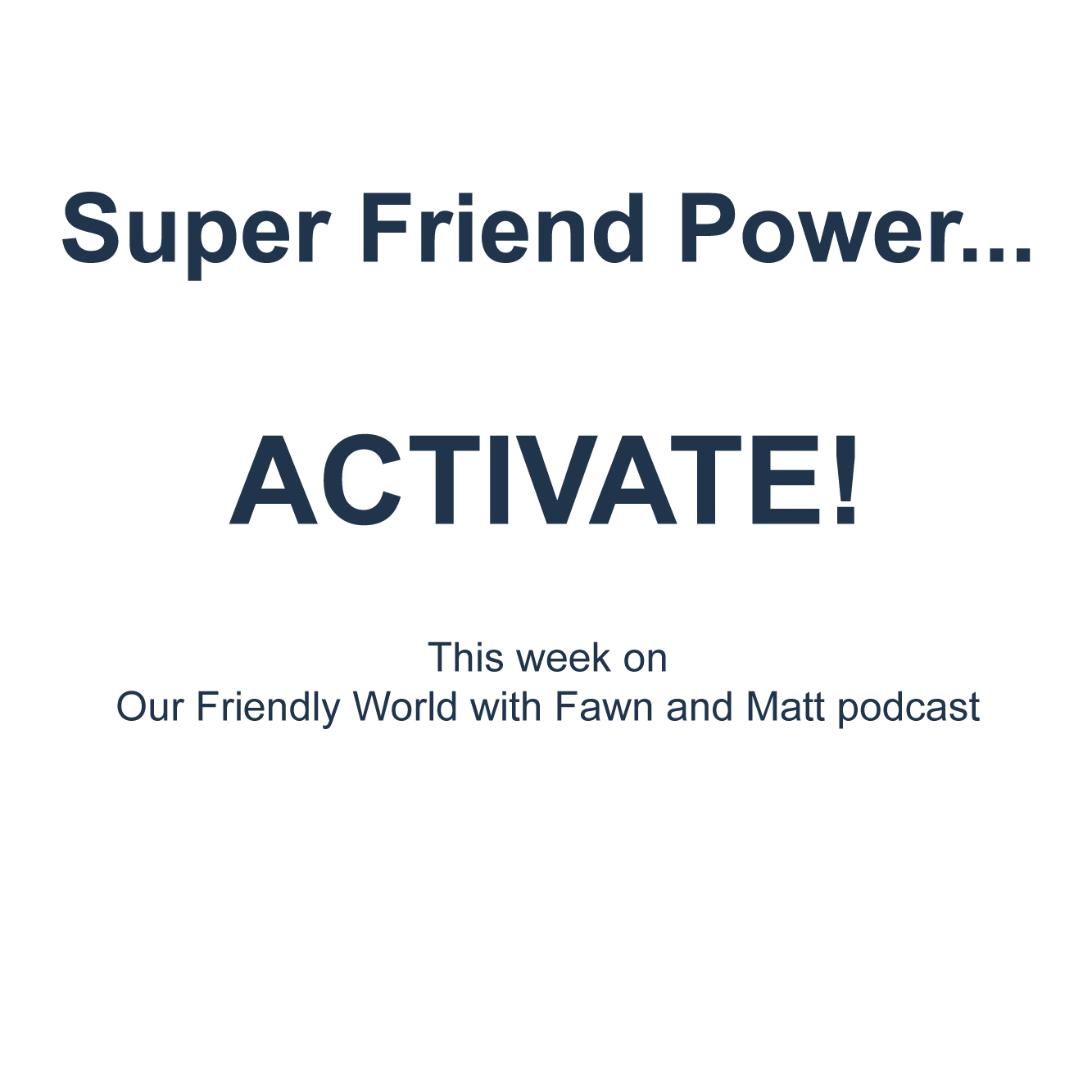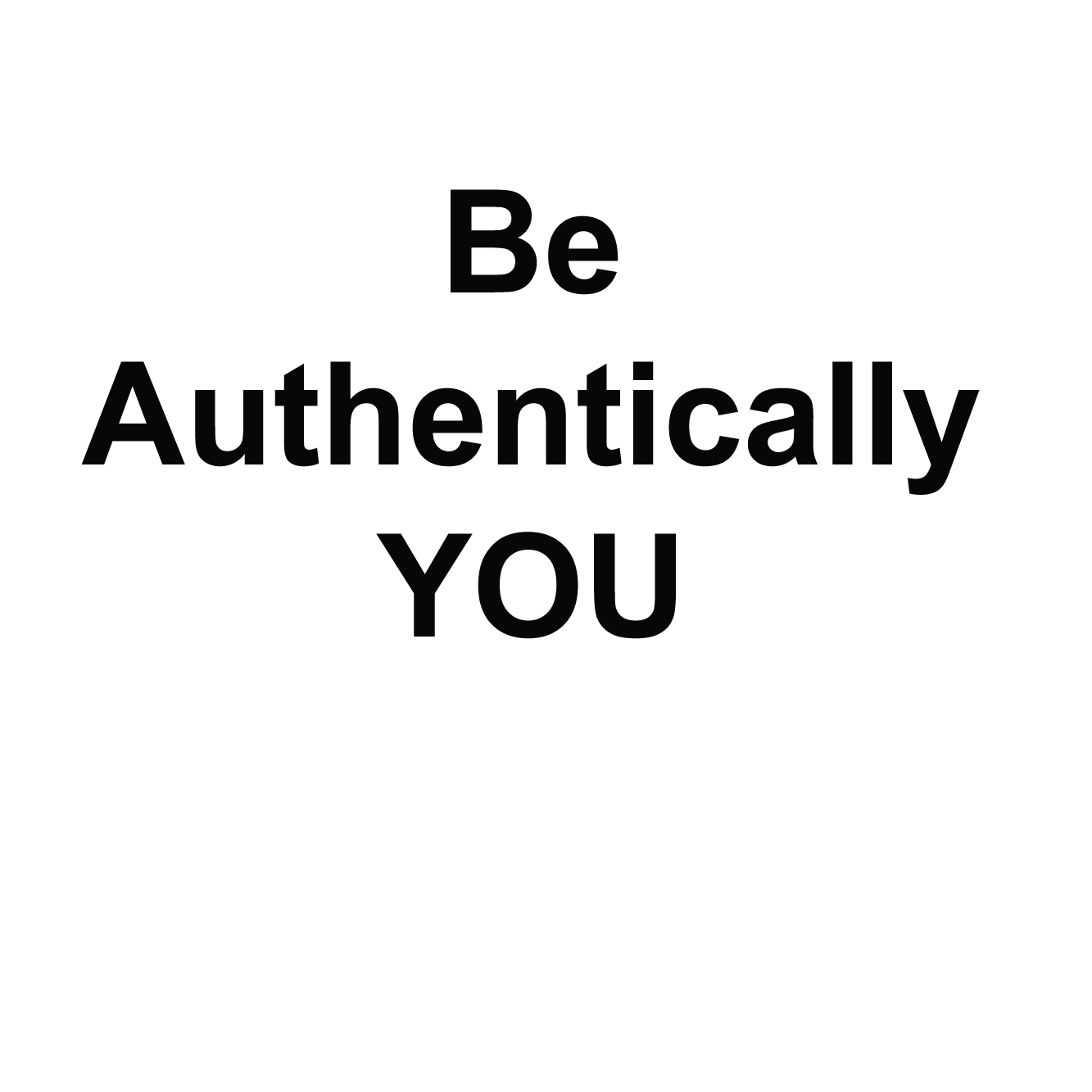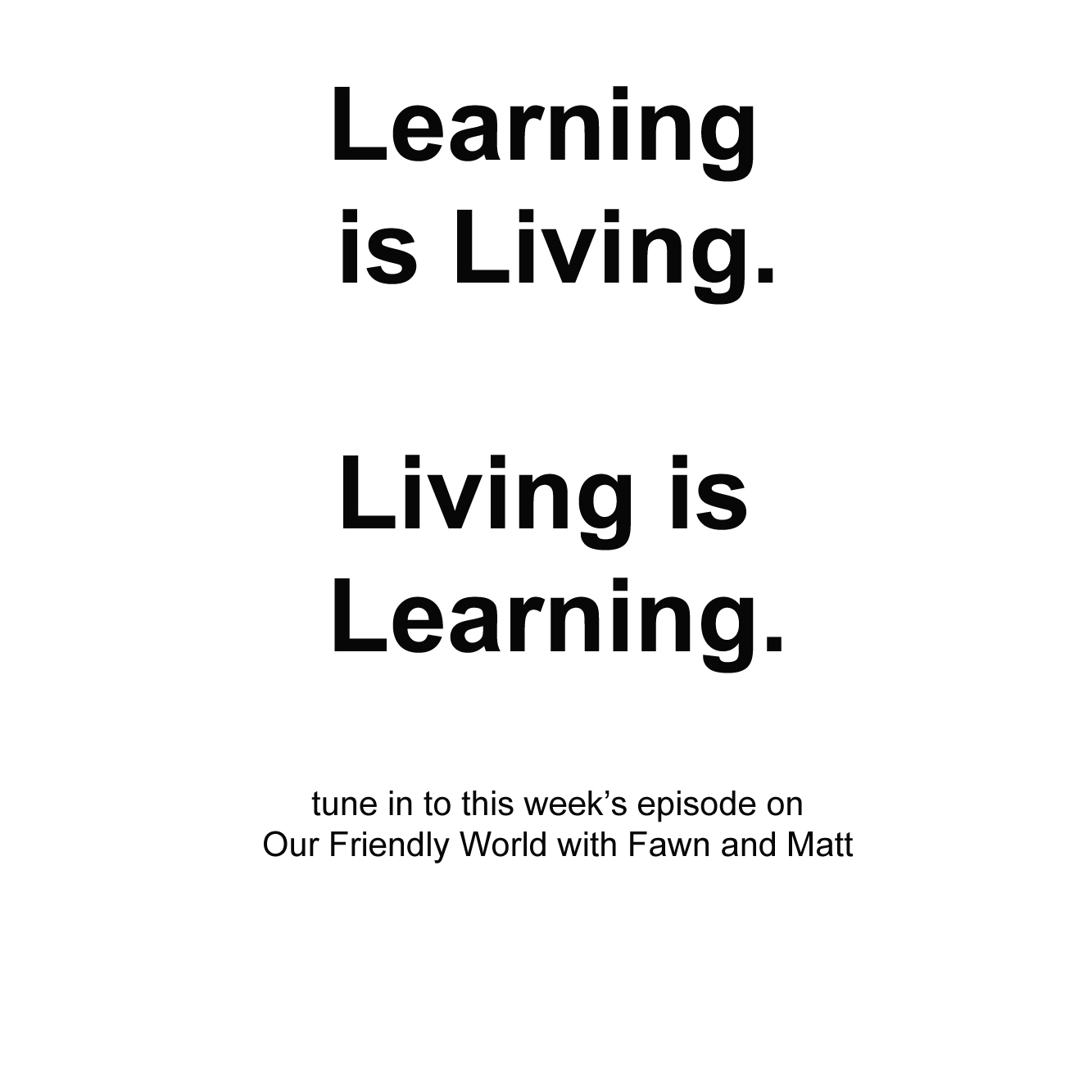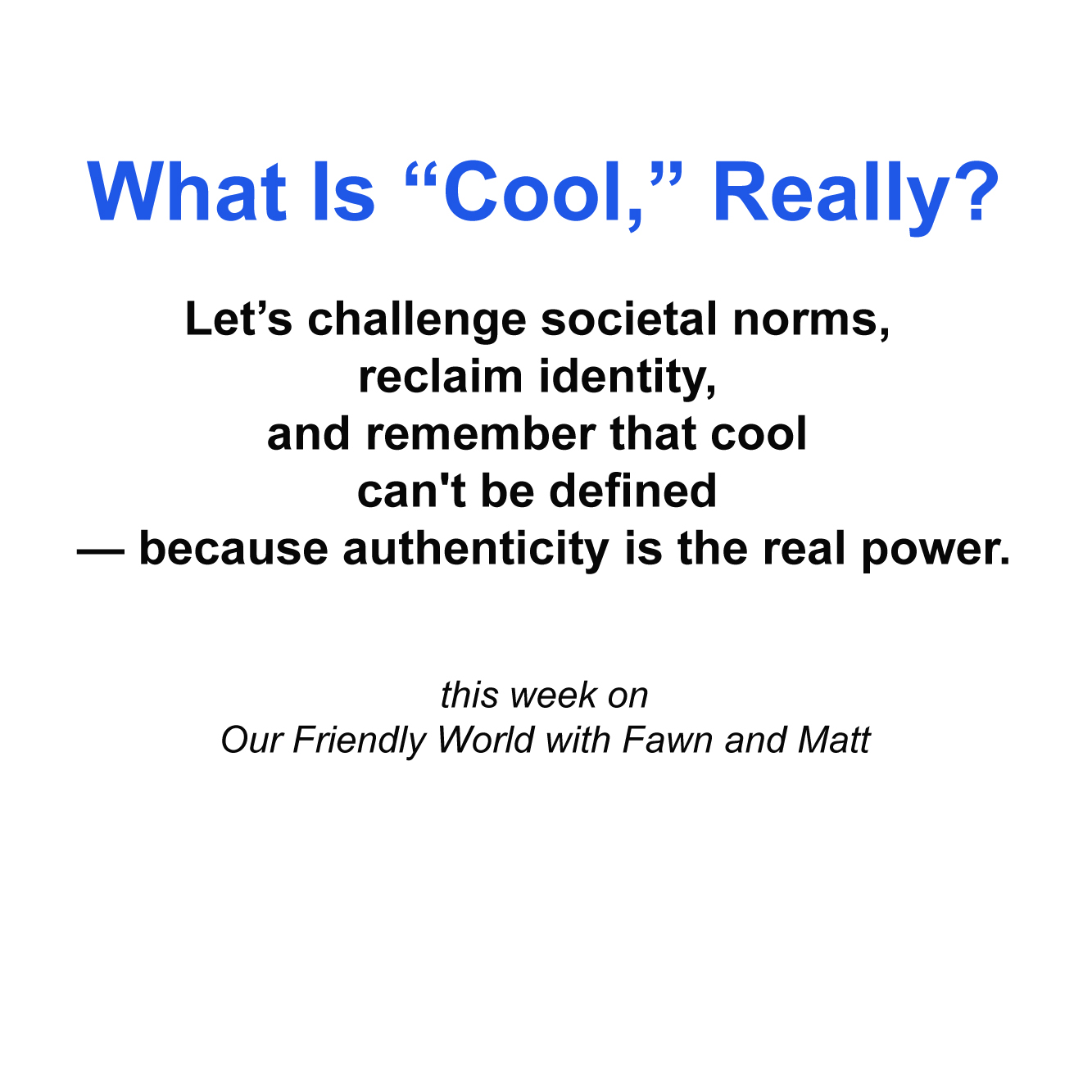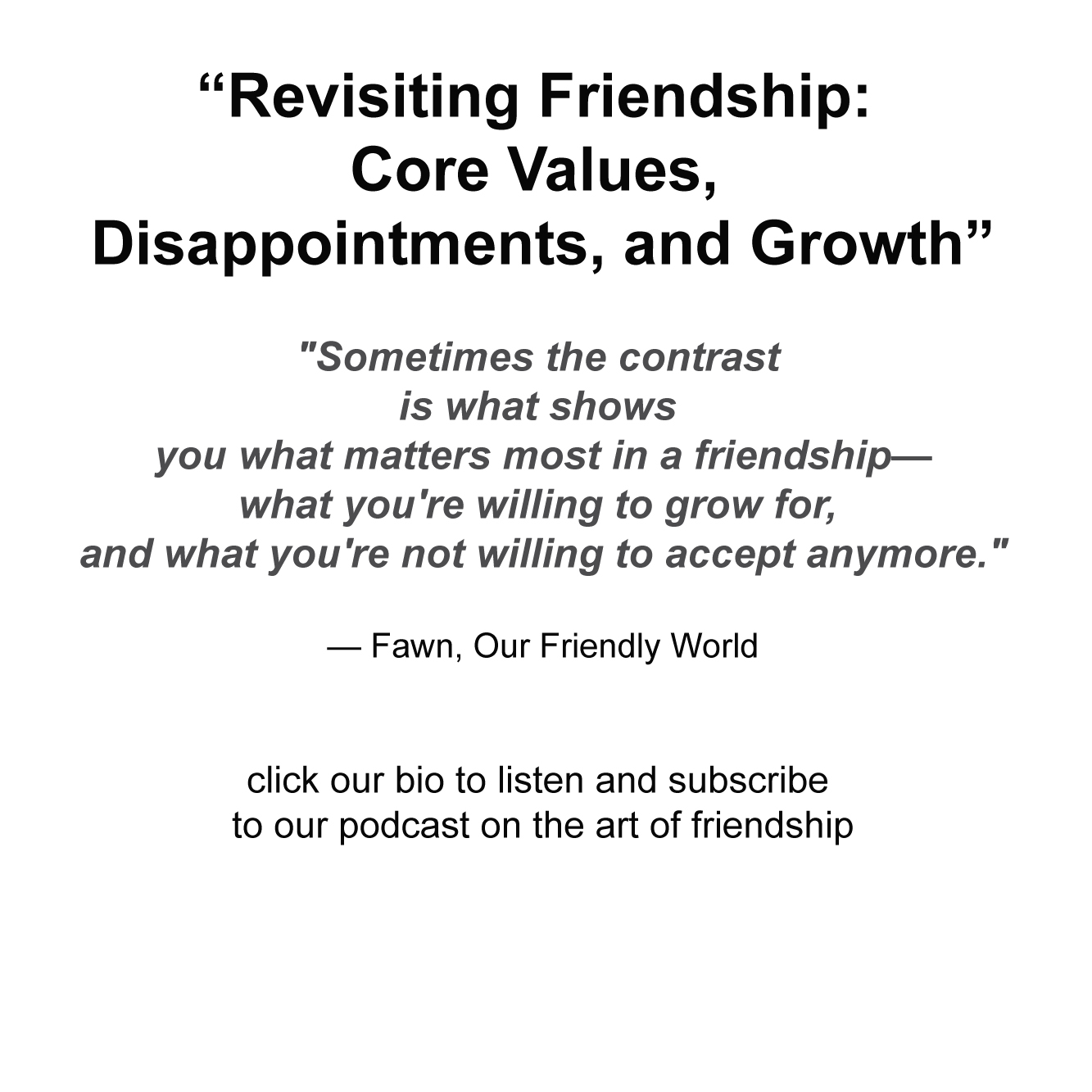Social Penetration Theory - Outlining the Stages and Layers of Friendship


Social penetration was theorized in the seventies by two sociologists trying to figure out how people become friends and attempting to categorize different kinds of classifications of friends. We break down five stages of friendship today to better understand our relationships.
#ErwinAltman, #universityofUtah, #DolmasTaylor, #universityofDelaware, #socialpenetrationtheory, #sociology, #orientationphase, #affectversuseffect, #deepfriendships, #relationships, #stablestage, #de-penetrationstage, #conceptofself, #society, #friendship, #spiritualconnection, #socialmedia, #zoom, #exploratoryaffective, #socialexchangetheory, #successproposition, #costsandrewardsofrelationships, #Aristotle'sNicomacheanethics, #cottoncandyfriends
Social penetration was theorized in the seventies by two sociologists trying to figure out how people become friends and attempting to categorize different kinds of classifications of friends. We break down five stages of friendship today to better understand our relationships.
#ErwinAltman, #universityofUtah, #DolmasTaylor, #universityofDelaware, #socialpenetrationtheory, #sociology, #orientationphase, #affectversuseffect, #deepfriendships, #relationships, #stablestage, #de-penetrationstage, #conceptofself, #society, #friendship, #spiritualconnection, #socialmedia, #zoom, #exploratoryaffective, #socialexchangetheory, #successproposition, #costsandrewardsofrelationships, #Aristotle'sNicomacheanethics, #cottoncandyfriends
Transcript
[00:00:00] Fawn: Here we go. Here we go. Here we go. Hi everybody. Welcome back. Hello. Welcome to our friendly world. Have a beautiful every day. Are you having a beautiful day, a beautiful evening. Beautiful afternoon. Um, do it. Hi everyone. So Matt, Matt's going to kick it off today with a horrible, horrible, nasty title.
[00:00:26] Matt: Thanks for that
[00:00:27] Fawn: I mean, you didn't make it up, but go figure the patriarchy did, right? From the what? 1950s, seventies, 1970s. Same difference.
[00:00:37] Matt: Seventies was a very different time than the fifties.
[00:00:39] Fawn: So who are these guys? Erwin Altman of the university of Utah. And Dolmas Taylor of the university of Delaware. We have no idea how these guys knew each other.
Were they friends? I don't know. Do you know? Absolutely.
[00:00:53] Matt: But they were researchers. Yes.
[00:00:56] Fawn: Sociologists. So check it out, guys. Take it away.
Matt,
[00:00:59] Matt: social penetration theory.
[00:01:02] Fawn: ewe.
[00:01:03] Matt: Yeah, exactly. There is a little aspect of, oh dear.
Would you rather, it was called the social diffusion theory because diffusion is perhaps a, perhaps a nicer way of saying
[00:01:15] Fawn: I was thinking about it in the bathroom, I was thinking, what if we called it the social dance theory, but it was close to STD. It was S D T
I think either way, this kind of, whatever we're talking about can go awry.
[00:01:32] Matt: As most things, I suppose. Can
[00:01:34] Fawn: Go for it?
[00:01:35] Matt: Social penetration theory as, um, theorized in the seventies. This is two sociologists getting together, trying to figure out how people become friends, is very Greek in that they're attempting to categorize different kinds of classifications of friends. And honestly, on some level, it all feels very intuitive, but they, it is an objective theory because they actually did do experiments to quote unquote, prove what it is we're talking about.
[00:02:03] Fawn: I thought it was all experimental. I thought it was all experiments being done that it wasn't a one-on-one case basis. It was purely
scientific.
[00:02:12] Matt: But that's just, it, you start with your theory and then you attempt to prove it. I don't believe they started with a completely blank canvas to try and understand how people become friends.
[00:02:22] Fawn: So I don't know, in the different categories thereof. Okay. So start from the beginning. Give us a quick definition of what this is.
[00:02:28] Matt: It's defining different categories of friendships and how you move from one category to another category.
[00:02:36] Fawn: And what all that means. So let's get into it. Let's go. I'm ready.
[00:02:41] Matt: Okay. So they described five stages or steps and stage one is orientation. This is the stranger on a train stranger on a plane. They said stranger on a train, which I thought was funny. I think of it, a stranger on a plane where you're just kind of, you're kind of in this position where you're next to somebody for an hour.
And if you start the conversation, it's the types of things you usually talk about. So it's very small talky. It's very non intimate and they describe.; They have this whole theory of people are like onions and I do too, but people are like onions and what you see on the outside is the simplest kind of non-subjective things like, you see if somebody's, male or female, you see, what race someone is, how tall they are, that kind of stuff.
And that's the kind of initial things you get into with small talk, you know, where are you from? These aren't opinions, these are just things.
[00:03:38] Fawn: So this is the first layer. This is called the orientation stage and orientation, that onion, they,
[00:03:45] Matt: they referred to it's the internal personal stuff. It's where it gets weird.
[00:03:50] Fawn: So how's this different than the onion. Okay. Are you going to get into that? Are you going to explain how is what you're just taught the five stages,
[00:03:57] Matt: the stages are you and someone else.
[00:04:00] Fawn: But isn't that the layers of
the onion?
[00:04:02] Matt: Well, it's what you choose to reveal about yourself. All right. Nevermind. Yeah. And it's all fluff.
[00:04:07] Fawn: It's all messed up. Okay. Anyways, let's keep going. Okay.
[00:04:10] Matt: So once you get past this orientation phase, I think we've all, I think we all have a fairly keen
[00:04:14] Fawn: understanding of what that I don't, because I don't have small talk. So when we talked about this, I said, well, yeah, well, this is how I operate. And every single time you're like, well, it doesn't include you.
'cause you said I'm weird like that.
[00:04:28] Matt: And that's, that's the problem here folks is there are moments in time where I think I very much fall into the quote-unquote standards, but Fawn rarely does,
[00:04:38] Fawn: which is a problem,
[00:04:40] Matt: which isn't a problem. It's hard for you to understand how other people process,
[00:04:44] Fawn: right. It is.
So I don't have small talk. Orientation stage for me is I scan the person. And I can feel their entire life history and I'll get into it immediately. The stranger on the bus or the train or the plane.
So that's first stage for me, but I don't count. So I'm just going to try to be quiet, so, okay. What is small talk honey explained to me?
[00:05:10] Matt: Well, what is that? Okay. Strange. Where are you coming from? Where are you going to, what are you going to do there? That's small talk.
That's small talk,
[00:05:19] Fawn: is small talk also the weather.
[00:05:21] Matt: Yes. Small talk is the weather
[00:05:22] Fawn: is small talk. How about those Mets?
[00:05:25] Matt: Yes.
[00:05:25] Fawn: Okay. All right. Cool.
[00:05:26] Matt: Yeah. Oh, I don't follow baseball. There's like, there's no judgment there. You're just, it's very, fact-based kind of back and forth and you're and if somebody offers an opinion, it's not going to be odds are, you're not asking about deep your, your.
Deep seated core beliefs. And they're not talking about their deep seated core beliefs because
[00:05:46] Fawn: you're not invested you. Don't like there's a, there's a total division, right?
[00:05:51] Matt: It's, it's rare that small talk leads to somebody trying to convert you to Buddhism or Christianity or whatever. Cause it's small talk.
You're just hanging out.
[00:06:01] Fawn: Okay.
[00:06:02] Matt: So then they describe the next phase. Is this exploratory effective. And again, welcome to sociologists. They love sticking big words that seem like they mean a lot. It kind of means the next phase.
[00:06:16] Fawn: Okay. So it's called exploratory affective affective with an a, so I always have to look this up affect versus effect. Affect with an a a F F E C T is a verb effect is the noun.
And it's the quantity, the it's the consequences of an affect So effect is the outcome of an affect. Does that make sense? Yeah,
[00:06:45] Matt: it does, Affect as a verb, effect as a noun, but on some level, it doesn't matter. These are just words that they chose to attach to the next stage.
[00:06:53] Fawn: Well, then if you're going to think about it like that, nothing matters.
Who cares, everything was just words and numbers.
[00:07:00] Matt: There you go.
[00:07:00] Fawn: Okay. It's step three. Wait, is this three or two? I'm sorry. So this one is called. Why aren't we talking about, I thought three was affective
[00:07:10] Matt: don't jump ahead, woman.
[00:07:12] Fawn: I'm sorry.
You
[00:07:14] Matt: we're on stage two, which is, oh,
[00:07:15] Fawn: I see.
[00:07:16] Matt: Exploratory Affective.
[00:07:18] Fawn: Sorry.
[00:07:19] Matt: Thank you. This is what happens when I attempt to leave the show folks
anyways. So this is where you start to get more real with each other. This is you are more intimate. You can get into moderate topics. Now there's a lot of hot button topics right now that people won't touch particularly kind of red vs. Blue topics. This isn't those types of things.
This is. Yes. Go ahead.
[00:07:45] Fawn: Explain to me what this is, because obviously, I don't know, because I'm an uncouth in that manner. So start revealing inner-self little by little. How does that work? Can you explain me an example?
[00:07:59] Matt: It's a delicate dance.
[00:08:01] Fawn: Which I know nothing about. Right. So can you explain it to me?
[00:08:07] Matt: Uh, when you choose to reveal. So again, let's talk stranger on a train and let's talk about going through this,
[00:08:14] Fawn: hold on, stop. Stop. How about if I'm the stranger and you're coming to me, you've done the small talk. Now we're going to go to stage two exploratory affective. So I'll just be quiet. So you show me what that is because obviously if I'm, well, I need to learn.
I don't,
because they don't understand.
[00:08:33] Matt: I get it. Unfortunately, this is scientists attempting to categorize labels. Um, and honestly it's an infinite spectrum, but this takes us into, so you're a stranger. We've had our small talk. Where are you going? Where are you coming from? Wow. That's a, that's a cute skirt or whatever, you know, that kind of stuff.
Where'd you get it? That kind of stuff. Now, all of a sudden unrequested by you, maybe I start showing you pictures of my kids. So I'm making myself more vulnerable. Okay. Cause you could be like, oh my God, that's an ugly child.
[00:09:07] Fawn: Or would it be safe to say I just experienced this. I'm trying to think of something I don't know, or
like
[00:09:15] Matt: me maybe revealing that, , I served in the military or, you know, where all of a sudden people start to have a pre judged notions.
[00:09:24] Fawn: What if you had an extraordinary day and you start saying, let me tell you about what just happened to me. Like the weirdest mysterious, coincidence just happened to me. Would that be okay or is that too far?
. Well, you're,
[00:09:36] Matt: you're moving into the more intimate stage. So yes, it's totally okay.
[00:09:39] Fawn: Would this fall into the exploratory affective stage?
[00:09:43] Matt: It depends on me. And it depends on you, honestly, this is all feeling out. This is more like I'm kind of feeling you out as far as, your opinions on things, but like opinions on stuff that I kind of don't care if we disagree,
[00:09:57] Fawn: basically. You're just revealing your inner self little by little, like your inner self rather than the weather outside.
Yes. Okay. I got it. I think I got it. Okay. Okay. Sorry for interrupting.
[00:10:09] Matt: It's totally fine.
[00:10:10] Fawn: I just want to learn now.
[00:10:12] Matt: Here's where it gets fun most. Oh, it's almost painful to say this, but most friendships stop here. Most friendships stop here.
[00:10:21] Fawn: That's just it. And that's where I'm always saying, is this a true friendship because yeah, this is still an acquaintance level, isn't it?
It's still
[00:10:29] Matt: very acquaintancy. Absolutely. And this can be work relationships and this can be, even familial relationships or in-laws style relationships or room mate kind of relationships. They can stop here where, you know, you're basically just kinda like, yeah, how's it going? And you know, I'm not, I'm not here to criticize
basically.
[00:10:53] Fawn: Is this the one where you were explaining it as this is your opinion that this is the friend zone? Yeah.
[00:10:59] Matt: There's definitely the friend zone.
[00:11:01] Fawn: As in, it's kind of related to dating all these different stages. But this is the friend zone, meaning not friendship, friendship, the way we're talking about, but like you're stuck in the friend zone.
It's not going to go anywhere else. Right.
[00:11:14] Matt: And this is stuck in the friend zone. Now this is the path to a real romantic relationship, but you're not there yet. And you may never get there. Yes, it's exactly what we're
describing.
[00:11:25] Fawn: So can we take this talk and not refer
to it as a romantic relationship, but still treat it the same way you explore or romantic relationship, the romantic relationship in this case, being your romantic ideal would be that you would find your best friend.
Okay. That's
[00:11:43] Matt: fine. Does that make sense? Right. And, and no, going to a dating metaphor. I mean, uh, a romantic relationship is a friendship is a very close, deep friendship. It's a bond on many, you know, on 85 other levels, it exists as well, but on that level, it does exist.
Once the subtle nuance is the exploratory effective. Hold on.
[00:12:08] Fawn: Wait, wait, are you moving to step three right now? No. Wait, wait, wait, wait, wait. You said something really interesting about step two, which was again the exploratory affective stage. And when you mentioned that this is the safe zone, you said something really profound to me and it
[00:12:28] Matt: explains later on in our conversation.
[00:12:30] Fawn: No, no, no. It's still about this particular stage though. I know, but, but you said this is where people can't hurt you. And I think, and I think that's why people are afraid to really reveal themselves and to have true friendship, because it does require some work to have a true friendship and that work could be being, revealing, revealing yourself
[00:12:59] Matt: where you have to make yourself vulnerable in order to really deepen a friendship or relationship.
[00:13:05] Fawn: The fear of being hurt keeps people at this superficial stage. Can I call it a superficial stage?
[00:13:15] Matt: I mean, we don't want to call it a superficial stage, but yes.
[00:13:18] Fawn: Okay.
I'm done. So, okay, stage three.
[00:13:21] Matt: Yes. So exploratory affective in their minds can turn into the affective stage. And again, this all, to me, there's an infinite levels of nuance and subtlety and a million other things. And you can drift in and out of different stages at different times and all the rest of it.
[00:13:37] Fawn: So this is
[00:13:38] Matt: affective.
So this is just a straight up affective stage three. And this is where all of a sudden you start really getting criticism. And you start arguing about aspects of your core beliefs,
[00:13:51] Fawn: because this is where you have now shared your personal and private matters .
[00:13:56] Matt: So you're starting to share the things that you hold more deeply.
Yes.
[00:14:02] Fawn: And this is where you said criticism com arguments. So
[00:14:06] Matt: it doesn't sound very, it doesn't sound very, um, uh, Friendly does it.
[00:14:11] Fawn: It makes sense though. Remember when we had our first big fight and one of our friends congratulated us,
[00:14:19] Matt: congratulate you. I didn't hear about it, but you were there.
[00:14:21] Fawn: What you there? I thought you were there. She congratulated us and said, well done. Now you can move forward. And I said, what the hell are you talking about? It's over? And she said, well, now you've had your argument and your criticism. Now, and now I can see what she meant. Like we moved to stage three.
Well, honestly, because we didn't want to separate, even though we had these criticisms and arguments.
[00:14:50] Matt: And the other thing that you learn about the other person is how they fight.
[00:14:54] Fawn: Oopsies
[00:14:55] Matt: And I always described this to different people, who are just getting into a romantic relationship.
It's like, when you do have a big fight, do you throw everything you can at the person to hurt them? Are you taking every piece of knowledge that you've ever learned about this person and you just want to hurl it back at them and hurt them. Or do you want to talk about what you're arguing about and are you going to be respectful and are you going to be mindful?
And are you going to, not go for that because there is literally, and I believe this every single relationship that I have with the exception of my wife, because I think we have a very different, much more evolved relationship. In every relationship I have. And that includes, you know, the boss, I just met a week ago to, the grocer up the street who checks me out to friends I've had for years texting him.
Well, you know, like, uh, God, but I believe that there's a series of 10 words I can string together that will terminate that relationship. And, it's not necessarily things I believe. But,, if I go into my boss and I say you're a no nothing do nothing ridiculous cartoon of a person, I'm probably going to get fired.
And that's an extreme example, but I believe that exists in just about every relationship. So when you fight, there's that string of 10 words you can put together. And if you do, then you're done. And if you choose not to, if you choose to be respectful, if you choose to be mindful, if you're just going and arguing about what you're arguing about, but you're trying to be respectful on both sides.
And this is a two way street, then, your relationship has a chance to further deepen. Otherwise it's done.
[00:16:41] Fawn: Thank
you. I went through this a few years ago with the yoga people. They were disrespectful. We reached a point in our friendship where we had reached such intimacy. And then all of a sudden they threw nuclear bombs at me during a conflict that was involving our group.
Right. And that was it. Like, and they, they thought they could just go back to normal. That's how they treated each other. They could throw out these destructive words. But in their own families, they would just get on with it and never expressed any kind of communication about why that was said. They just pretended it wasn't said.
Right.
[00:17:21] Matt: And again, familial relationships in-laws, people you work with and are going to continue to work with. Cause I just described a scenario where I would stop working there, obviously. They're different and they don't follow these rules because in many ways you're kind of in prison with them.
And your only choice is to sever all contact or continue to figure out how to make it. Okay.
[00:17:42] Fawn: Got it.
[00:17:43] Matt: And yeah, I'm not a figuring out how to make it okay kind of person.
Affective relationships actually also lead us into this is where romantic relationships can be given, which is kind of fun.
[00:17:56] Fawn: So, yeah, that makes sense. When we had our arguments, that's when we developed our marriage actually, well,
[00:18:03] Matt: that point predicated on, I mean, you don't have to duke it out and you could have, you could have
deep seeded friendships or deep friendships with people. You've never argued with , you
[00:18:16] Fawn: can, you can balance the criticism
[00:18:18] Matt: It's a bellwether though, of things because you're now throwing out things that might be controversial.
[00:18:24] Fawn: Right. And if you can maneuver it without getting burned, I don't know how else to describe it, but if you can handle the criticism and the arguments and the relationship still survives,
or it flourishes actually,
[00:18:37] Matt: but this also leads us to why people who agree on everything can have deep friendships because they can reveal all these inner things about themselves. But the other person is basically in the exact same boat so they reveal the exact same thing.
[00:18:52] Fawn: That's kind of
boring.
[00:18:54] Matt: You know, I'm not going to argue that,
[00:18:56] Fawn: I would prefer to have people that I totally don't understand for a little bit.
Because I want to grow like that,
[00:19:02] Matt: Sometimes friendships are just a case of two people who just agree on everything and there's nothing wrong with that. You know, maybe they grew up in the same small town and lived there for 40 years and
[00:19:11] Fawn: I just don't
think you can grow as human beings like that.
You can't
stretch.
[00:19:15] Matt: We're talking about friendships. We're not talking about personal growth.
[00:19:18] Fawn: Well, for me, friendship And personal growth go hand in hand and again, so that's me once again,
[00:19:24] Matt: and this is tricky. Because I'm not going to disagree with you on that level. I agree on many levels, but I can have a friend who I just agree with.
There's nothing wrong with that. I dig
that.
[00:19:34] Fawn: I don't know that to me is just an acquaintance though. You know? No. What if, like we always talk about this, like how people get in trouble because they're surrounded by yes men or yes women. Yes. Yes. Yes. You just want to agree all the time.
[00:19:49] Matt: Me that's different.
Okay. You know, I'm a, yes, man is someone who says yes, regardless of what they believe,
[00:19:57] Fawn: but it's the same outcome. If you're both, if both sides are constantly in agreement, then everything outside of that agreement is other. And therefore you have separation. Therefore you can't have a society that can easily.
dance together. That's a problem.
[00:20:16] Matt: Yeah. But I'm not talking about all friendships should be this way. I'm just saying it's okay to have a friend who's just like you.
[00:20:24] Fawn: Okay.
[00:20:25] Matt: Or even many friends. It, it just, you get into a mindset of too much self-belief that you're right. If everybody always agrees with you.
So that takes us. Okay. So we started an orientation then exploratory affective then affective, and then the next level number four, stable, which wow. It's a place where things are just on the level. I mean, they're really not, but now you're in a place of honesty, like almost complete honesty, spontaneity. And I think most importantly, you've gotten to a point where you can predict your friends' emotional reactions to various, to be scientific stimuli, but to various things that you might bring up.
[00:21:17] Fawn: Again,
this seems kind of superficial, but it makes sense
[00:21:20] Matt: because it's no other person. Now, this person has chosen to share a lot of a lot. If not all, not, I don't think we actually ever share all of what we are, but they've shared most of what they are with you when you shared most of what you are with them.
[00:21:35] Fawn: I'm sorry. I'm going to interject, but like every single one, I have a major disagreement with right here.
[00:21:41] Matt: Of course.
[00:21:42] Fawn: I don't think, first of all, I, but you're right. Like you were saying, what did you call me today? No, stop it. What'd you call me today? You said, what'd you call me when I said, am I, you said you don't
count.
[00:21:56] Matt: I did say you don't count. Yes I did folks!
Like, whatever,
[00:22:01] Fawn: whenever we can, we, can you explain, can you. Why did you say, I don't count because it sounds horrible. And
But you didn't mean it like that
[00:22:10] Matt: in computer programming, there are these things called edge cases, which are where everything's kind of backwards or it could never happen in the real world, or it's so rare to happen in the real world that maybe we don't take it into account.
It's like theories are good for 80% of the people. 89 or 90 or 95 or 99.9. But it's rare you can find something that's for a hundred percent of the people, other than stuff like you breathe air it's has it's like these really kind of course fundamental things.
[00:22:44] Fawn: Therefore you get people like me who don't fit in.
Yes. Who is the odd
duck?
[00:22:48] Matt: Yes. Who doesn't understand why they don't fit in.
[00:22:52] Fawn: So true. So stable stage, some of the deepest personal thoughts, beliefs and values are shared and reactions of the other person is predicted by the other person. Well, I was going to say, I can never predict unless I get into a psychic mode.
I can't predict what someone's going to say. I'm never going to hold that on anyone, because I feel like every human being is an ever evolving, changing. Second millisecond after millisecond. I am, I'm never going to say, this is how this person is going to react. I don't have that ability. I'm I'm not, I don't even want that.
So I will never hold anyone to that, to, to say, this is what they're going to be thinking, or this is going to be their reaction.
I don't do that
[00:23:43] Matt: action as to how you're going to think. I'm not necessarily a hundred percent accurate, but I'm probably accurate
more often than not.
[00:23:48] Fawn: But you're saying this is the majority.
Society is this way. So let's just go with that.
Leave me out of it.
[00:23:54] Matt: And you're in when you have a stable friendship or relationship
[00:23:58] Fawn: again, I don't think my friends ever know where I'm going to, what I'm going to do next. Honestly. Do you, do you honestly, do you, can you really read any
[00:24:09] Matt: emotional reactions?
Right. Okay. So wait a second. Wait, I know that if I was to make pancakes. And I was to leave flour everywhere in the kitchen, like just a thin layer of flour, everyone in the kitchen. And I left every pot and pan out that I used. And I made crap pancakes. I know how you're going. React
to that.
[00:24:34] Fawn: My lips here are disappearing, folks.
Remember when I told you when a person's lips disappear, that means they don't like what they're hearing. Okay, fine. I
get it.
[00:24:44] Matt: Okay. I mean that, I know what emotional reaction you're going to have when you come in the kitchen, it's not going to be wow. Pancakes.
[00:24:51] Fawn: Yeah,
but again, that's a very general, like big example talking about complex and they get
[00:24:58] Matt: more complex as you get into more and more
of it.
[00:25:02] Fawn: I see. I don't like scientific studies because things change all the time, but
[00:25:07] Matt: here's the thing, things change all the time. And while they do describe five levels, each level has an infinite number of nuances to it. Got it. So it's like, you're moving from, you're moving from, you're moving from blue to violet.
You're not in stage fourmoving to stage five here and you're in this element, this asset, this hue of violet.
[00:25:33] Fawn: Are you bringing the chakra system into play now, honey? Nope.
[00:25:37] Matt: Nope. It's all about pickles and
chakras.
[00:25:39] Fawn: Oh, Guys chakra is the chakra of the Meridian Shakra (pronouncing with an sh sound) means cucumber everybody in the yoga world.
So when people say your "shakra" your throat chakra (pronouncing it with an sh) you're saying your throat cucumber it's it's Chuck like chocolate. Okay, bye. Next,
[00:25:59] Matt: hold on. So stable relationships, spontaneity also factors, which is fun. I don't think I mentioned that. And then we get into. And this is just kind of the catch all last basin
to me.
[00:26:13] Fawn: What stage are we at right now? We're in the stable, which is four. Okay. Are you, are you moving on to five by now? Okay. Let us know where you're going. I'm
[00:26:21] Matt: getting just the catchall honestly. And that's they call it God. How? Because it is social penetration theory. This would be the de-penetration stage
can't help it. It's just funny. And that's just what it is. , and different points in time, different words and words are funny and aren't funny, but anyways, um, and that just is when you start like withdrawing from the friend, from whatever stage you are in the friendship. And so you can literally go from a stable relationship to a exploratory affective. You can actually just regress all the way back.
[00:27:01] Fawn: So number five, relationship starts breaking down. , negative emotions, negative talk starts coming in.
[00:27:09] Matt: Right? Well, this is like if we've gotten to a place and you and I disagree about something that turns out is very, very important. You think you shouldn't have to shower every day.
And I do now I'm kidding. We're talking about really more deep seated things that you just have a fundamental disagreement with. And I don't want to even talk about what an example of one of those, cause everything, everything in there is incendiary,
[00:27:29] Fawn: so, okay. So anything more to say on this? So that was stage five.
That would be stage five. But then they showed the onion and they said there are six, six layers,
[00:27:42] Matt: six layers of who you are is what
they believe.
[00:27:45] Fawn: So the sixth one, the layer would be your, what, your inner self, your inner
[00:27:51] Matt: most self, which is concept of self concept of self. Yes. So, you know, depending on how you view it, it's like I am the center of the universe.
The world will die at my end, that kind of stuff. And that's really, you know, we start getting very Freudian Jungian or something.
[00:28:09] Fawn: Um, excuse me, this whole thing is very Freud. And I mean, look at the stages. You're like, you meet the person and you're like, Hey, and then you get closer and then you get to this stage and then there was penetration.
And then there's de-penetration. It's this is purely from a patriarchal, Freudian. And I don't like, this is, this is the act of sex basically, but we're taking it to a friendship level or they were trying to talk about a friendship level, but like seriously talk about Freud.
[00:28:44] Matt: They shouldn't have called it.
Well, yes.
[00:28:48] Fawn: Welcome to the patriarchal society
[00:28:50] Matt: anyways, but now circling back now that we're, now that we've talked about the five, I'm only really interested in the four, when things start to fall apart, things start to fall apart. And that's what it is. And it's going to stop where both parties are going to be happy with where the relationship stops.
So either you stop completely talking to each other, or you go from being best as buddies to just talking about like, oh yes, and the weather was this and your kids are doing what and just strictly kind of a fact-based thing. But anyways, not that
yes.
[00:29:23] Fawn: Do you think you can go from four back to a one with the same people?
Yeah. So like you developed a friendship and you're like, no, no, no, no, no. Here we go. So you think you can go from five to one, so the, it starts breaking down. Right? Right. And then can you, with the same people go back to the one, which is pure small talk.
[00:29:45] Matt: Yeah. But again, I think in many ways it's so easy to just cast someone adrift so that you kind of have to be in that situation where this is somebody who is in your sphere enough. So you have to like play nice. So maybe this is someone in church. So you see them in church every Sunday. And you talk before the sermon begins. You know, you talk before, um, the service begins and you talk for five minutes when the service ends
[00:30:15] Fawn: friends though, like with major friends, who've known each other for years.
Life happens. Things happen. The world changes and you find yourself going different directions and you have fundamental disagreements and you don't want to give up this beautiful person. So you go back to the small talk. Maybe I can see that. I mean, I can't handle that, but I can see that happening.
[00:30:39] Matt: Well, not for me, but
[00:30:40] Fawn: what do you mean not for you?
Are you making fun of
me?
[00:30:44] Fawn: I didn't get
[00:30:45] Matt: it. If they have to ask you blown it folks. Anyways, now what's interesting is again, in their postulating, they postulated that the orientation phase and the exploratory affective phase require proximity; require you to be close to that person. Now in the 1970s, being close to somebody meant actually occupying a similar physical space.
It involved, you know, uh, you're in the same carpool group with your kids, your attending the same karate class, your again in church. I mean, you see these people frequently, but what's interesting is the world has evolved from this state.
[00:31:27] Fawn: Yes, yes. To both.
[00:31:33] Matt: You know, there are things that are, have gotten much more, much more better, and things that have gotten much more, not better,
[00:31:38] Fawn: much more better, babe. I did. Oh, my Orwellian today then. Okay. So what's your point?
[00:31:45] Matt: Well, what does, I wonder what proximity really means nowadays?
[00:31:50] Fawn: Yeah. The past week we've been talking about is zoom
approximate enough. I was talking to some friends and they were arguing with me about; I don't think there's an epidemic of loneliness. So I don't see your point. And they were saying that their case is that the last two years, so many people have become friends over zoom (so have I), but their theory is that that means the end of the loneliness epidemic is here because there are plenty of people on zoom.
And I said, well, good for you, but no, it's like getting married and you're in the honeymoon stage. And you were like, well, I found a partner so there, you know, I got it. But then what happens when you get into the deeper realms and you have the arguments? Do we, as a society truly have all the tools? Do we really understand the art of friendship to know how to
maneuver and dance and move through together through the arguments and the disagreements, just because you've finally found a friend, great. That's wonderful. I just think that our society really needs to take a good look at the art of it all and understand how to maneuver and how to really hold someone; hold someone's beliefs , and not let it shatter you.
Do you know what I mean? But let it, let it surprise you and elevate you and expand you.
[00:33:21] Matt: Absolutely. No abs absolutely. But it's kind of weird. I was approaching this a much more superficially. I was just talking about whether or not proximity; if zoom really zoom, social media, email messaging is sufficient to kind of negate this whole 1970 style view of what proximity means. I mean, does that mean that you're in proximity to one another?
[00:33:46] Fawn: I say, yes. I say yes to a degree. I think after a while though, I totally want to be with people in person. I definitely have people that I consider sisters and we've been on zoom for two, two years. Right. Because we're all scattered around the planet. I cannot wait to get together with them, but I have to say, yeah, I would say yes, zoom is definitely being in the same room, but it's also, you can look at it at a spiritual level.
If you're connected, if you have that kind of connection, that spiritual connection, it is being the
same room.
[00:34:22] Matt: Well, it gets fun because we're talking about kind of, I'm talking about the first two levels of a friendship or relationship, which is orientation and exploratory, oh God, a term exploratory affective, which is where you're still not sharing the core fundamental beliefs.
They believe that proximity is important now where it gets interesting is proximity is not important for the later two stages affective and stable. However, they require effort. They don't require proximity, whereas stage one and two require proximity, but don't require effort. And by effort, I mean, like you have to stay in contact, on some level you have to come up with some way of staying in contact with that person, some way of staying connected to that person.
[00:35:13] Fawn: This is where the, advice would come in from my older friends when I was dating. Keep it light. They would always say don't reveal too much on the first few dates. Keep it light. And I think that's where the one and two are. Correct?
[00:35:29] Matt: Absolutely.
[00:35:30] Fawn: You're not going deep and heavy and philosophical about anything.
You're just, just have a good time, but, you can totally have a good time and be deep.
[00:35:41] Matt: You can tell me, have a good time and be deep, but it's easier early on when you're starting to discover things about the other. If you don't start by going super deep. You start by talking about favorite TV shows and favorite musical styles, and that starts to lead you into an argument about maybe political beliefs.
And other more deep seeded things.
What's interesting is the social penetration theory came in the seventies and there's an even earlier theory.
God help us now, this one, fortunately, isn't so poorly named it's called the social exchange theory.
[00:36:19] Fawn: Yeah, I
like that much better.
[00:36:21] Matt: Yeah. And it's bred from the fifth. And what's interesting to me as a computer programmer
[00:36:26] Fawn: it's bread?
[00:36:27] Matt: Bred, bred out of the fifties. So it's no B R E D not B R E a D. So it was born out of the fifties.
It's probably born out of the late forties, but that's a whole other story. And this is, as a computer programmer, this is the days where computers were so fascinating and they almost describe our interactions like computer programs, because a computer program can model a specific part of the world.
So it's a convenient little snippet and they started talking about like risks versus rewards and they talk about, Yeah, basically risks versus rewards and why we choose to do thing "A" over thing "B"and it's very terse and it's very, almost like if this action then that action always.
So they talk about this whole concept of a success proposition, which is, if I'm rewarded for a given action, I'll repeat it. So as a baby, if I giggle, then, I get thrown up in the air or whatever, you know, uh, my parents clap their hands. So I know if I giggle that it'll happen, but it all seems like there's so many environmental factors to it, that things become tricky. But this starts to kind of dictate, they believe dictating our behavior. So if I'm in a relationship with someone, I know if I do X, then I'll get Y back and it's very transactional.
[00:37:52] Fawn: Okay. Are you ready for my theory? Do you have anything else to add?
[00:37:56] Matt: We'll not the success proposition of things, but then they talk about stimulus and that's kind of the other counterpoint.
It feels like to the success proposition, which is, the more often I get a given stimulus the more likely I'll respond to it, I'll do something about it. Which is interesting. And again, it kind of refers to us as this kind of one dimensional critters, but it's a convenient way of looking at things.
And then the last one, which destroys everything I just said is the more often I receive an award, the less valuable it becomes.
[00:38:26] Fawn: Let me know when you're done. I'm done. All right. So here's my theory. I just came up. You know, originally my theory was we have a problem with friendships and relationships because of the nuclear family, because of the way that we decided, especially within our culture here in the United States, because of the way we work, because of the way we have to make a living because of the way certain values came into place.
Like, you know, a job is more valuable than a relationship because I have to feed the family. So I'm going to go over here. I may not see you, but I'm providing the family with food and shelter by working over here. And that's totally acceptable because you have a job to do. You can't come over for Thanksgiving.
Oh, that's okay if it's a job, but it's not okay if you don't feel like it. Do you know what I'm saying? Are the way we treat our children and our elders in our family, the way that society was structured because of the way we have to make a living, the way that children are born and immediately placed into daycare, the way that elders reach a certain age and they're put into daycare.
That separation; I think the loneliness epidemic stems from that. And it's not just a loneliness epidemic, but just like looking at relationships, that's where it comes from. The way we treat ourselves, the way we treat family is the way we treat our friends. And now listening to the social exchange theory, I think.
What'd you say that came from out of the 1940s and fifties? Yep. It's interesting to me because what they are valuing here is costs and rewards of relationships.
[00:40:15] Matt: Yep.
[00:40:15] Fawn: And when you go back, like our foundation for what we're talking about here with friendship is Greek and it comes from Aristotle. It comes from Aristotle's Nicomachean ethics.
When he talks about friendship, he said there are three kinds of. There is a friend that is friends with you purely because of the way they feel around you. So they feel a certain way being near you. That's why they are your friend. There's a second type of friend who is friends with you because they're getting something from you.
Right. And then there's a third friend who has to do with pure love. They just love you as a person as a whole entity, which means if you're in a bad, bad mood, they love you. You're going through hard times. They love you. You're laughing. You're having a good time. They love you. You've hit it big with money.
You're now a multi gazillionaire. They love you. You're a broke and on their couch. They love you. That's the number three friend.
[00:41:17] Matt: Right.
[00:41:17] Fawn: You can morph and trans morph in any shape and they love you. That's the number three friend. I think here with the social exchange theory, where there is such an emphasis on costs and rewards and losses and gains, this is I think, where our society went into trouble, because this has subliminally or not, has become the norm or the means to success is always looking at the losses and the gains in a situation; that you look at everything in life as: is it going to benefit me or not? And I think that's not a good way to look at things.
[00:42:02] Matt: Well you also have to take a look at the world of the ancient Greek versus the world of now.
And, you know, honestly, I, again, theorizing on the fly here, folks, but the world of the Greek, it was almost like everybody in your proximity, you're in this, familial type relationship that you couldn't, you can't break out of. And so some people you stick in the acquaintance zone and some people you stick in the, I love you zone. And some people you stick somewhere in between, but you kind of can't escape them. And where we sit now, Anybody, I don't want to be friends with, I can unfriend on Facebook. I can not go to that market anymore. I can.
[00:42:44] Fawn: I understand that.
[00:42:45] Matt: I can deny them on my phone
are
[00:42:48] Fawn: you done? (Matt
[00:42:50] Matt: laughs).
[00:42:51] Fawn: I got it. I got though all the ways that you can disconnect. What I'm saying is what we're saying with the art of friendship is that our muscle for handling conflict and handling a loss and a gain is just so specific that there's no, it's just easy to just neglect. And it's also easy to just stay in something that doesn't work for you because it doesn't require a lot of momentum, a lot of work, so I can stay in a bad friendship.
'cause, I don't want to work at it and use my muscles to know that I deserve better than this or the other way around
[00:43:33] Matt: so yeah, I would, I would argue that it's easy for me to terminate a friendship. Yeah. I can just find another one exactly.
And find another, because
[00:43:40] Fawn: , we live in a disposable society. We don't go through the motions of truly knowing ourselves and valuing ourselves. So that we can just look at a person, not take everything so personally,
[00:43:53] Matt: right. I just, yeah. Going through the motions was a painful way of putting it, but I understand where you were going with it, but it's not going through the motions.
It's actually going through the voyage of self-discovery to figure out who you are. Going through, the motions makes it sound like it's just kind of, I'm just doing this just to do it. Syntax: it's not a problem.
Were describing that if you don't know you, if you don't truly know yourself, it's hard to have friends and you're right. But you said going through the motions of finding yourself,
[00:44:19] Fawn: that's all. I was just going, I'm going back to the stage where we come into conflict, right? We have disagreements. Yes. I am saying if we are truly in your center. Spiritually in all ways, right? Physically, if you're a totally centered, it won't bother you, that Susie can come and say something outrageous to you.
You can still love her. You don't have to be best friends with her, but it won't rock you. It won't, it won't angrify you as much. That's my own personal word. ANGRIFY
[00:44:57] Matt: Honestly. I think people are maybe too sensitive at this point, as far as, you know, if you disagree with me on this one point
that's kind of important to me, it starts gaining an importance in your own mind if you disagree with someone about it.
[00:45:11] Fawn: Well, do you know why? My, my belief on why that is is because we are now in a constant state of confusion, everything is so confusing. And I think it's made to be that way in our society deliberately for a sense of control over the massive population.
But if you're, if you're constantly confused, you can't really know what your center is anymore. So I'm saying it's important to just be centered and not become so effected by someone else. And therefore you can have the capacity to be friends with someone else because you're not going to get hurt. And it sounds like I'm being superficial.
Like, it sounds like we're going back to the orientation stage where you're just having small talk. But what I'm saying is you can go deep. As long as you're centered. And I think this is maybe another show. See, this is why I should not talk so much because now I'm not going off on a completely other tangent.
[00:46:09] Matt: I think that's fine. Again, wordsmithing it. I don't know if I would necessarily put it out that way. In what way would I say not going to be hurt?
[00:46:18] Fawn: Well, that's what you said. You said. Stage number. I think it was two,
[00:46:23] Matt: but I think you can stay in the safe
[00:46:26] Fawn: zone. You don't get
[00:46:27] Matt: hurt. Right? I think you can go further and you can stay in a zone that's further than this friend zone, so you can be hurt.
But if you know yourself, you can stay friends with them. You can still
[00:46:38] Fawn: get majorly disappointed.
[00:46:39] Matt: Yeah, absolutely. But that doesn't mean you can't, hang out, you can't be friends with them.
[00:46:45] Fawn: All right. So those are the stages.
[00:46:47] Matt: Yep.
[00:46:48] Fawn: You can be friends, not be friends. You can have superficial friends. Can we call them, Cotton Candy Friends?
How about that?
[00:46:56] Matt: ahhhhh...cotton candy,
[00:46:56] Fawn: you know, just fun, but there are friends for every situation. I've always said this even your best, best, best friend may not have the capacity to be your friend at every stage in life. They don't have the capacity for that. That's why it's important to have a community. Because Holly may not handle my whatever I'm going through that may be heavy all the time. So I need to talk to a Bertha, spread it out a little bit, right?
[00:47:29] Matt: Yes no argument.
[00:47:30] Fawn: But the joy that should be going to everybody.
[00:47:33] Matt: Yes.
[00:47:33] Fawn: So every time you have something wonderful happen, call everybody up, text everybody up and say, yo, this happened. Do you know what I mean?
Right. The really heavy stuff. I think that we should be judicious
[00:47:50] Matt: selective
[00:47:50] Fawn: and parceling it out here
and there
[00:47:53] Matt: but it's important to get it out. Absolutely.
[00:47:57] Fawn: Yeah. I thought I could wrap this up. Like I thought I had a pretty little bow, but I think that's it. What do you think?
[00:48:05] Matt: Certainly interesting.
Certainly something to consider. I thought it was fascinating that certain aspects of friendship, at least to these guys requires proximity and proximity shifts all the time, but it still does. And then the others definitely require effort. So if it was me and the big lesson I take away from this is for the people I want to stay close, to get close to. A) I have to make myself vulnerable. B) I got to put in some effort
[00:48:32] Fawn: and the effort is actually fun.
But you have to do it.
[00:48:35] Matt: Right.
[00:48:36] Fawn: All right. That's it I think, let us know what you think. Reach out to us, you know, our site, https://www.ourfriendlyworldpodcast.com/contact/ there's a little button to support our show https://www.buymeacoffee.com/friendlyspace. Let us know how we can support you.
I would love to have zoom meetings in person with you. All you have to do is email me the email is on our website https://www.ourfriendlyworldpodcast.com/contact/. Reach out we're here waiting for you. All right. We love you. Thank you so much for listening again. Wendy, love you! Talk to you later. Bye.



















